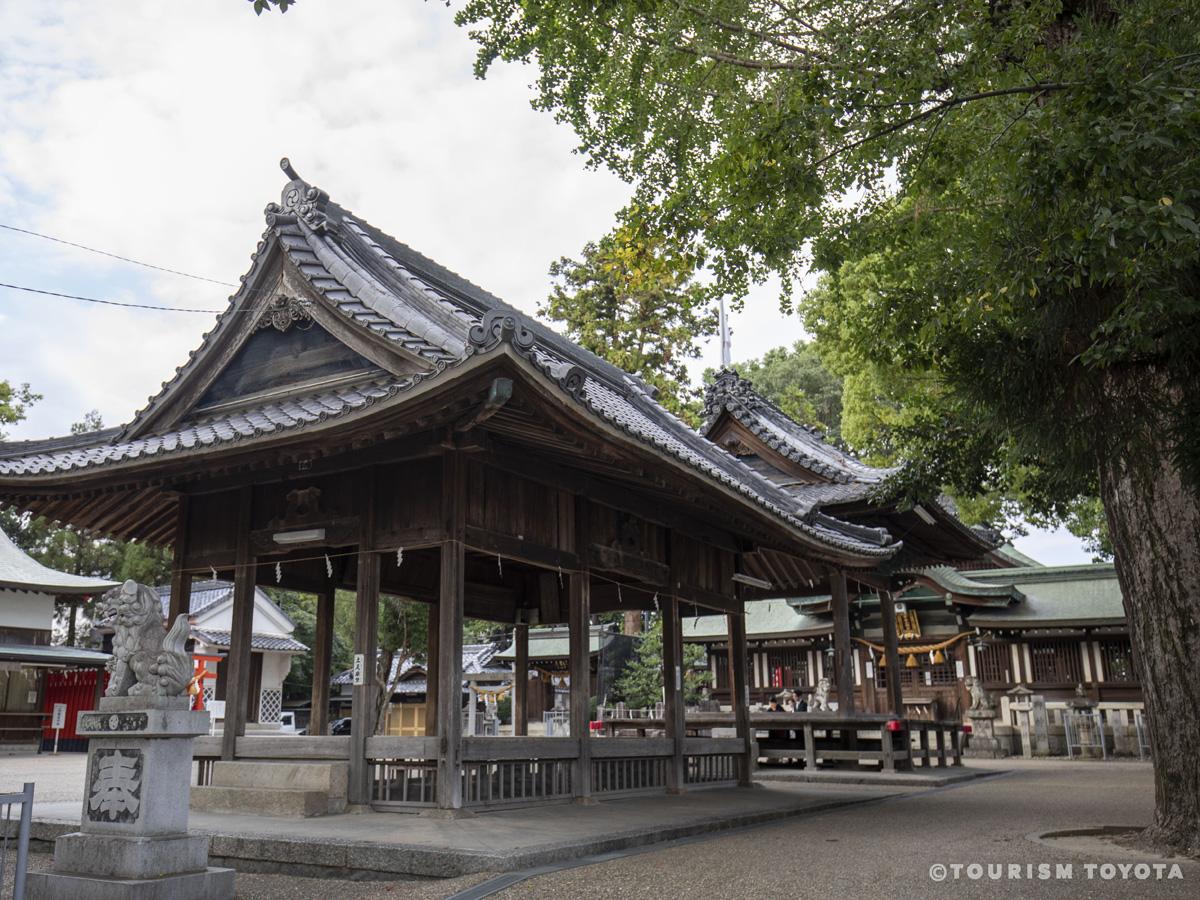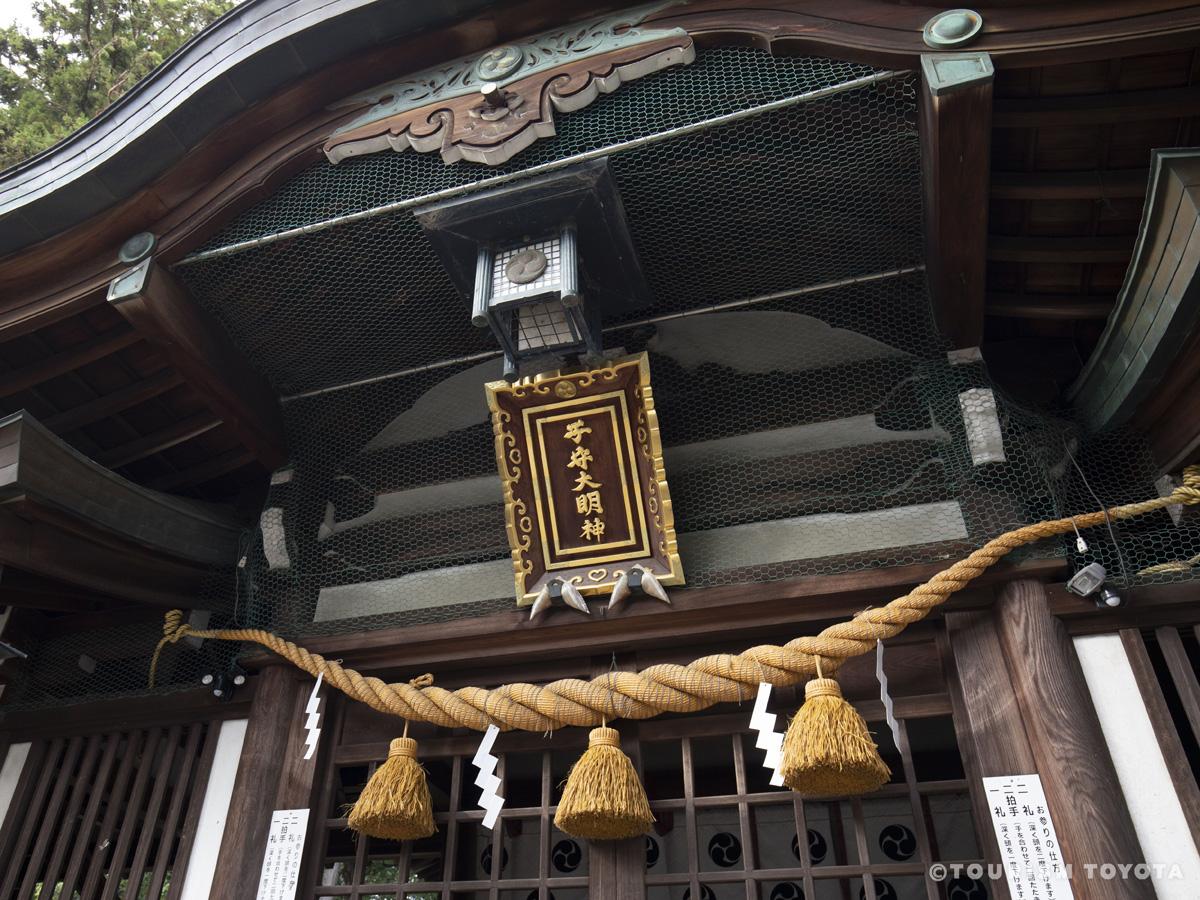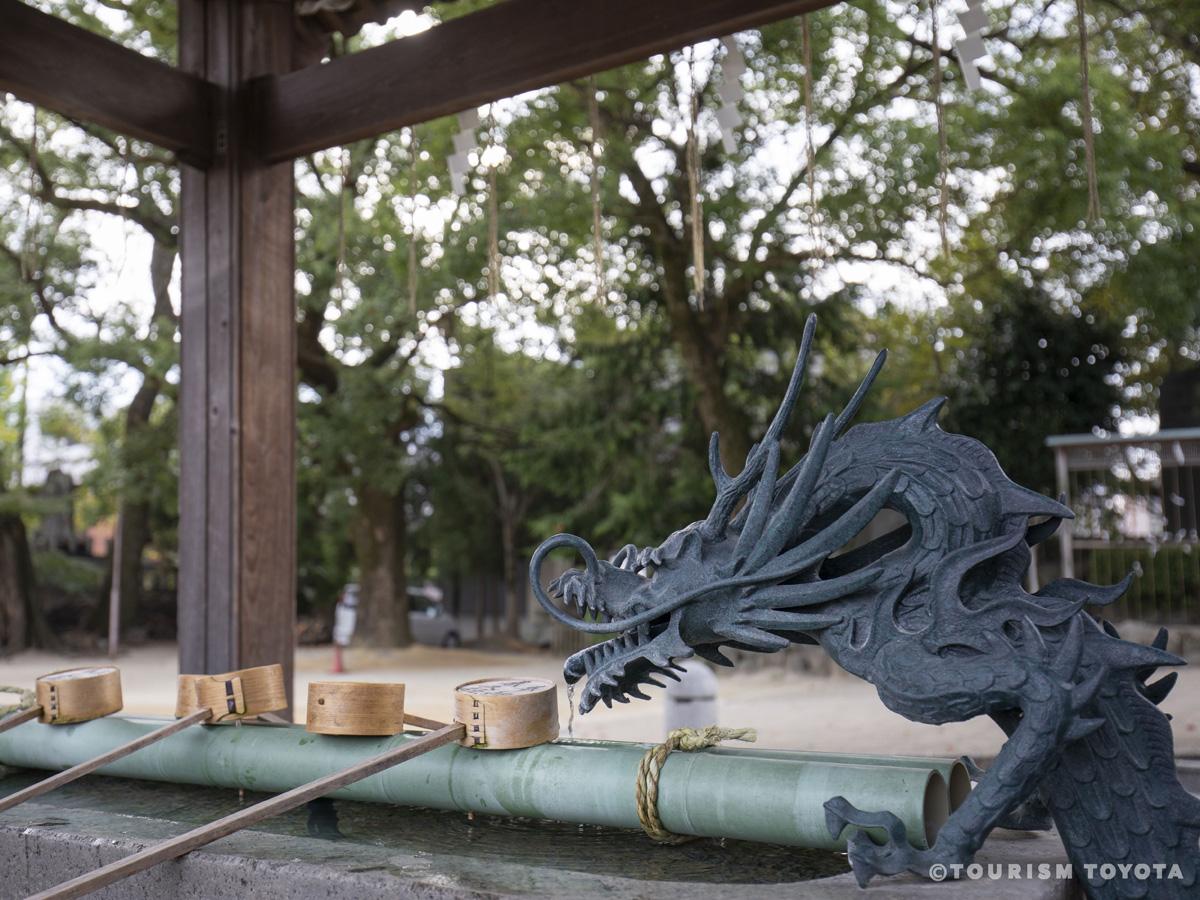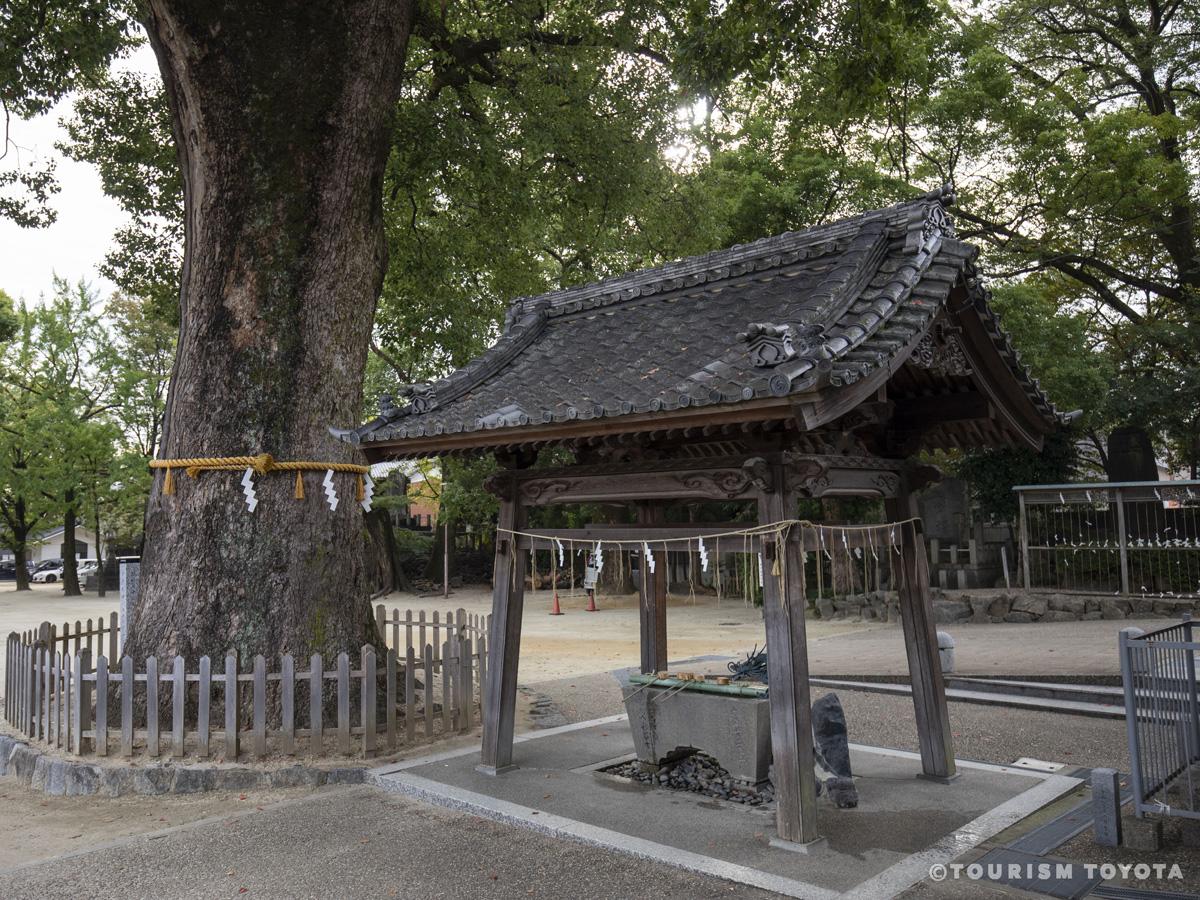Koromo-jinja Shrine
Koromo-jinja Shrine
Koromo-jinja Shrine in central Toyota has played a significant role in the spiritual and social lives of residents for centuries. The shrine is believed to have been established in the twelfth century. It was patronized by the local daimyo lords and revered by their subjects throughout the Edo period (1603–1867). Though frequented by worshipers year round, it is busiest during the annual Koromo Festival, when giant floats are displayed on the shrine grounds and paraded through the city.
According to legend, Koromo-jinja Shrine’s predecessor was founded by a samurai who received word that his master had died while passing through the area. The warrior decided to relinquish his duties and live out his life in peace and quiet. He built a shrine to Mikumari, the goddess of water, because this deity was worshiped at his home in Yoshino (present-day Nara Prefecture) and because his new shrine stood next to a river. Throughout Japan, veneration of Mikumari was often complemented by worship of Komori, the guardian of children, perhaps because the two names sound somewhat similar. The shrine takes its name from the Koromo domain, the old name for Toyota and the rest of the eastern part of present-day Aichi Prefecture.
Koromo-jinja Shrine is still affiliated with the Komori deity and functions as a protector of children. Many people bring their children to the shrine for rituals such as miyamairi, a rite of passage for newborns, and shichi-go-san, a celebration of the growth and health of children aged three, five, and seven. In addition to the main shrine, there are sub-shrines for deities including Inari, the god of rice, agriculture, and prosperity; Tenjin, the patron of scholarship and the arts; and Akiba, the deity of fire.
The flamboyant Koromo Festival takes place at the shrine only once a year, on the third weekend of October, but there is a smaller monthly festival that originally celebrated Yakushi, the Buddha of medicine and healing. On the eighth day of the month, vendors dealing in potted plants, clothing, daily essentials, and food and drink set up more than 100 stalls on the shrine grounds.
Annual Events
Koromo Festival (Koromo Matsuri) (third Sunday of October and the Saturday before)
Ever year, the main festival is held on the third Sunday of the month, while a pre-event is held on the preceding Saturday. Highlights include watching dashi parade floats parade around town as confetti dances in the air, the shichido-mairi (a procession that passes the shrine 7 times), and the gathering of the dashi at the shrine. Carried on from the late Edo period to the present, this is one of the Mikawa area’s foremost festivals.
Grass Ring Purification Ritual (Chinowa-Kuguri) (July)
A traditional ritual called chinowa-kuguri (passing through a large ring made of woven grass) is performed. Chinowa-kuguri is a ritual to pray for the purification of body and spirit. Participants are blessed with a ceremonial instrument made from reeds, and legend says that those who pass through the ring of woven grass will be purified of sins and impurity from the past year, granting sound health for the year and a happy and healthy summer.
Basic Information
| Address | 〒471-0023 5-1 Koromo-cho, Toyota-shi |
|---|---|
| Cost | Free admission |
| Business hours | Open all day |
| Closed | Open every day |
| Directions by public transportation | [From Nagoya] • From Higashiyama Subway Line Nagoya Sta., transfer at Fushimi Sta. to the Tsurumai Subway Line, then transfer to the Meitetsu Toyota Line at the shared Akaike Sta., alight at Meitetsu Toyota-shi Sta. and continue on foot for 10 min. • From Meitetsu Nagoya Sta., transfer at Chiryu Sta. to the Meitetsu Nagoya Main Line, alight at Meitetsu Toyota-shi Sta. and continue on foot for 10 min. • From JR Nagoya Station, transfer at Kozoji Sta. to the JR Chuo Main Line, alight at Aichi Loop Railway Shin-Toyota Sta. and continue on foot for 10 min. |
| Directions by car | 15 min. from the Tomei Expressway Toyota Interchange via National Route 155 and 153 |
Area Information
Recommended Spots
-

Lake Mikawa
Shimoyama-Area
Many people come to see the lake’s seasonal beauty. You can drive around the lake’s 16-km…

-
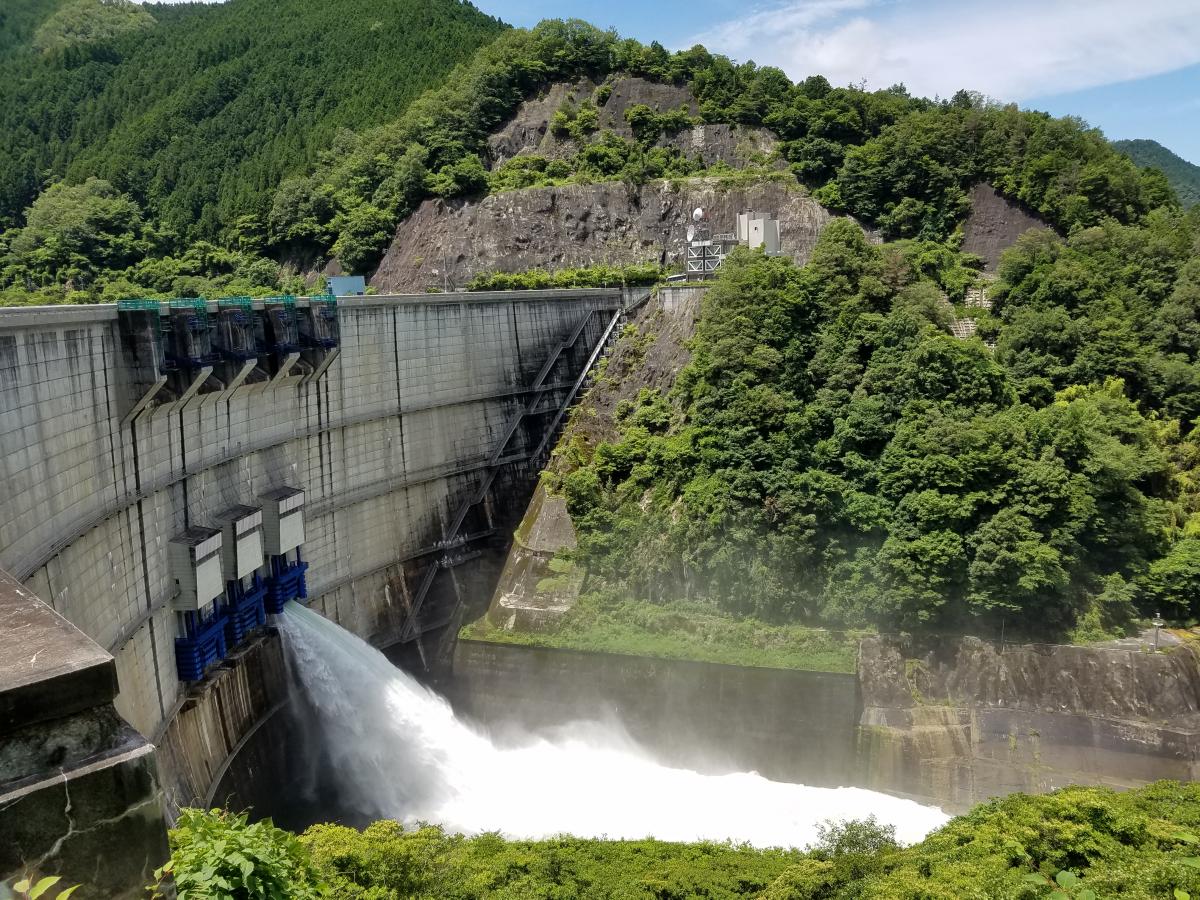
Yahagi Dam
Asahi-Area
Yahagi Dam is an arched concrete dam that embanks the Yahagi River, creating Oku Yagahi L…

-
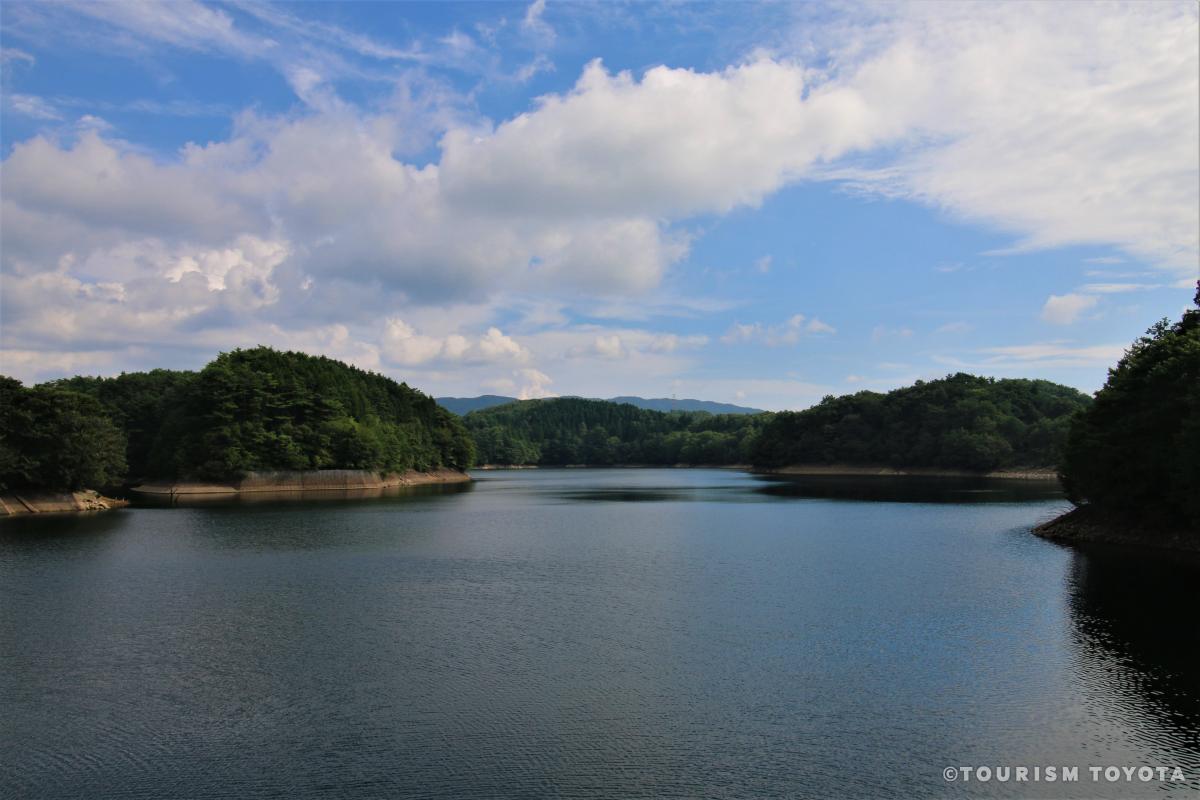
Kuroda Dam
Inabu-Area
Kuroda Dam is a concrete gravitational power generation dam along the City of Toyota's Ku…

-
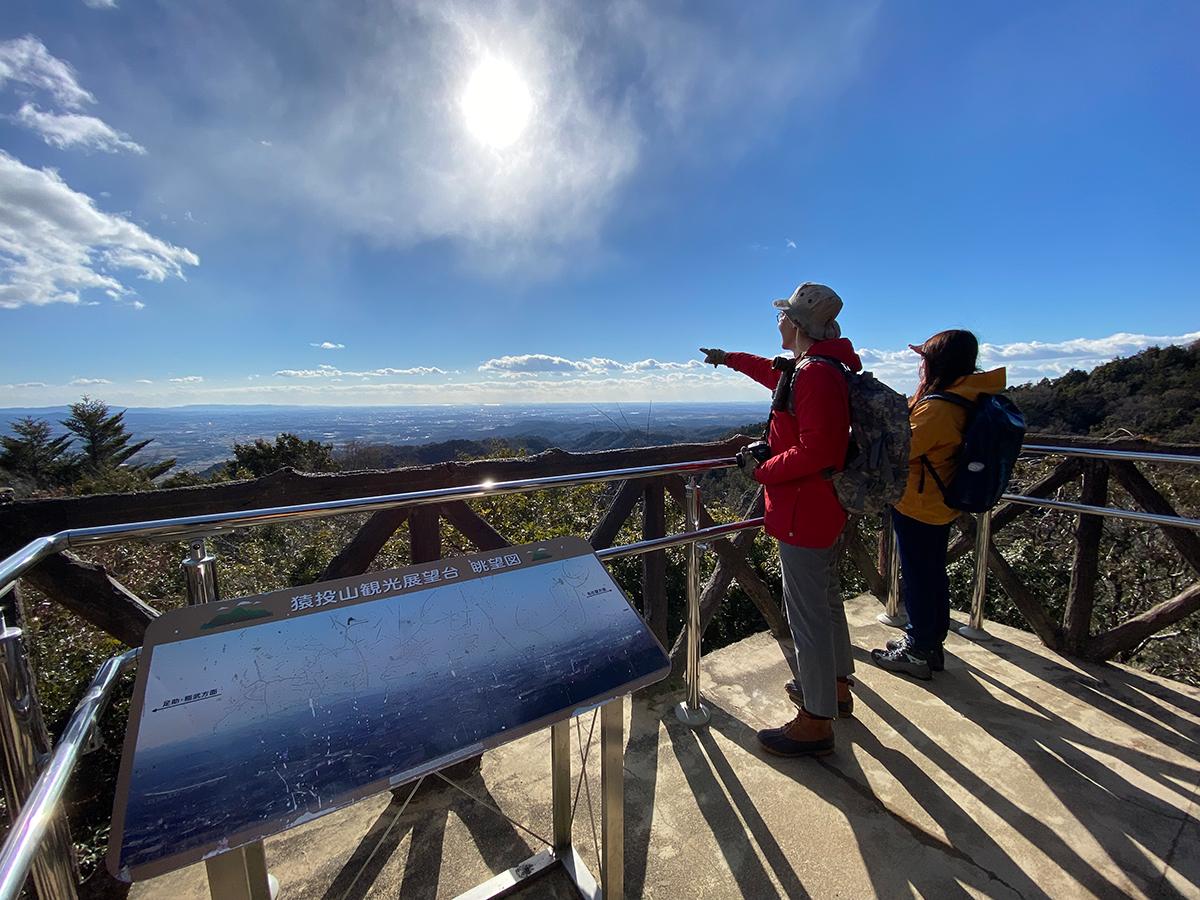
Mt. Sanageyama
Toyota-Area

-
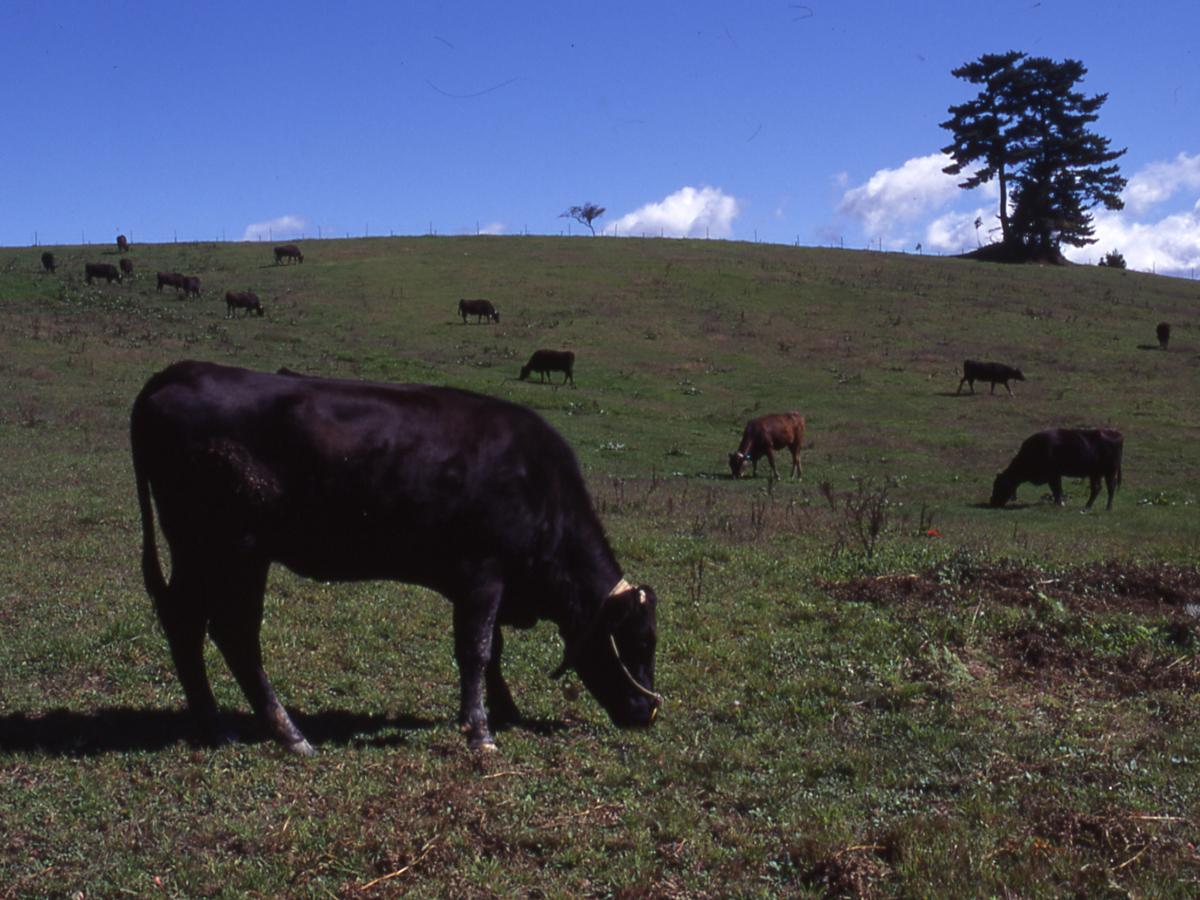
Mikawa Plateau (Mikawakougen)
Shimoyama-Area
Mikawakougen is a gently sloping plateau with an altitude of 600 meters near the center o…

-
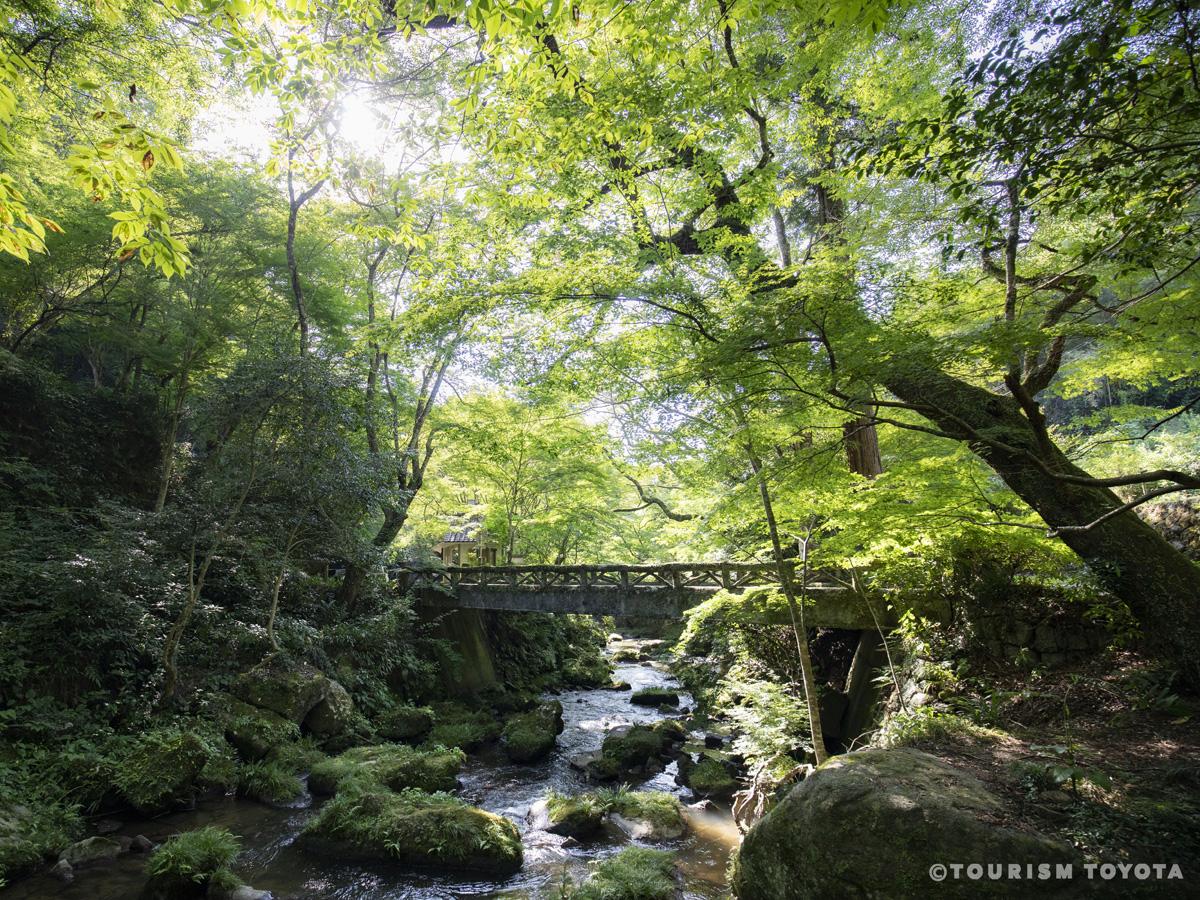
Otaki Gorge
Matsudaira-Area


-
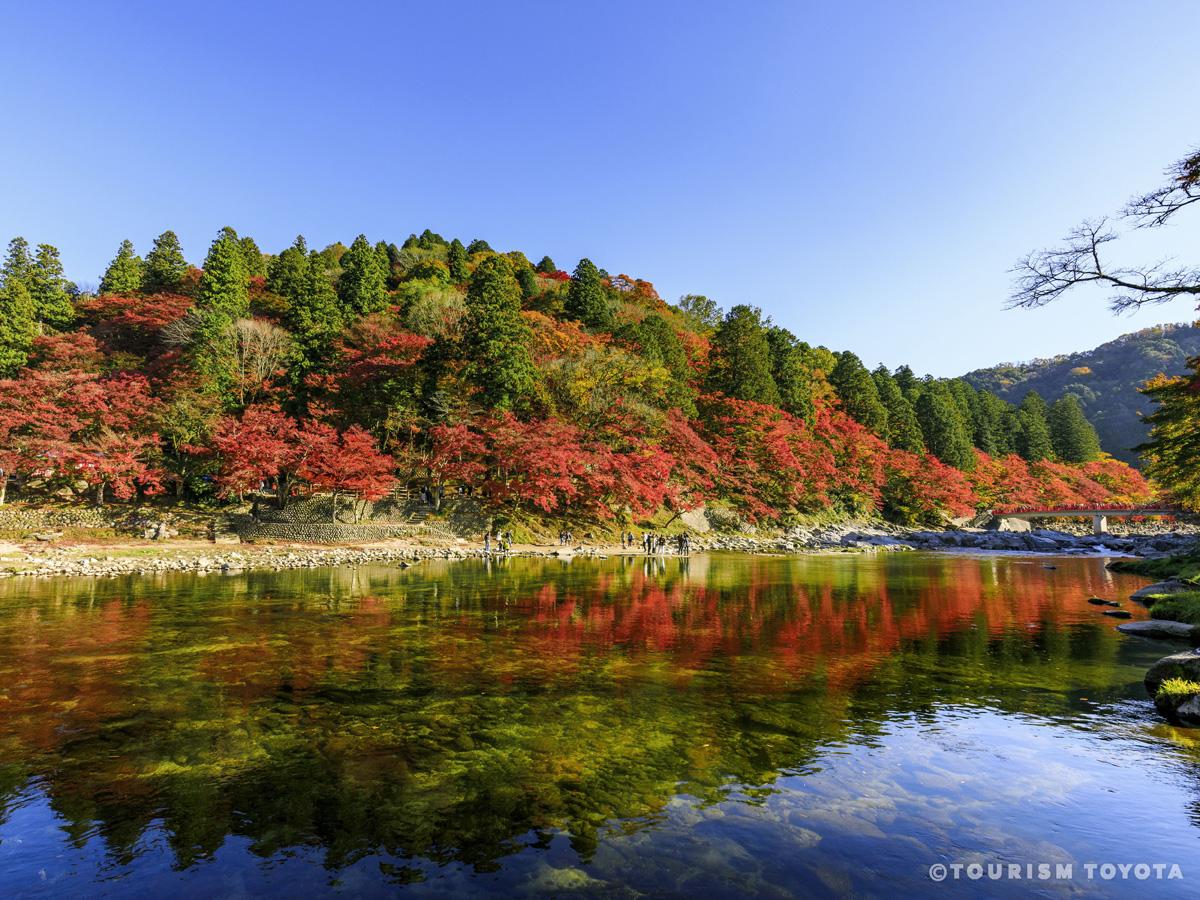
Korankei Gorge
Asuke-Area
Korankei Gorge is famous as a location for fall foliage. The best time to see the foliage…




-
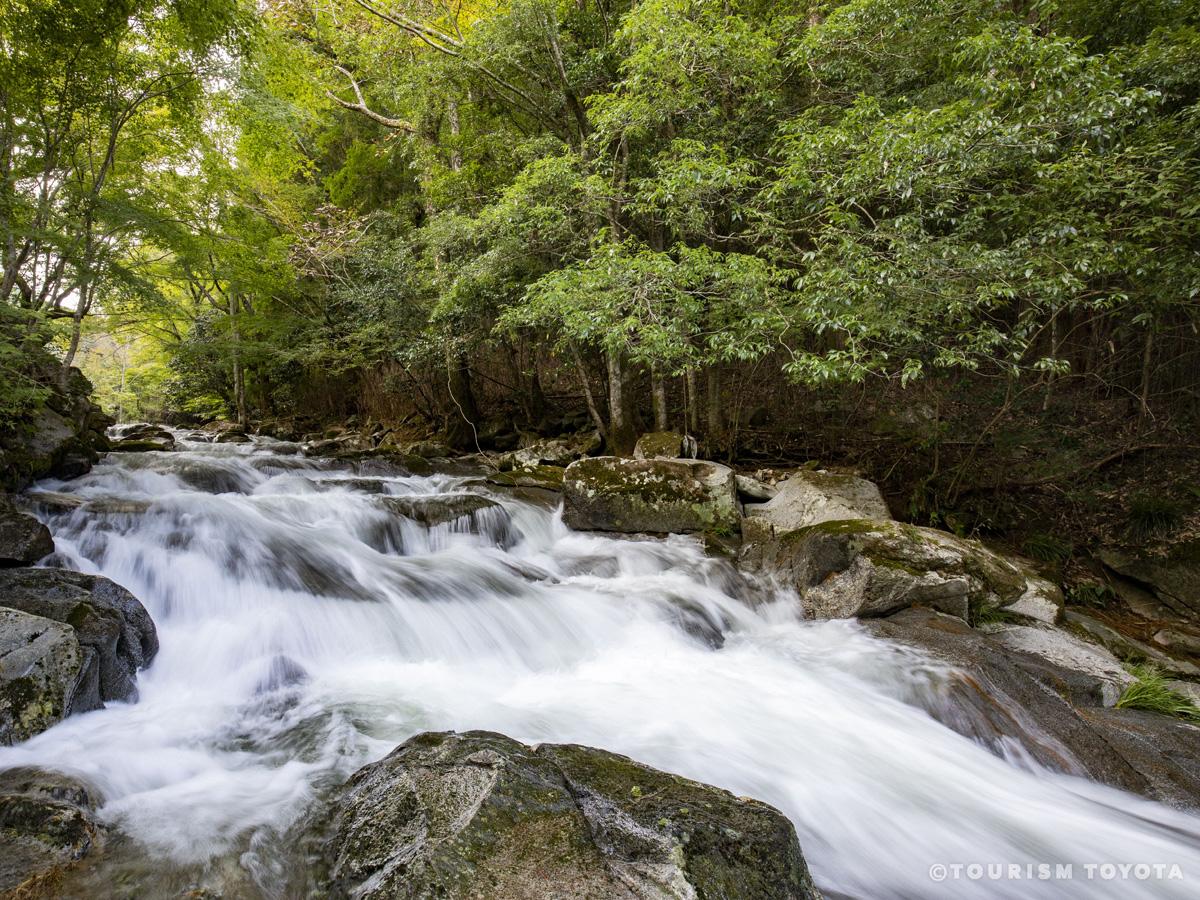
Hodo no Nanataki Waterfall
Shimoyama-Area
Hodo no Nakataki Waterfall is located on a tributary of the Nohara River. Stretching for …

-
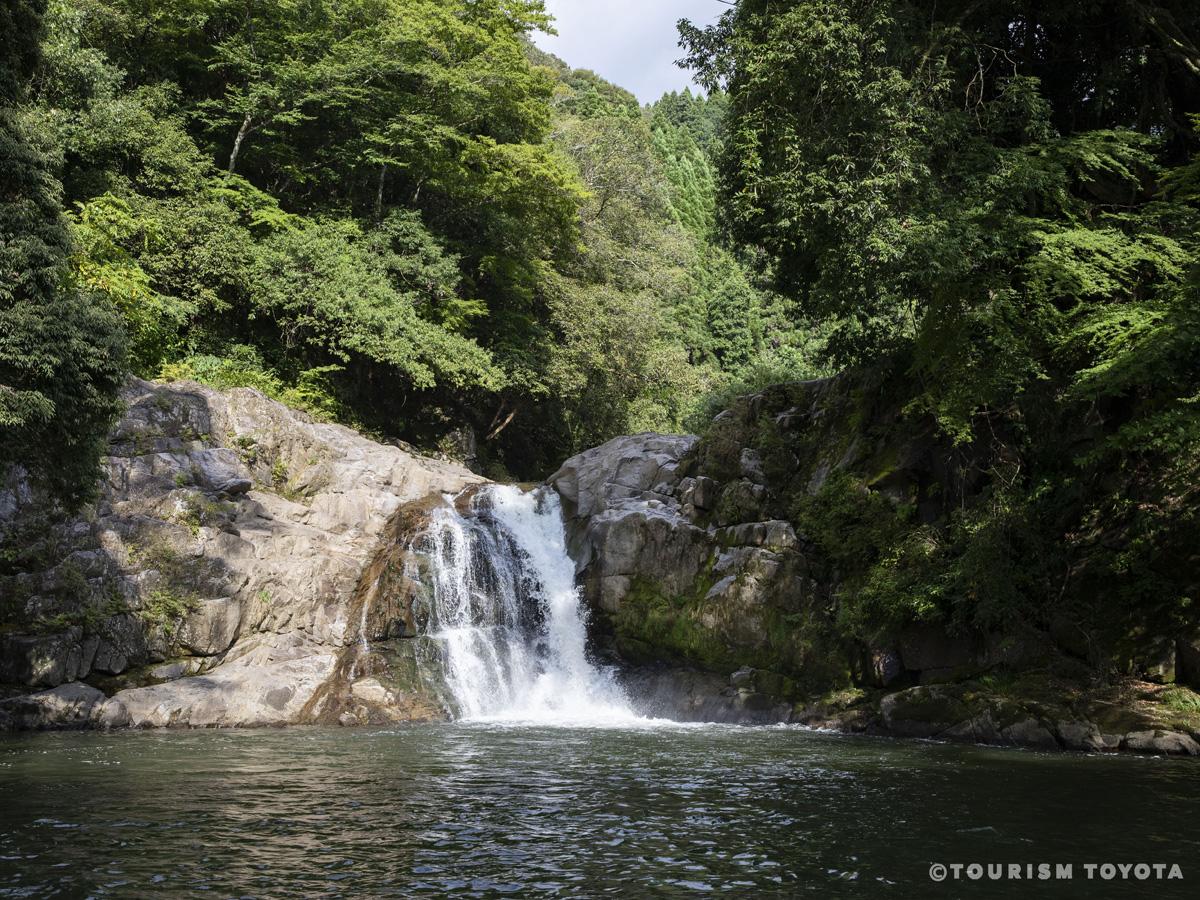
Oshikawa Waterfall
Inabu-Area
Oshikawa Waterfall is a calming spot where you can enjoy the rushing sound of water falli…

-
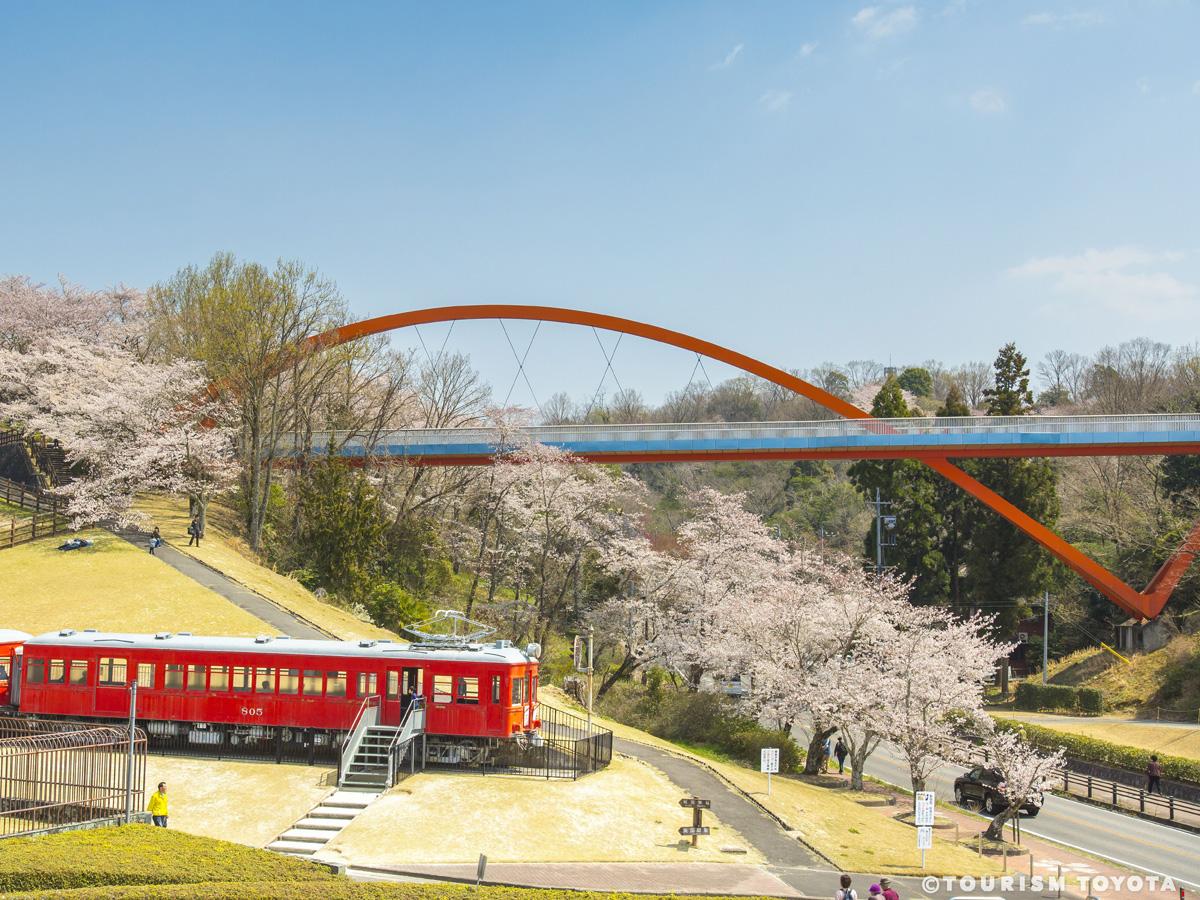
Kuragaike Park
Toyota-Area




-
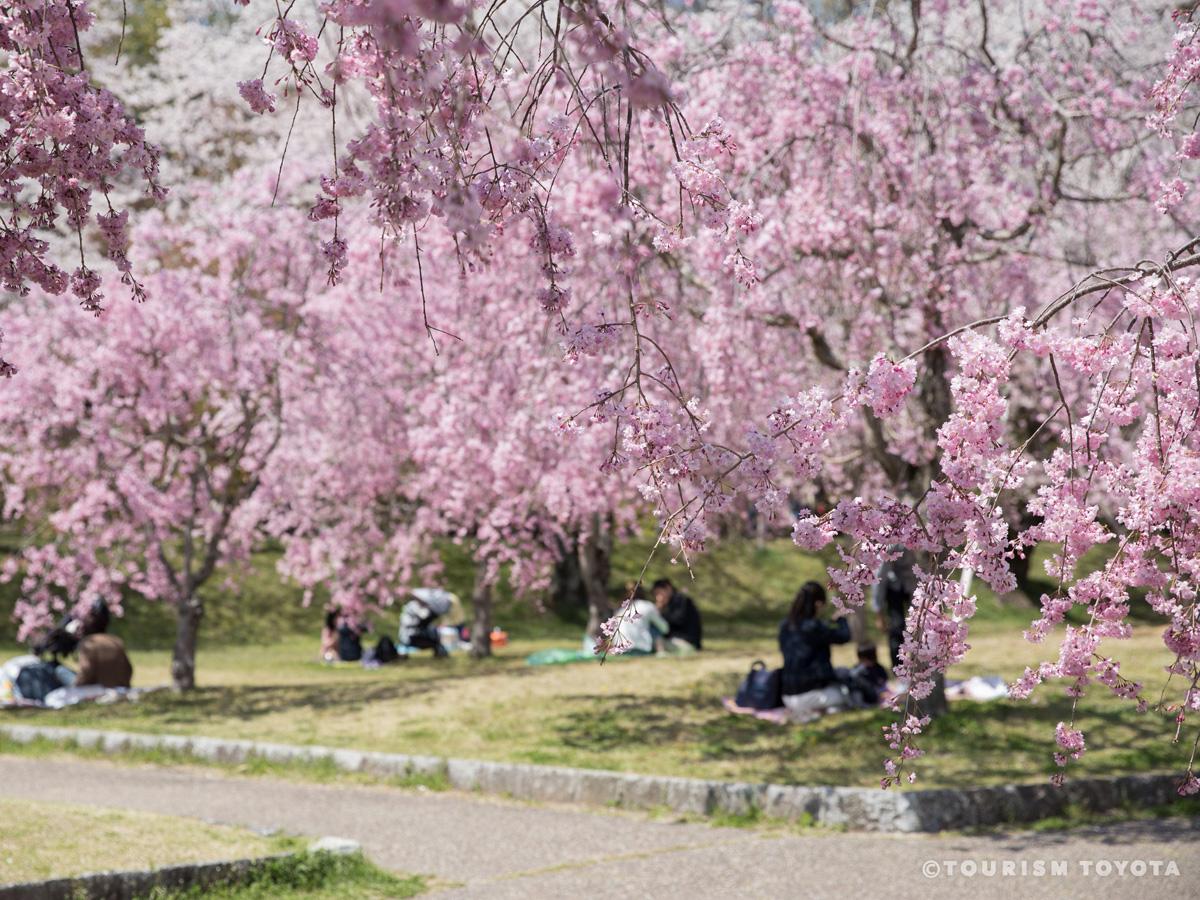
Suigen Park
Toyota-Area
Stretching out along the Yahagi River, it is one of the city’s most famous spots for cher…
-
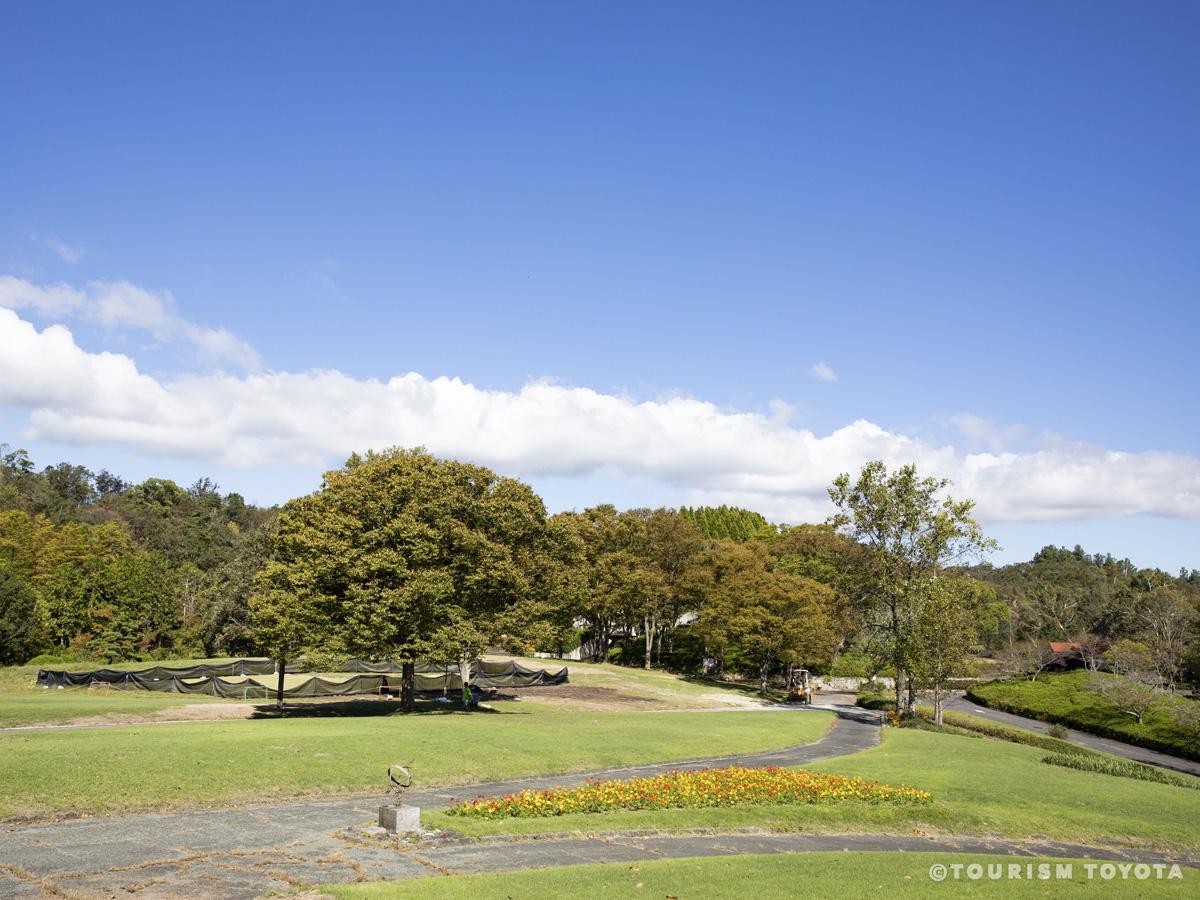
Aichi Prefectural Greenification Center
Fujioka-Area
A facility filled with a variety of gardens such as Japanese gardens and rock gardens whe…

-
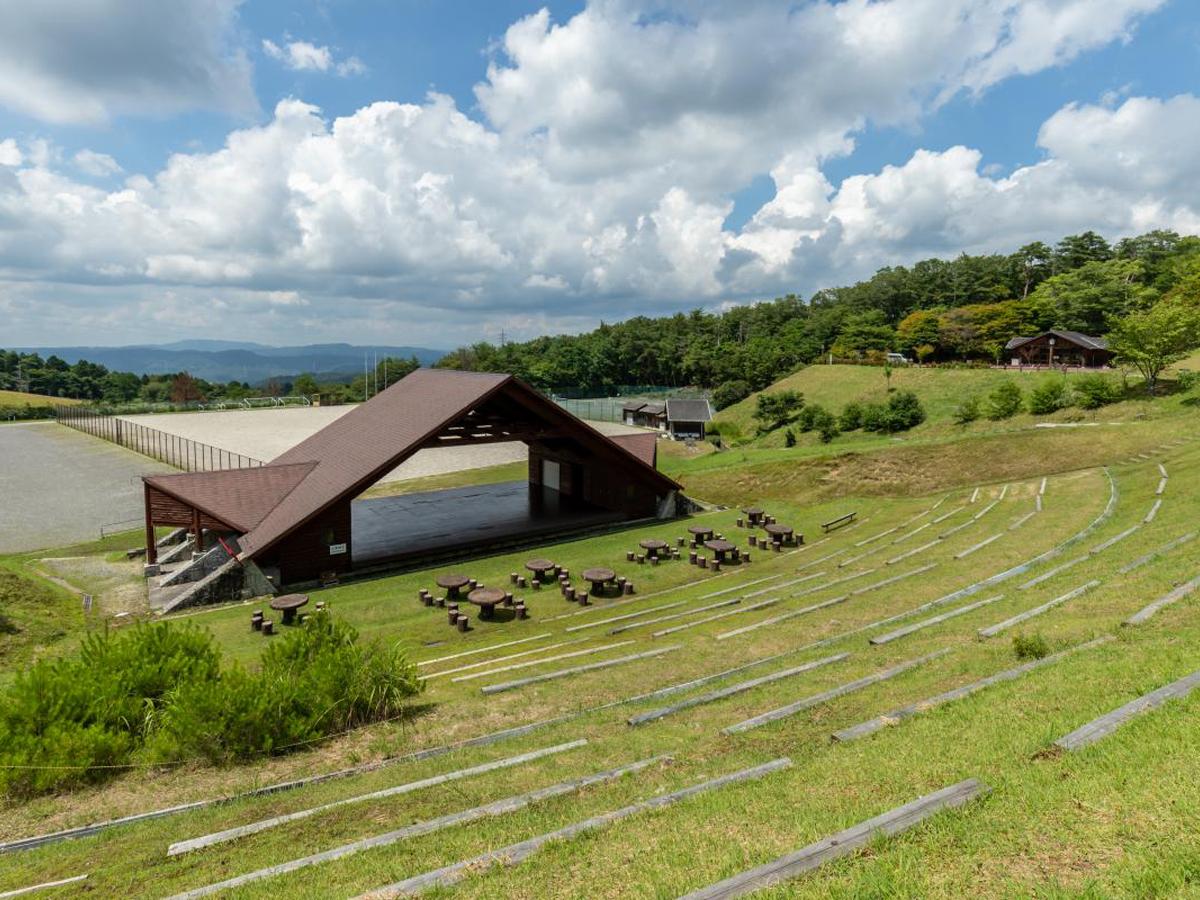
Asahi Nature Highland (Asahi Kogen Genki-Mura)
Asahi-Area
A multipurpose leisure facility on a highland elevation of 650 m. Enjoy various activitie…

-
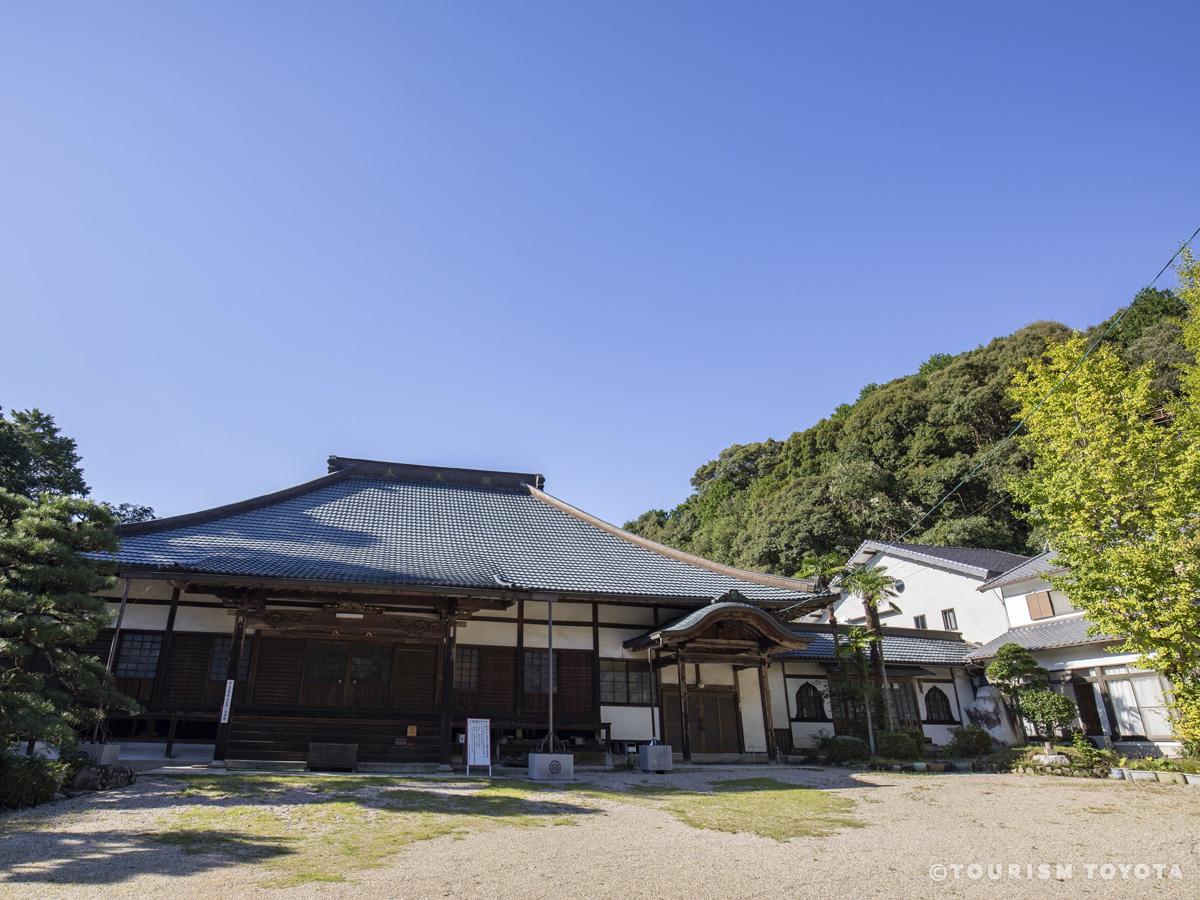
Daihiden Toshoji Temple
Toyota-Area
Daihiden Toshoji is a Soto Zen temple located approximately 300 meters northeast of the m…

-
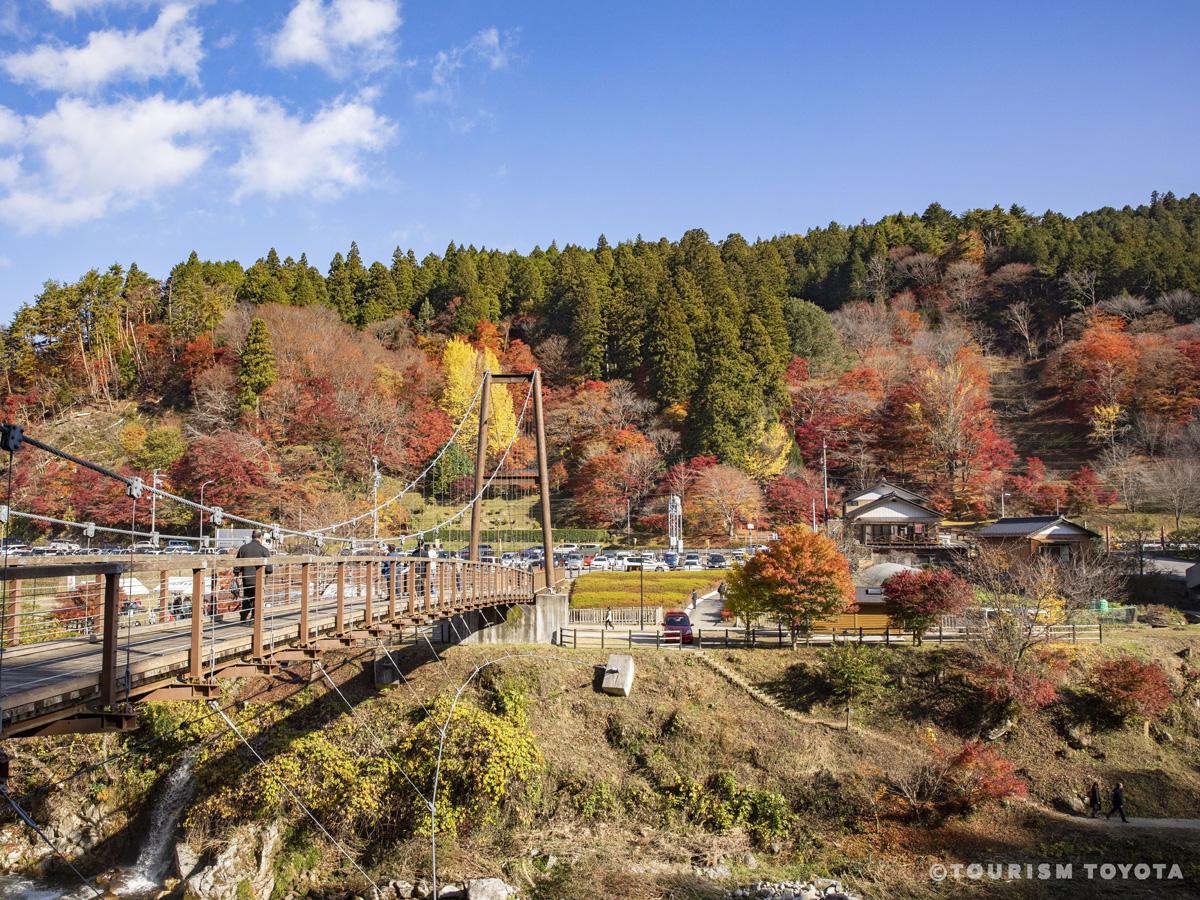
Oidaira Park
Inabu-Area
Oidaira Park was created by the local Furuhashi clan, where they created a small school f…


-
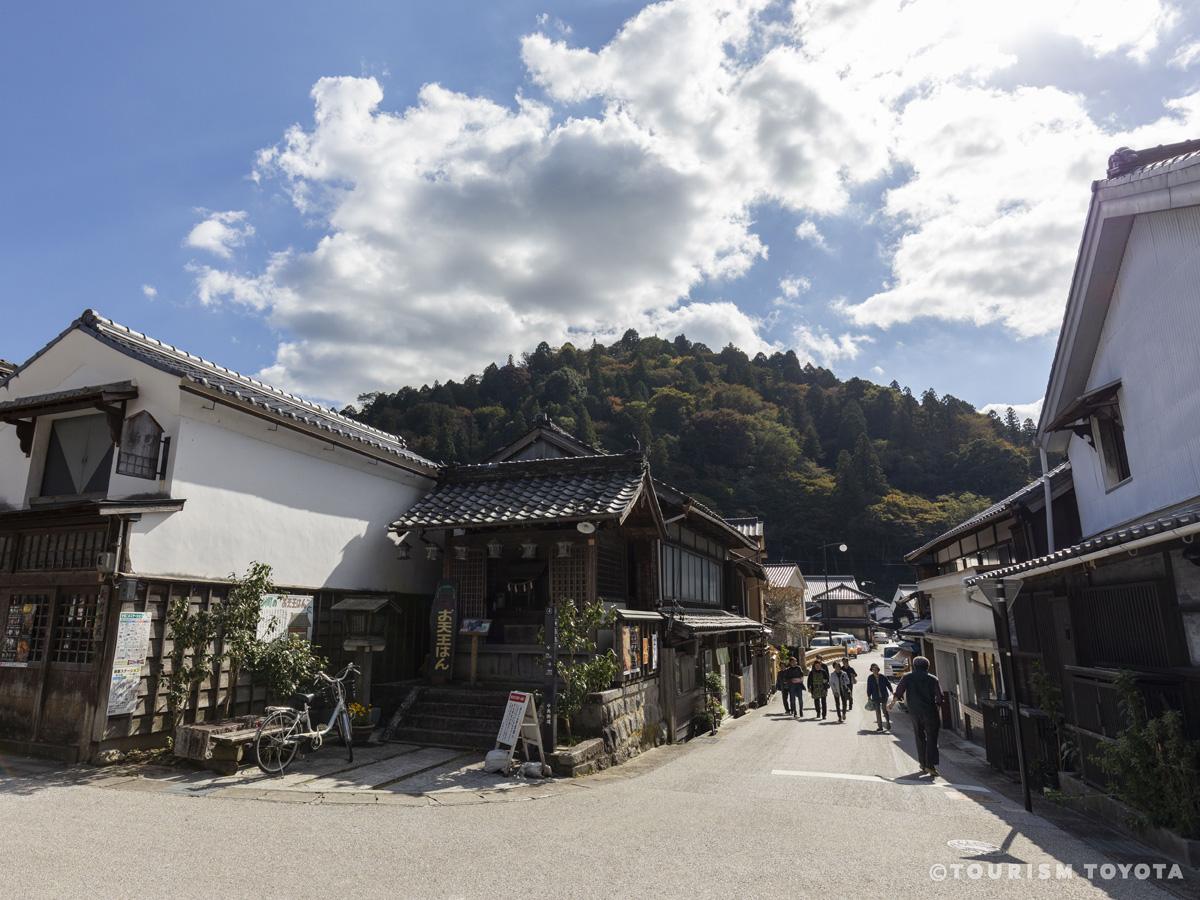
Asuke Townscape (Important Preservation District of Historic Buildings)
Asuke-Area
The basic pattern of the Asuke Townscape (Important Preservation District of Historic Bui…
-
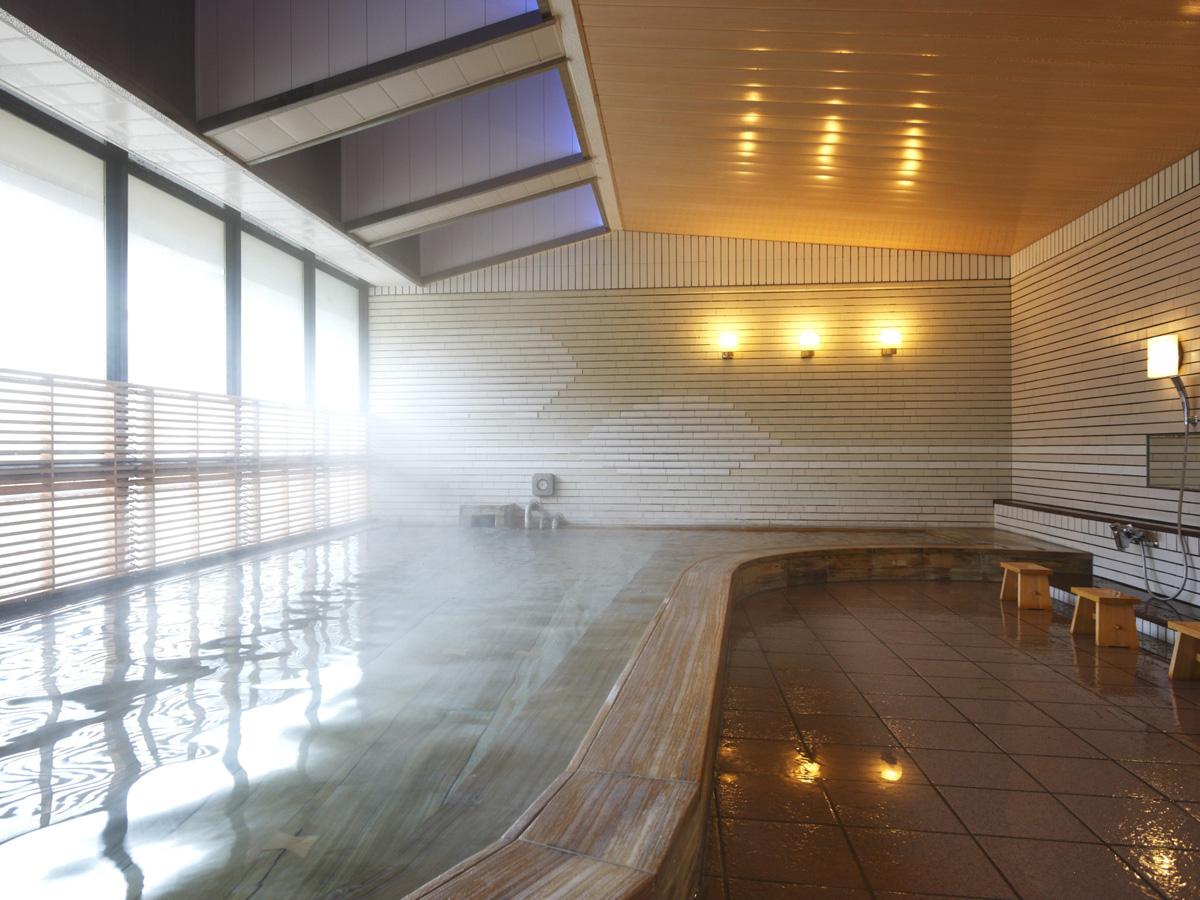
Sanage Onsen Resort
Toyota-Area
Sanage Onsen is Aichi Prefecture's largest natural radon hot spring. The hot spring water…
-
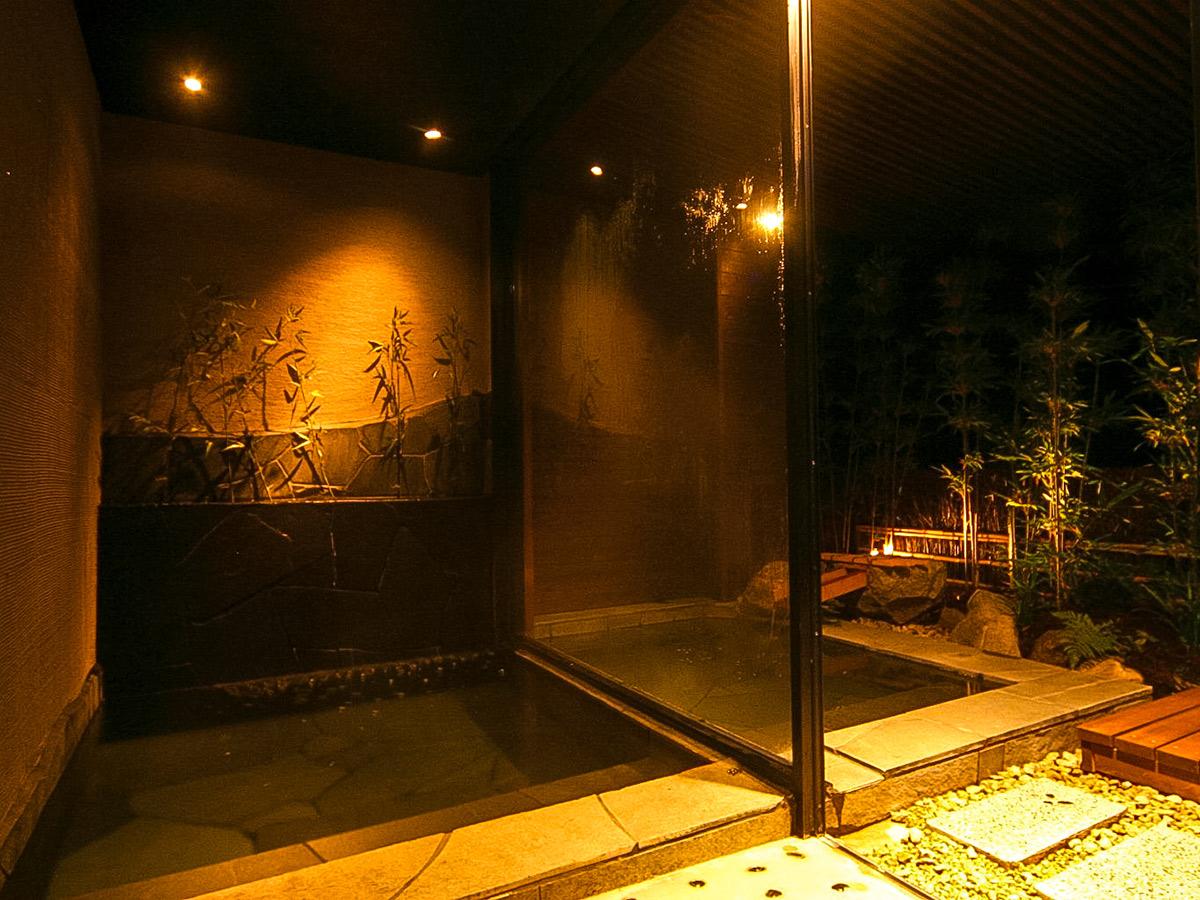
Shirasagi Onsen Resort
Asuke-Area
The sulphur spring water is good for beautiful skin. The large scenic bath has views of T…
-
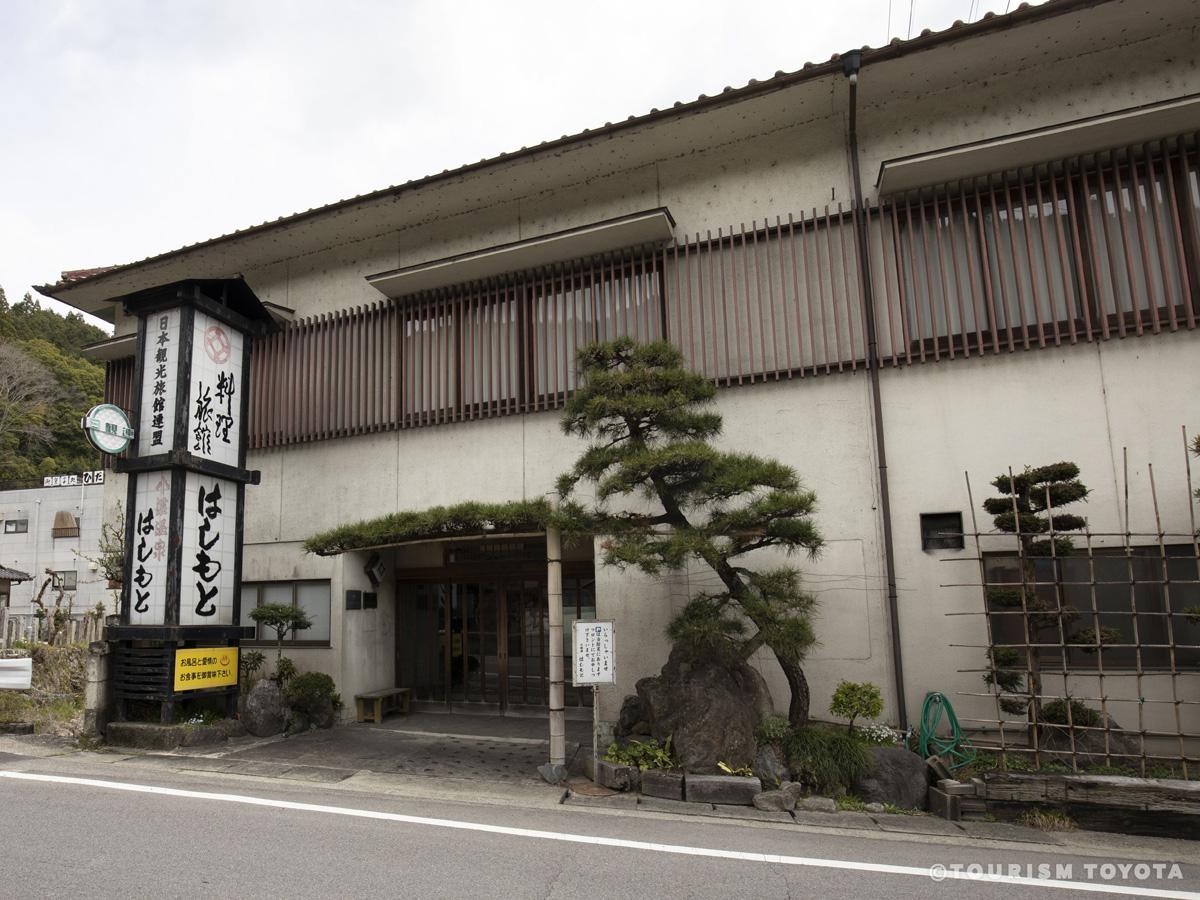
Odo Onsen Resort
Asahi-Area
Odo Onsen Hot Spring's main attraction is the radon bath. It can help ease rheumatism, ne…
-
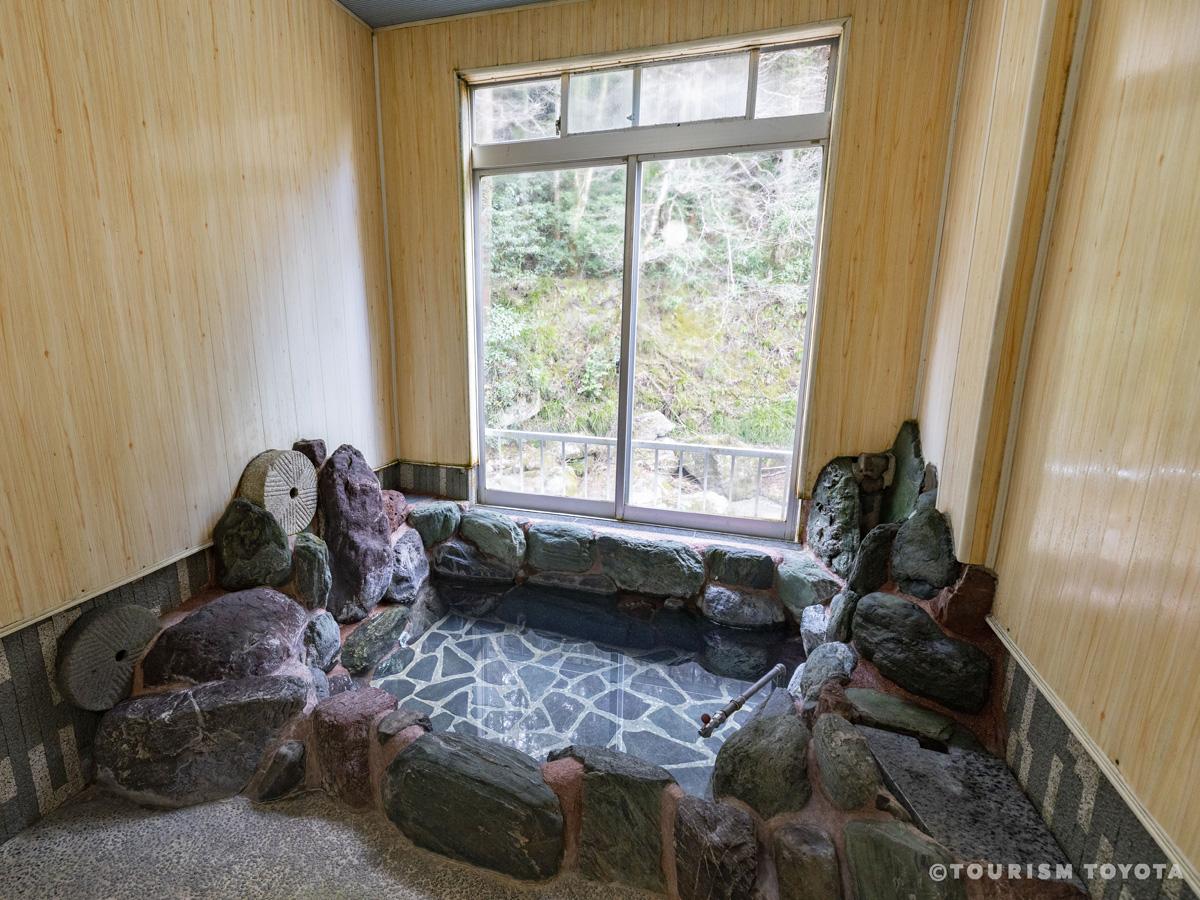
Sakakino Onsen Resort
Asahi-Area
Along with Odo Onsen Hot Spring and Sasado Onsen Hot Spring, Sakakino Onsen Hot Spring is…
-
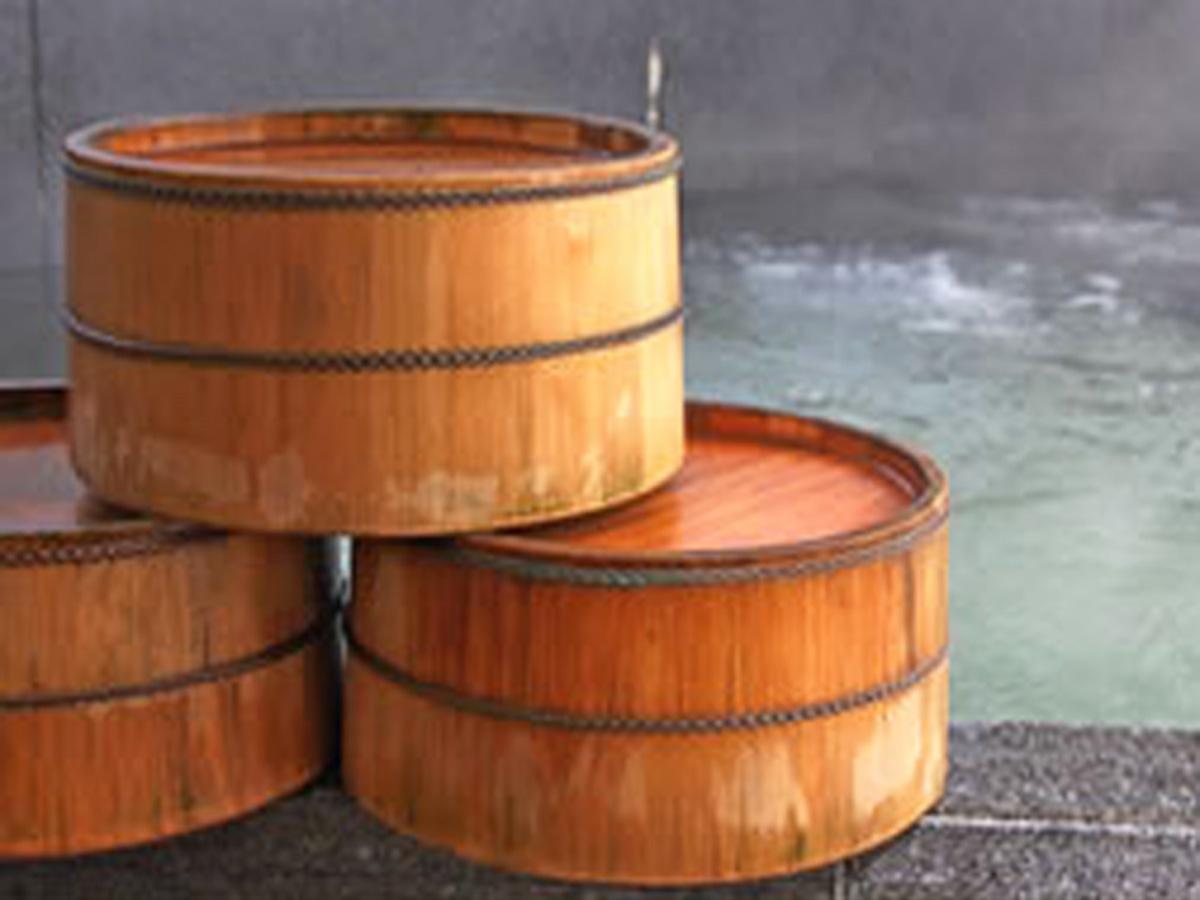
Sasado Onsen Resort
Asahi-Area
Discovered in the Muromachi Period over 600 years ago, Sasado Onsen Hot Spring is Aichi P…
-
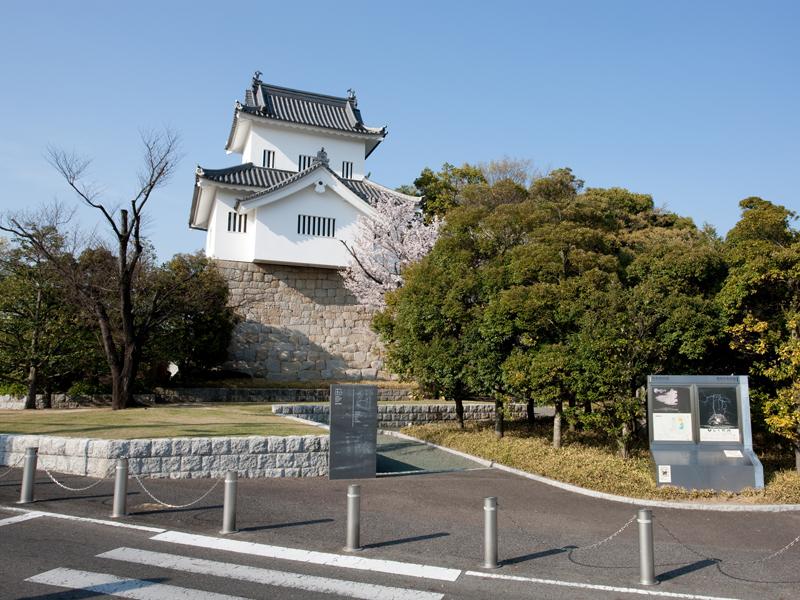
Shichishu Castle Site
Toyota-Area
-
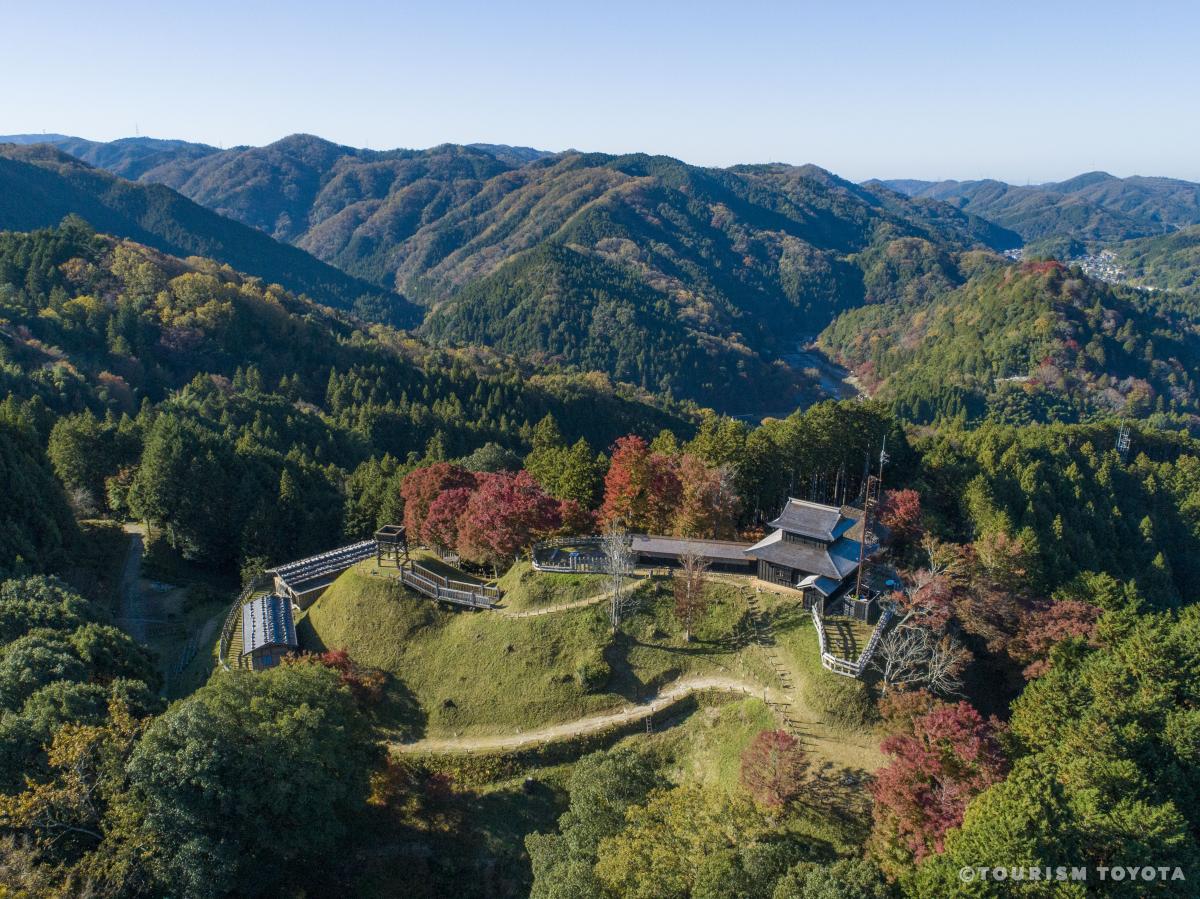
Asuke Castle
Asuke-Area
Located atop Mt. Mayumi-yama and at 301m above sea level, Asuke Castle offers a breathtak…
-
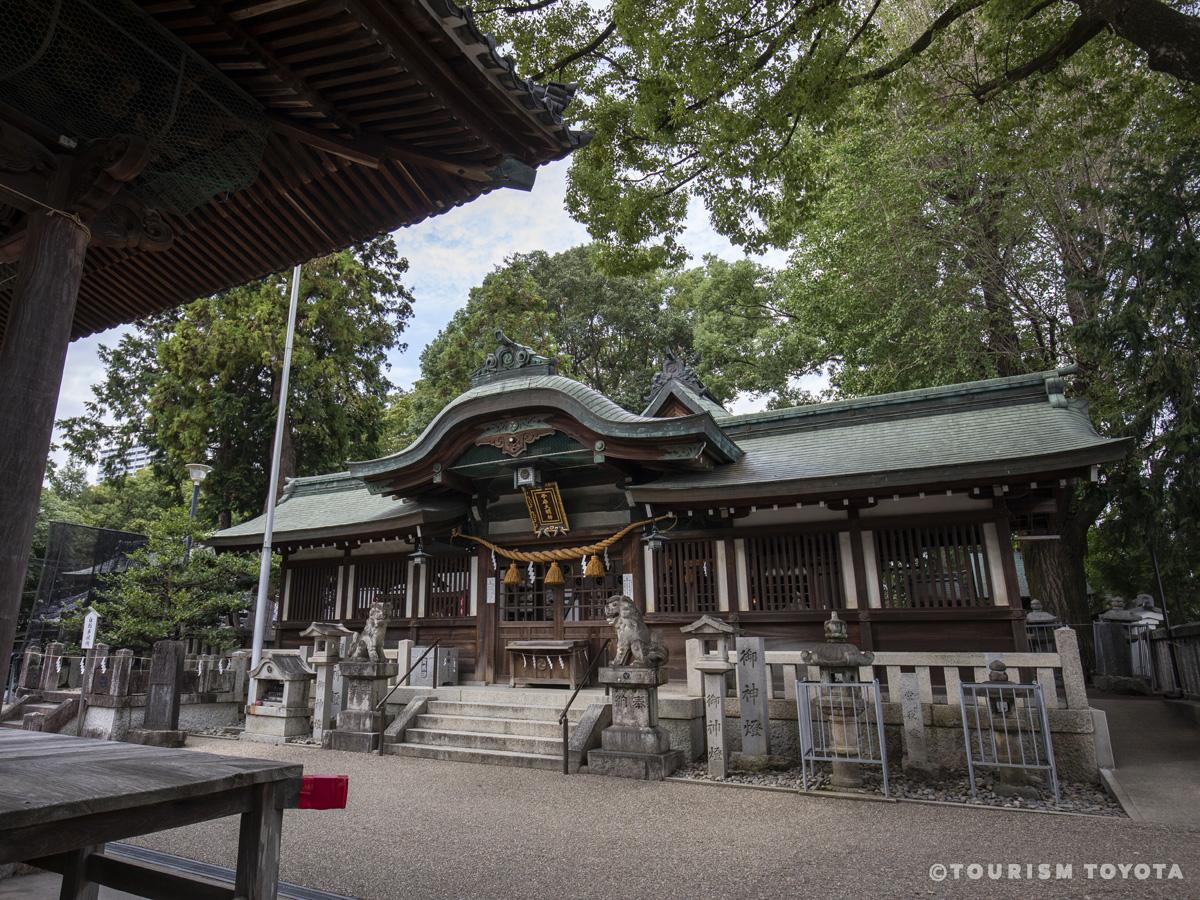
Koromo-jinja Shrine
Toyota-Area
-
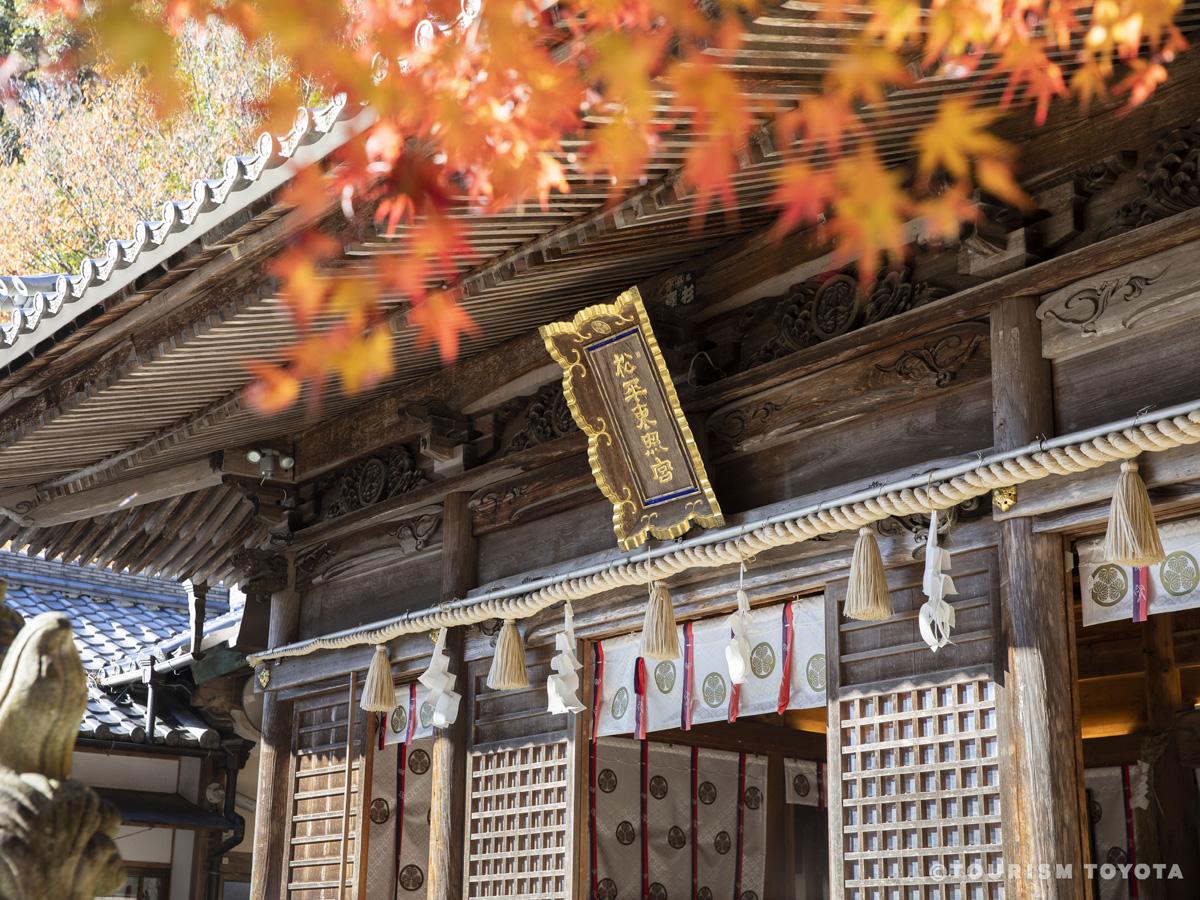
Matsudaira Toshogu Shrine
Matsudaira-Area


-
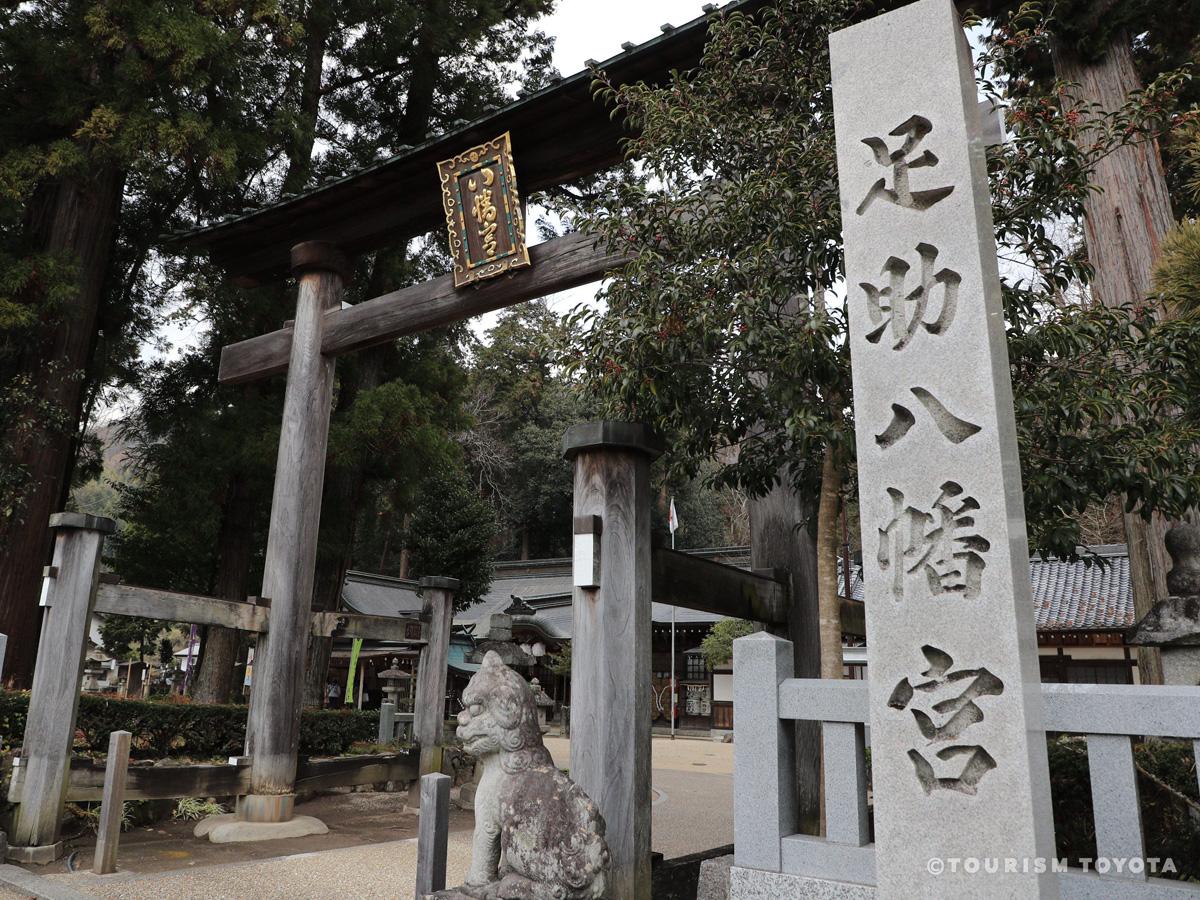
Asuke Hachimangu Shrine
Asuke-Area
It is said that the Asuke Hachimangu Shrine answers the prayers of people for healthier f…
-
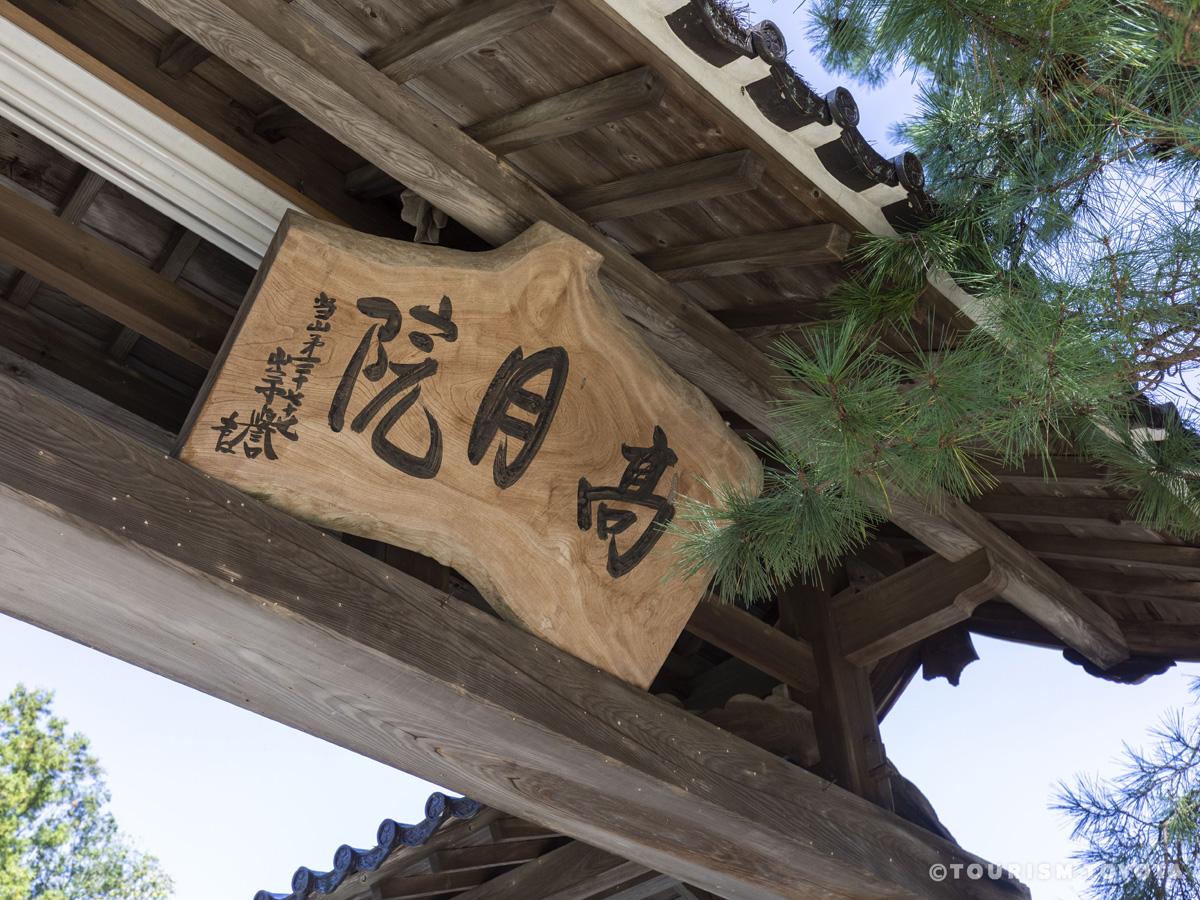
Kogetsuin Temple
Matsudaira-Area


-
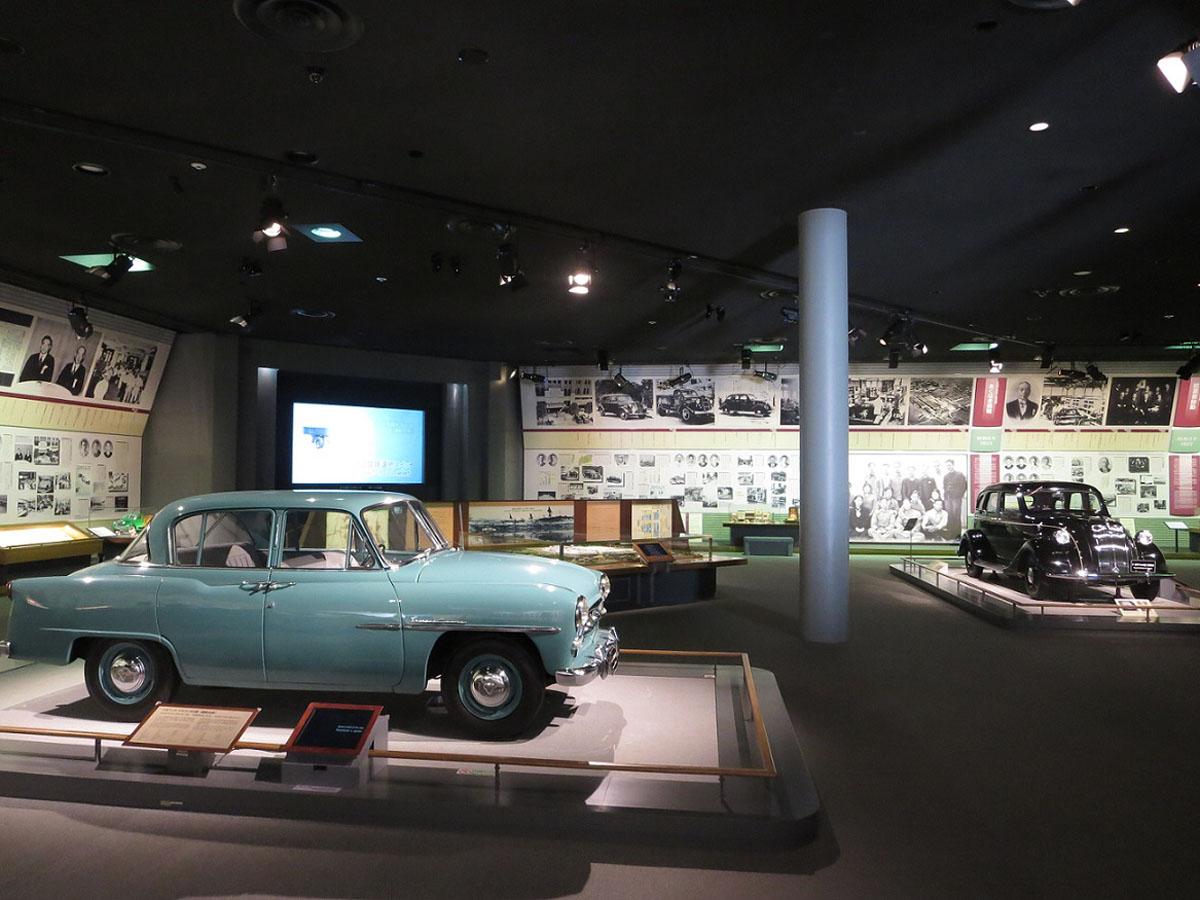
Toyota Kuragaike Commemorative Hall
Toyota-Area


-
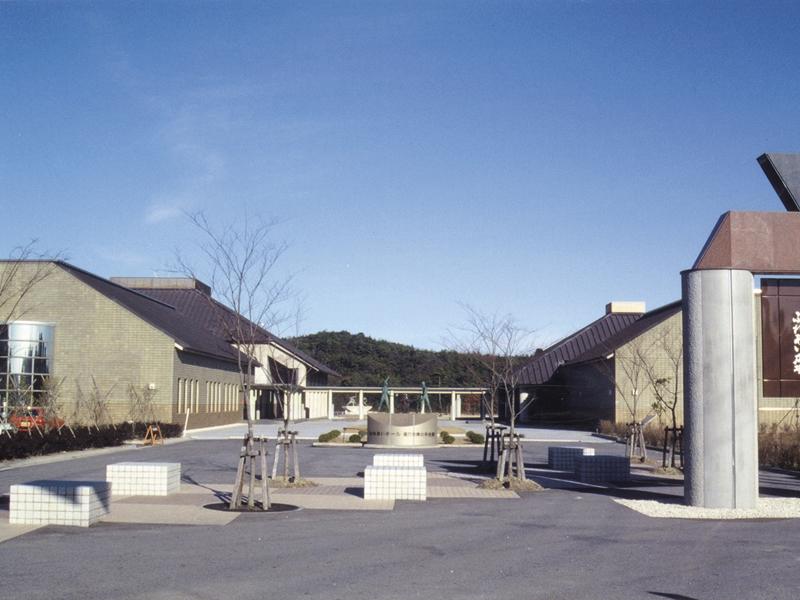
Toyota Bo-no-Te Kaikan Museum
Toyota-Area
An intangible folk cultural property designated by the prefecture, the bonote is a martia…
-
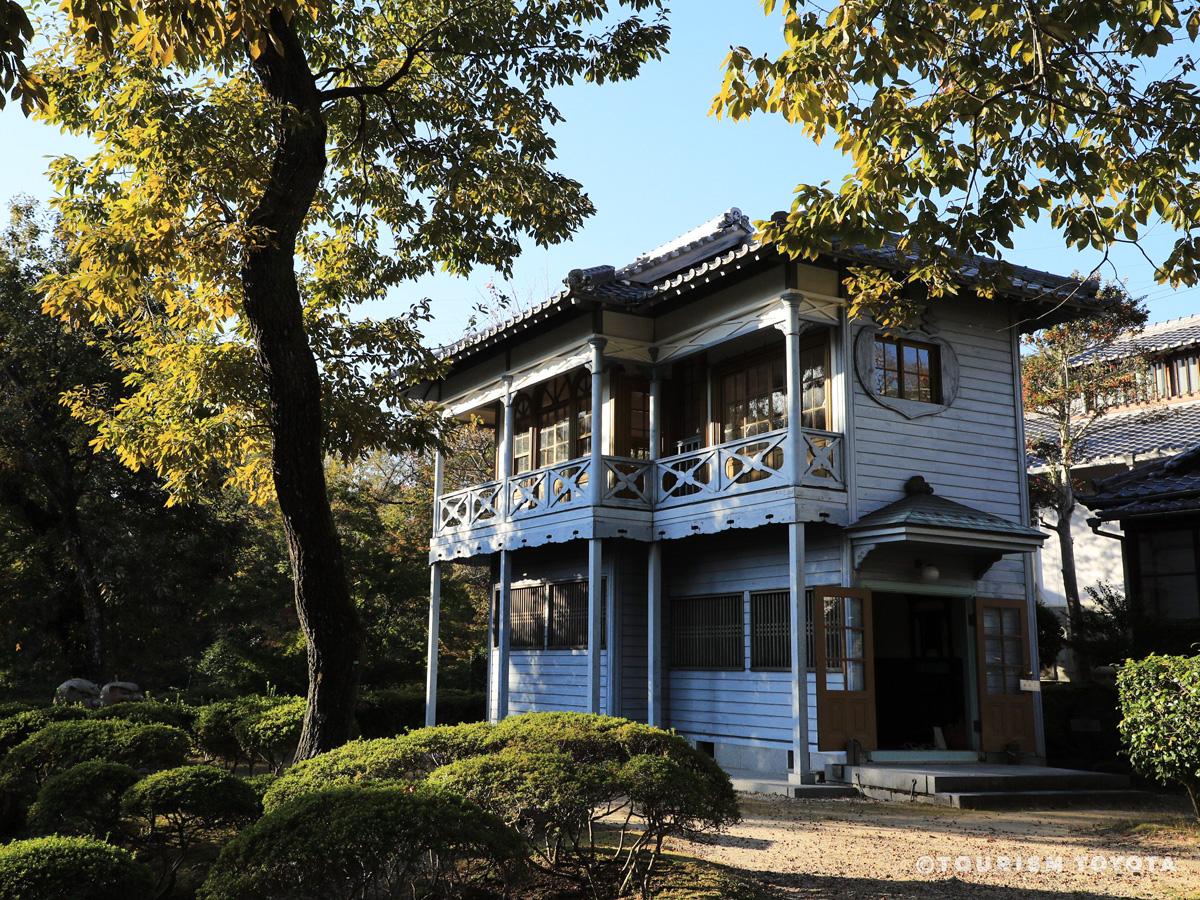
Toyota City Folk Craft Museum
Toyota-Area
Toyota City Folk Craft Museum is a facility that commemorates Shizuo Honda, a scholar of …
-
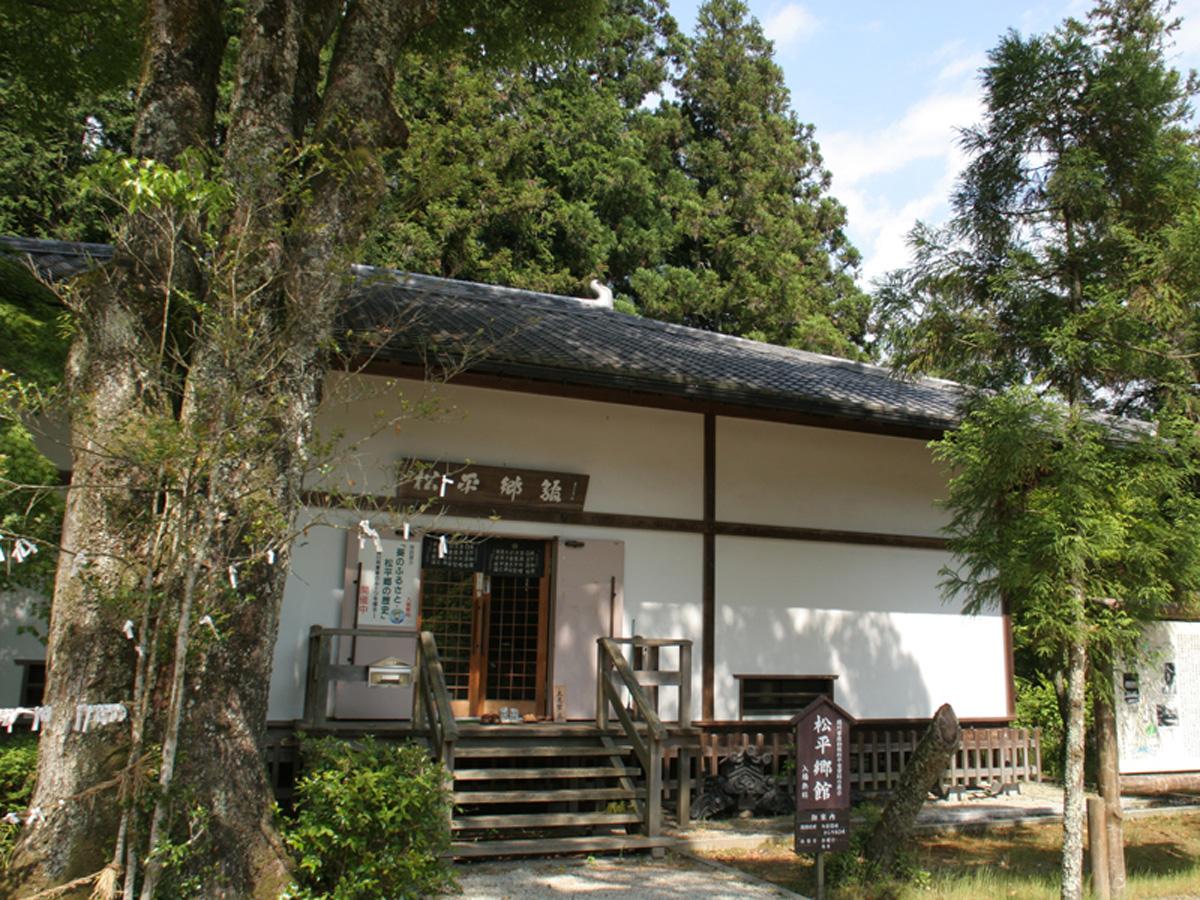
Matsudaira-go Museum of History and the Matsudaira Tarozaemon Family
Matsudaira-Area
-
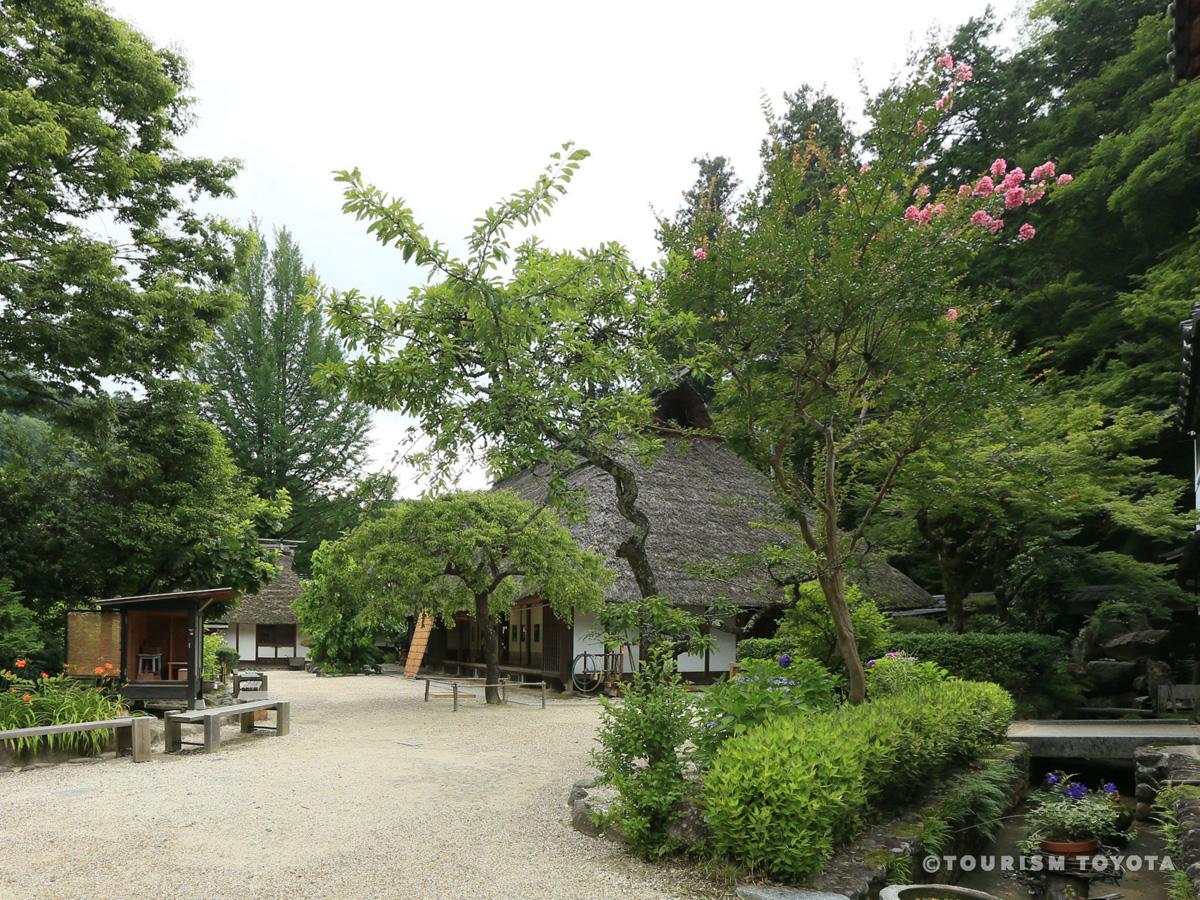
Sanshu Asuke Yashiki Museum
Asuke-Area
This living folk culture museum opened in 1980. The former villa of a wealthy farming fam…
-
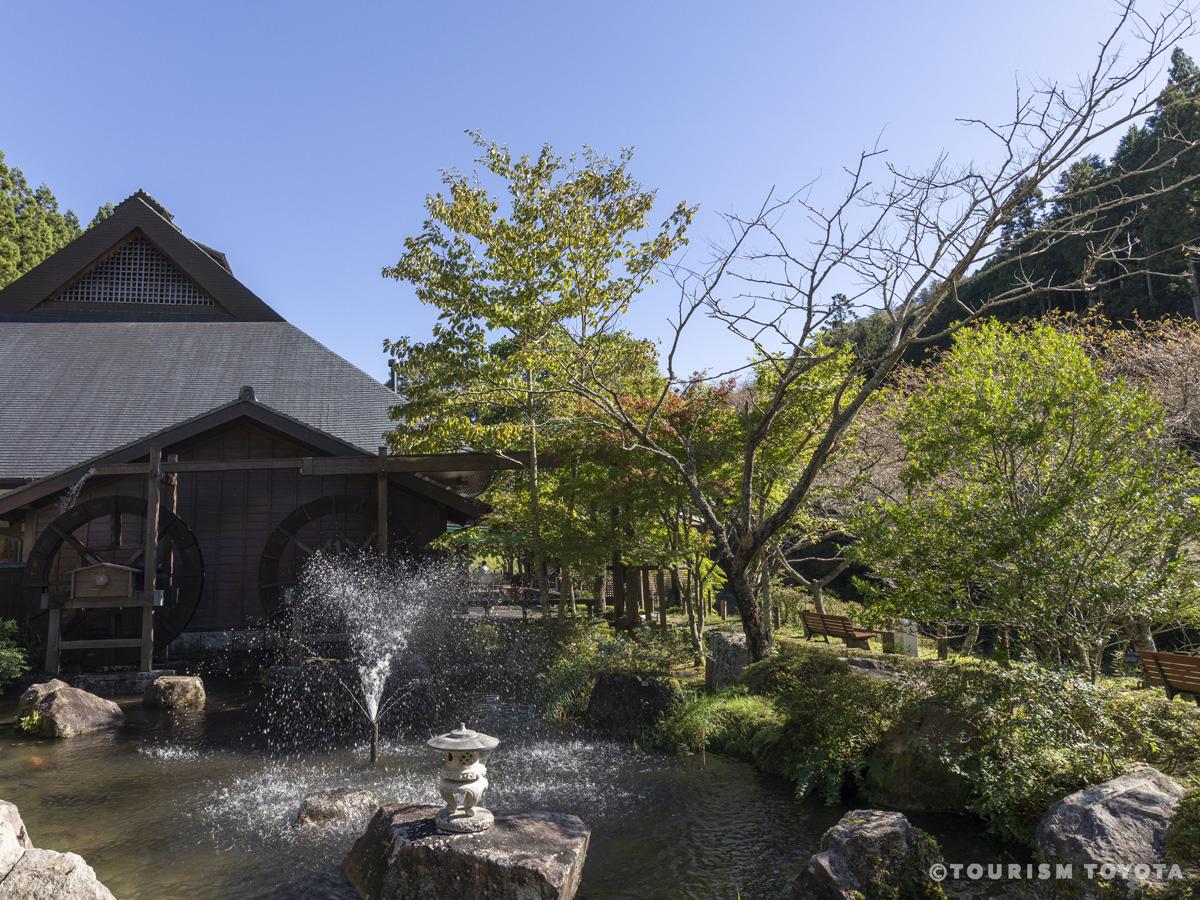
Karen no Yakata
Shimoyama-Area
On a path along the Tomoe River flowing from Lake Mikawa lies a picturesque building that…





-
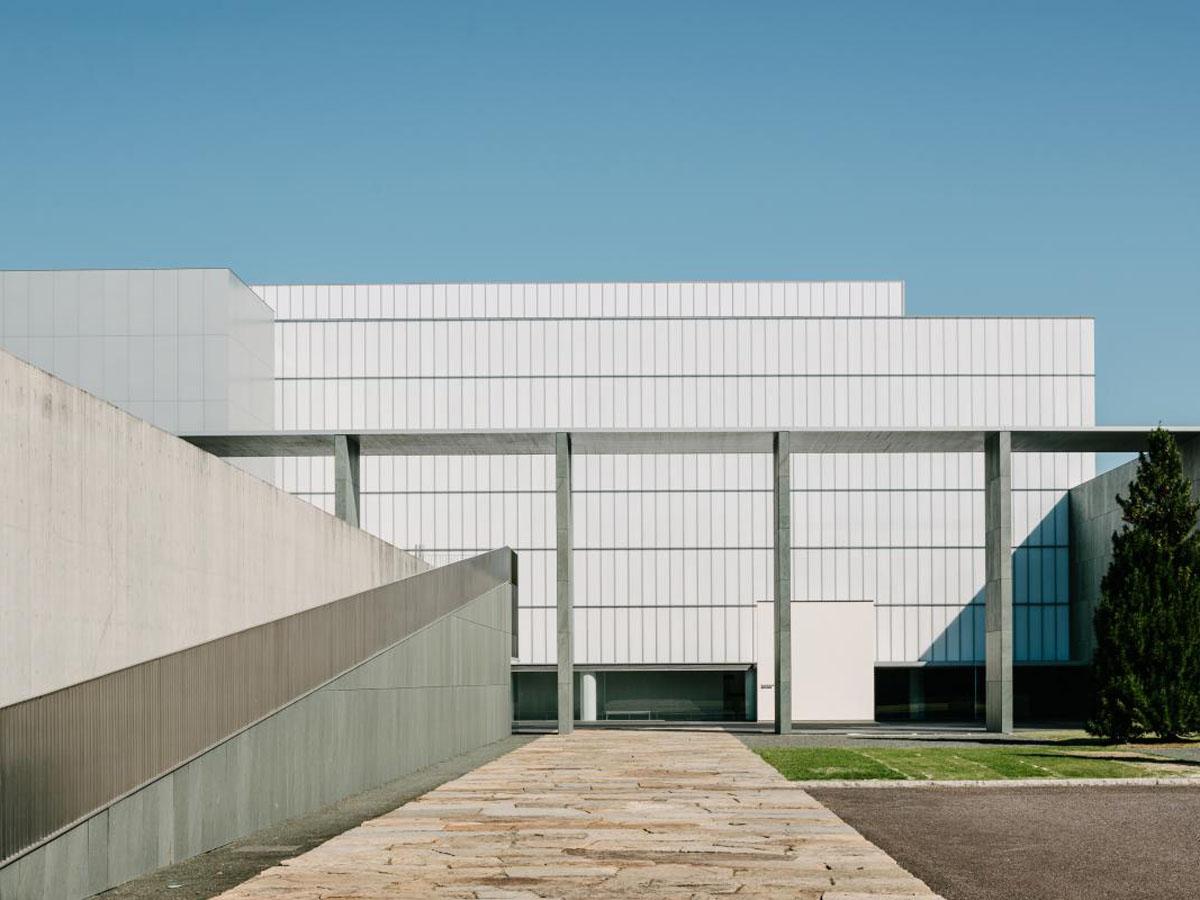
Toyota Municipal Museum of Art
Toyota-Area







-
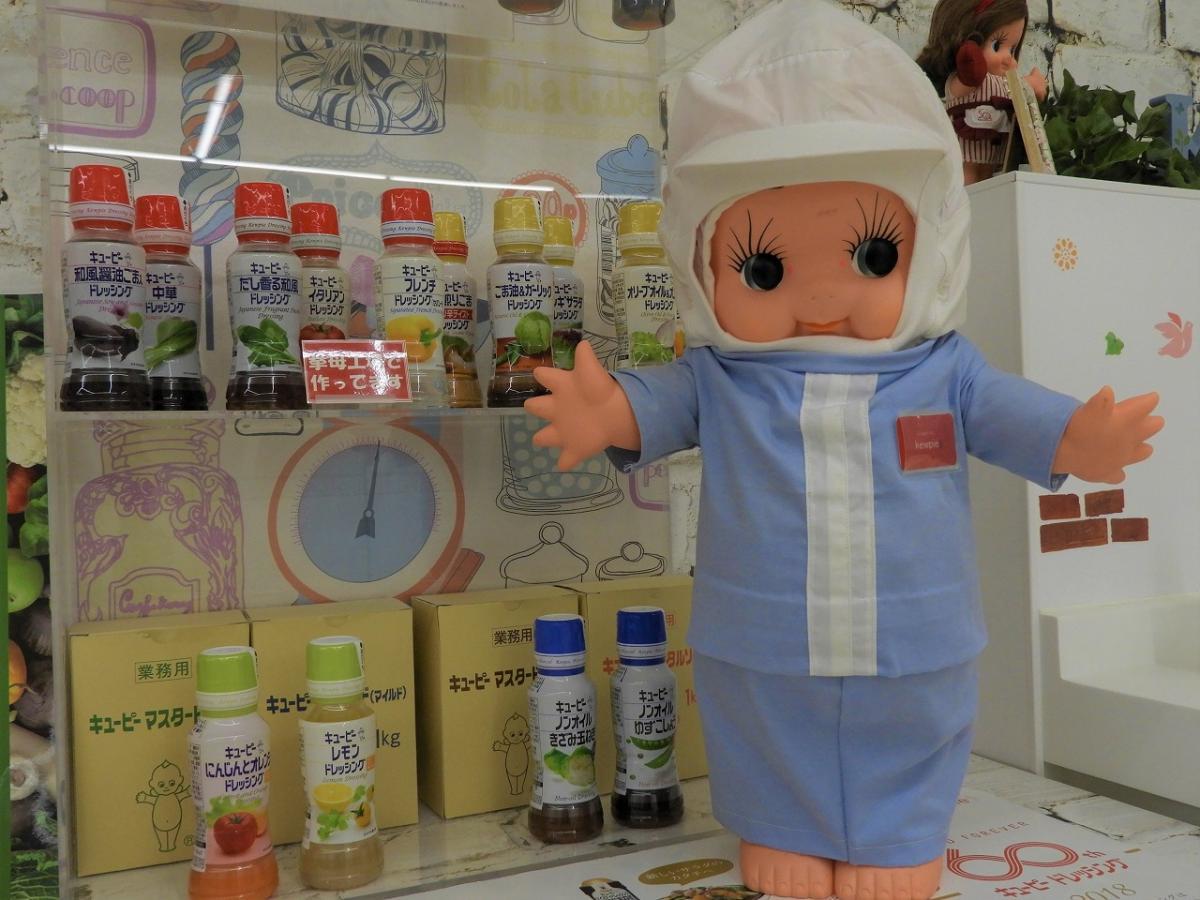
Kewpie Koromo Factory
Toyota-Area
Kewpie hosts tours of its factories to the public, styling them as a form of “open kitche…
-
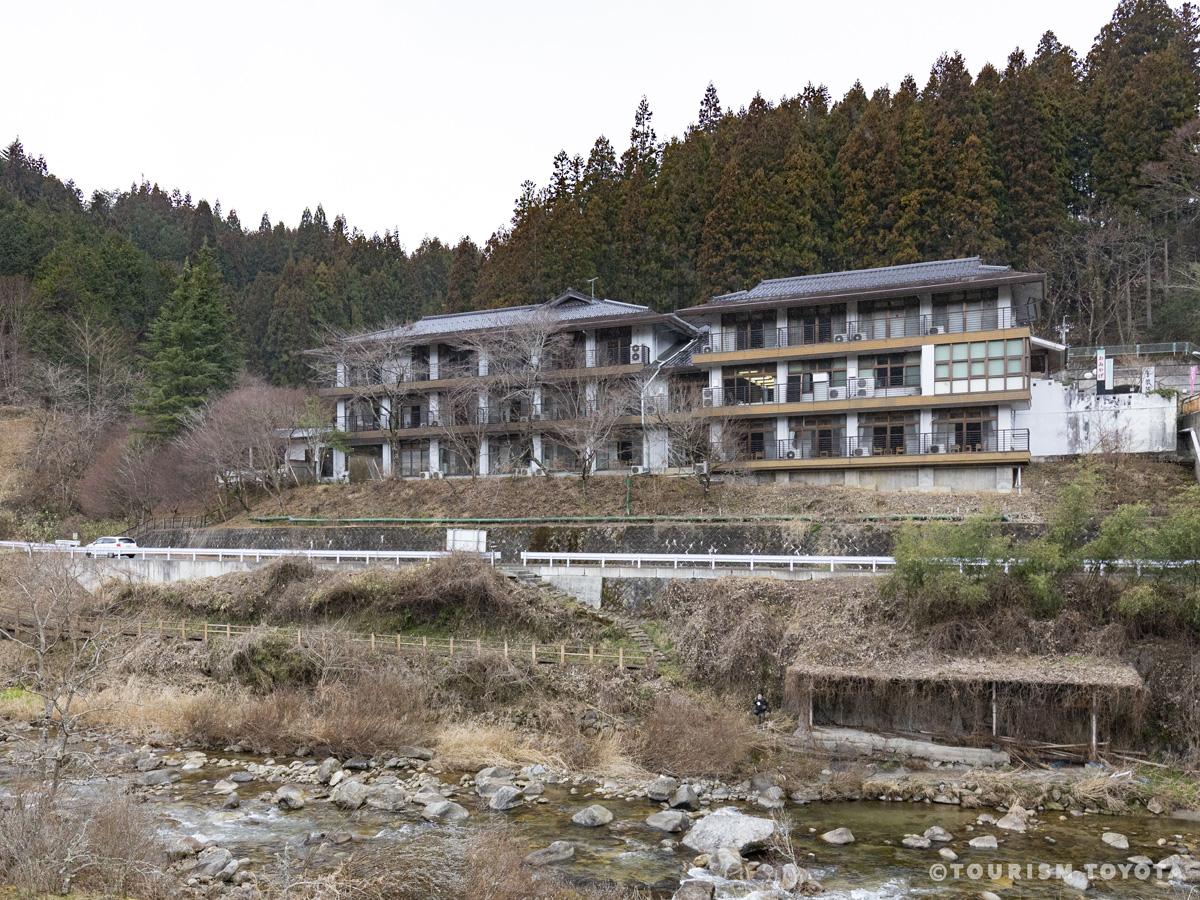
Natsuyake Onsen Resort
Inabu-Area
Nagura River runs through the center of the hot spring town. The river scenery is beautif…
-
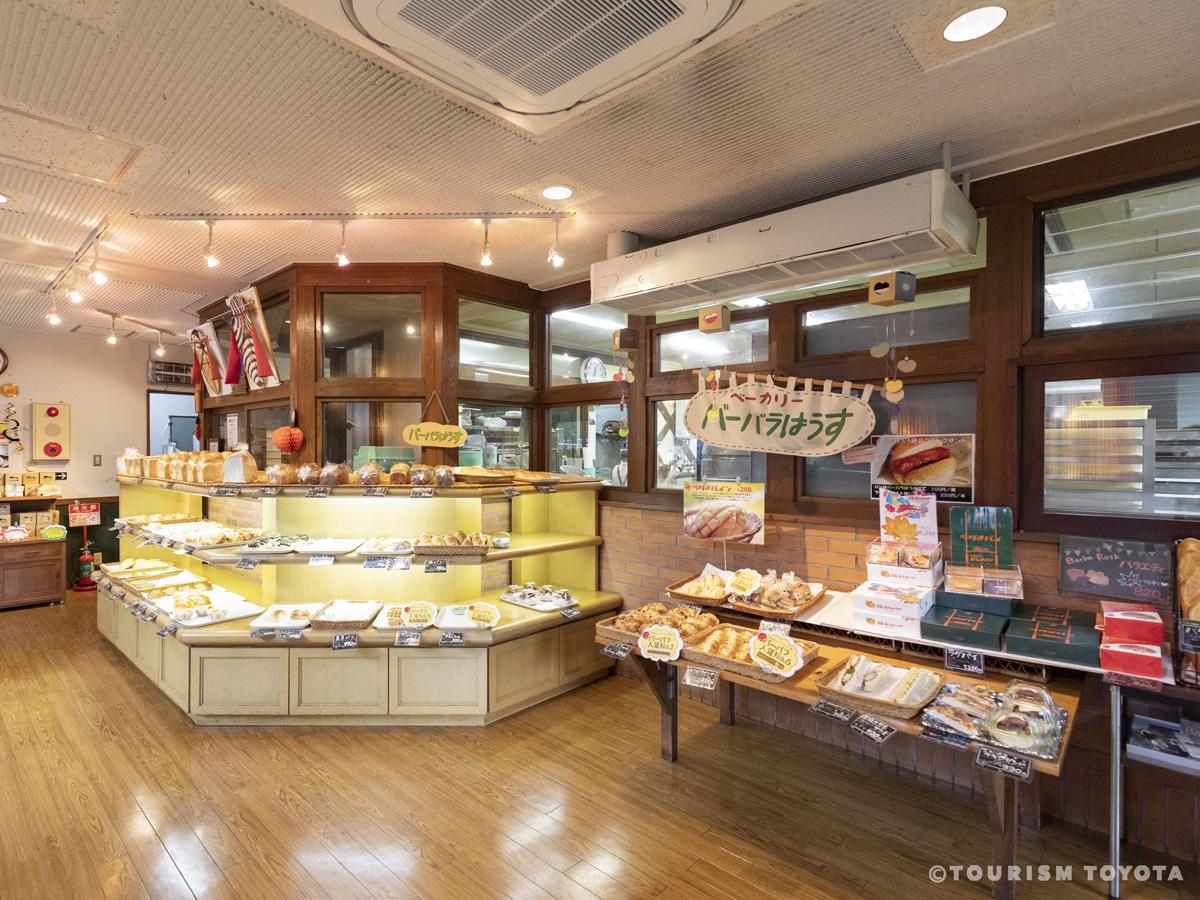
Barbara House Bakery
Asuke-Area
In the Asuke area, next to Asuke Ham ZiZi Studio, there’s a popular store that sells hand…
-
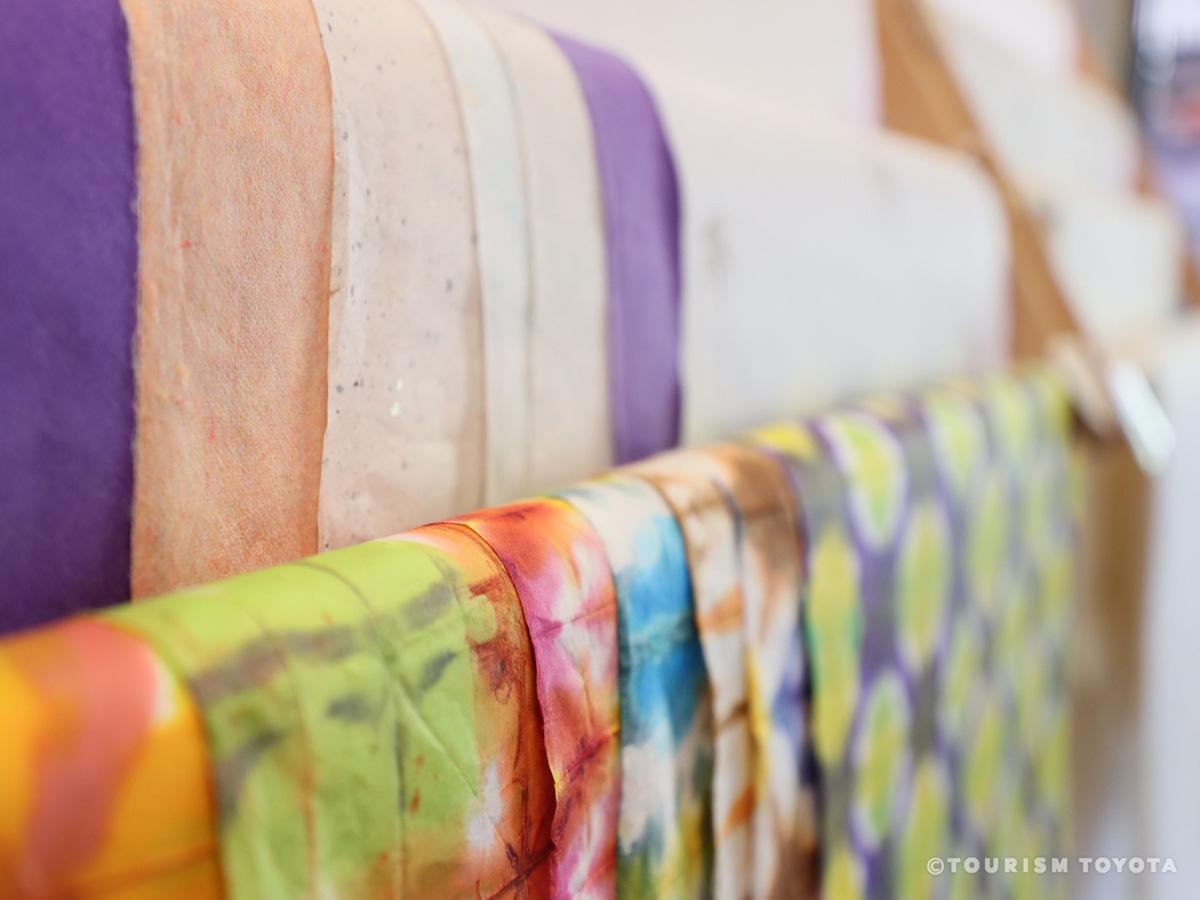
Toyotashi Obara Paper Art Museum Washi no Furusato - Art and Craft Center
Obara-Area
The Obara district is well-suited to growing the mulberry plant, so it has been known as …
-
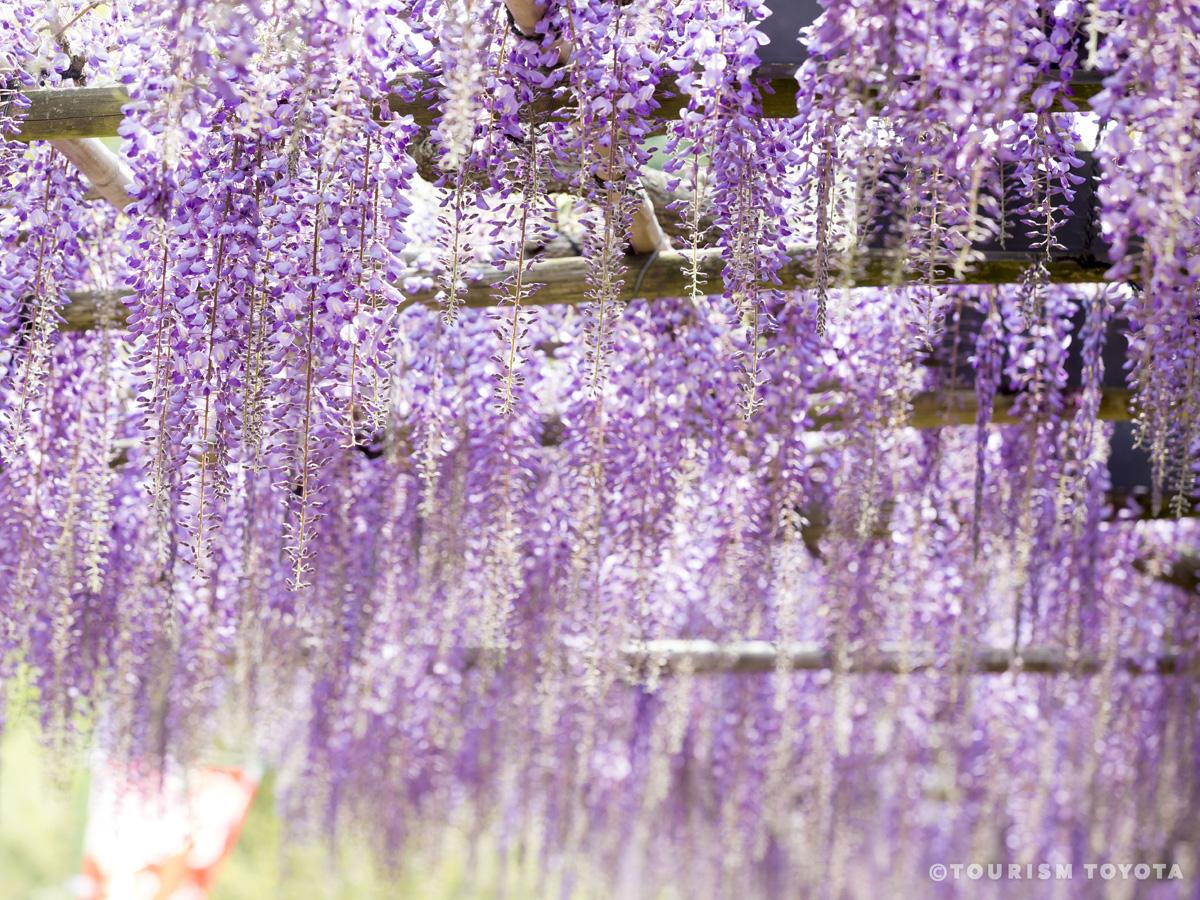
Fuji-no-Kairo Wisteria Alley
Fujioka-Area
Approximately 370 meters of walking paths lined by wisteria flowers, offering entrancing …
-
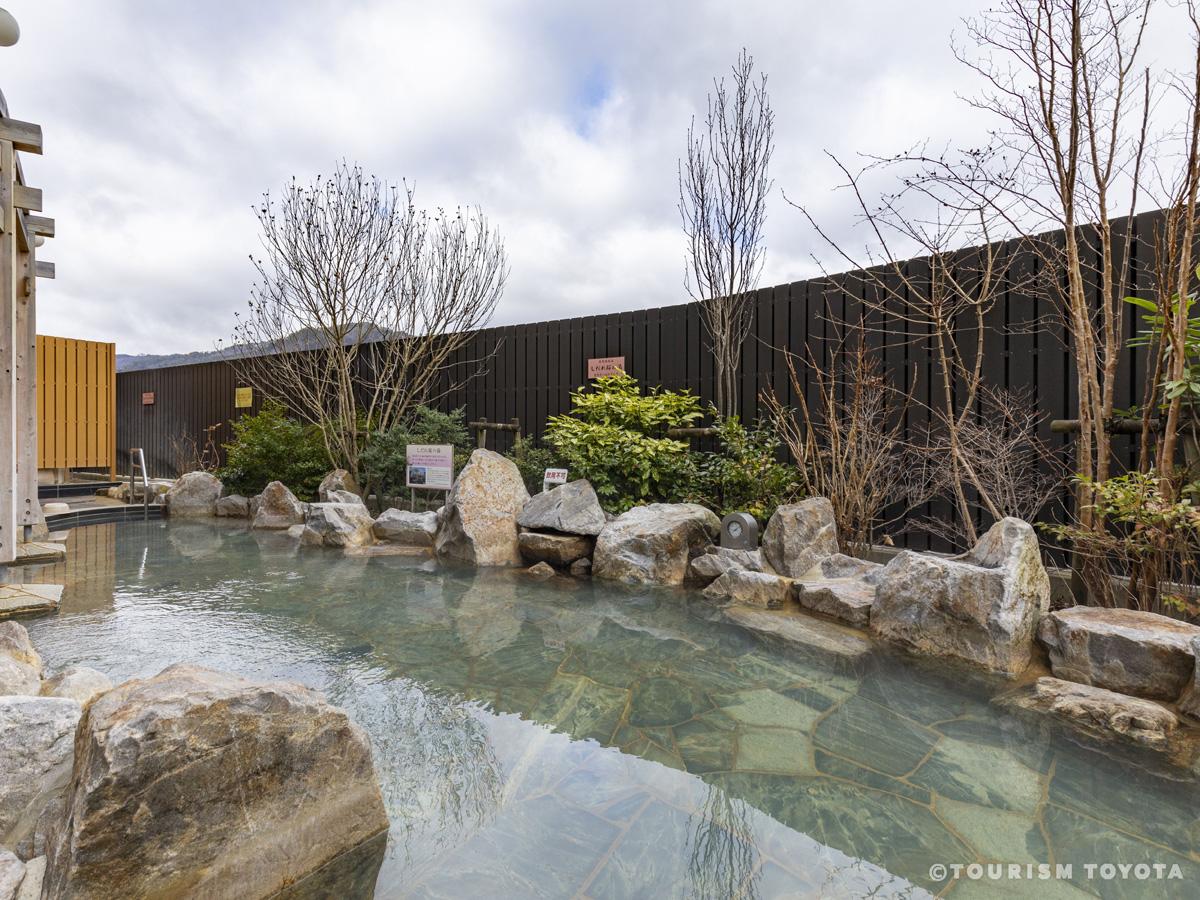
Inabu Onsen Donguri no Yu Hot Spring
Inabu-Area
Enjoy a variety of baths such as the outdoor bath surrounded by seasonal flowers and a wo…
-
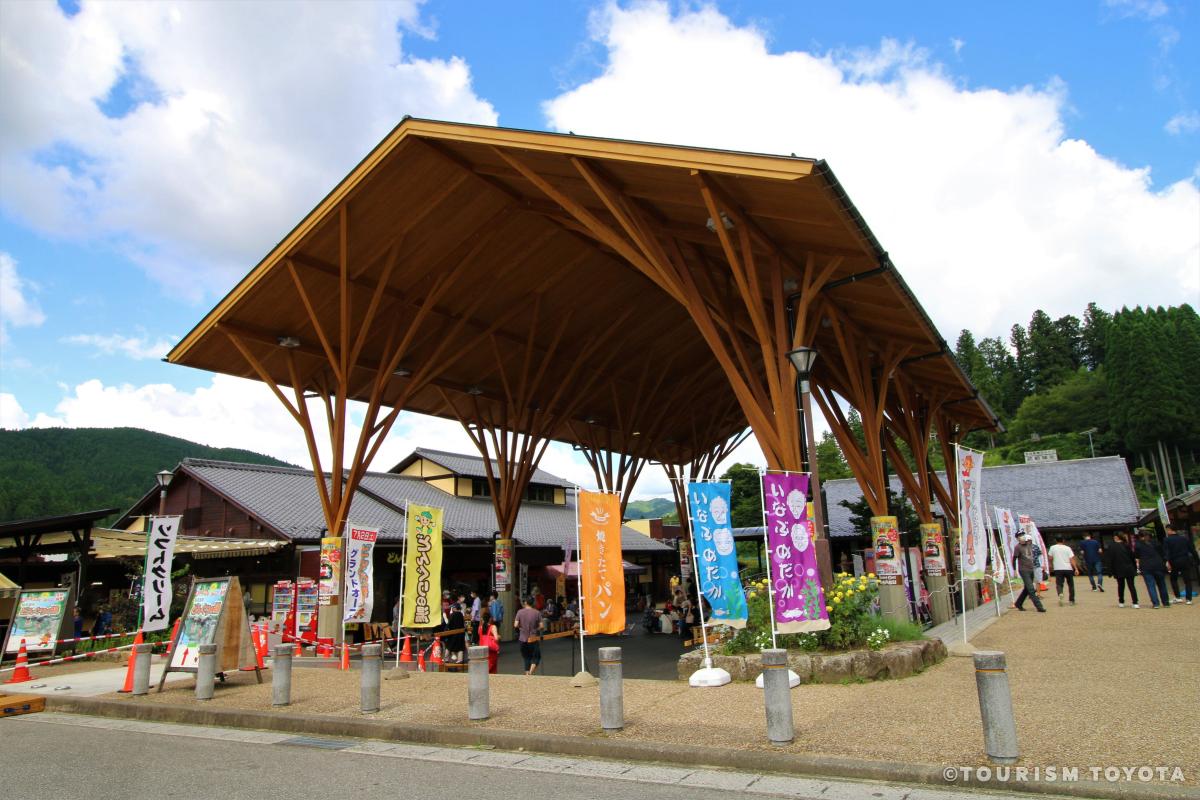
Donguri no Sato Inabu Roadside Station
Inabu-Area
Donguri no Sato Inabu Roadside Station is a shopping hub located in the Inabu Area of Toy…
-

Chunichi Paraglider
Inabu-Area
Choose from a variety of paragliding lessons including beginner lessons and pilot certifi…
-
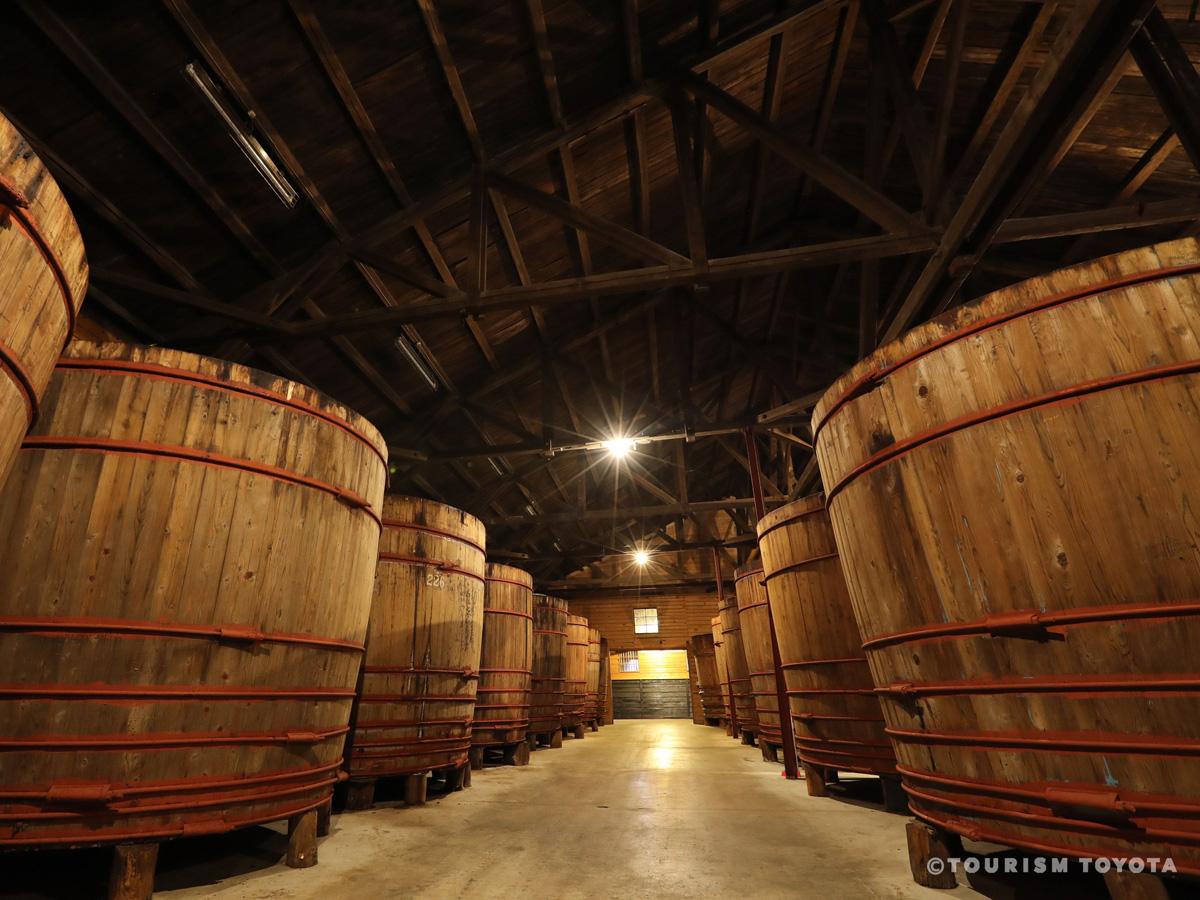
Masuzuka Miso of Noda Miso Co.
Toyota-Area
At this manufacturer of naturally fermented soybean miso, we protect the traditional meth…
-
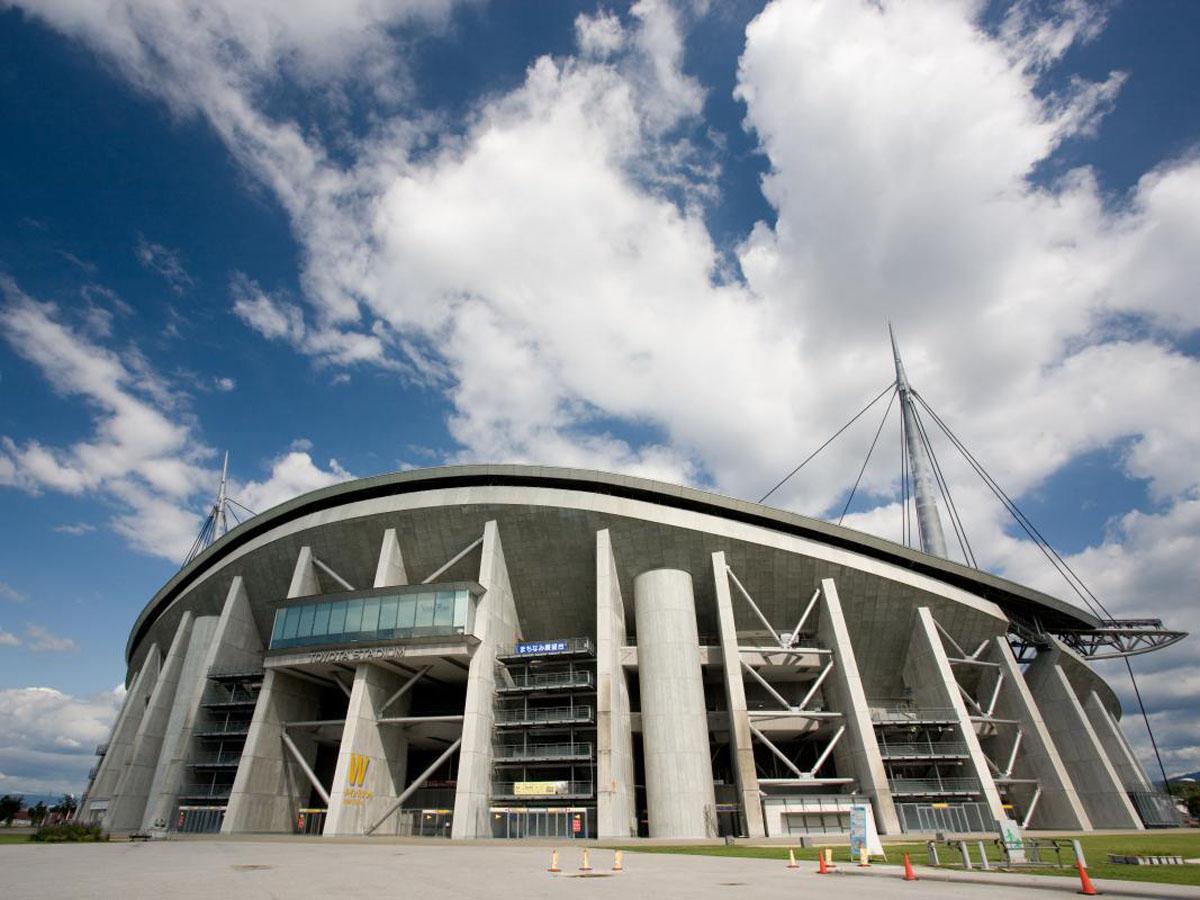
Toyota Stadium
Toyota-Area






-
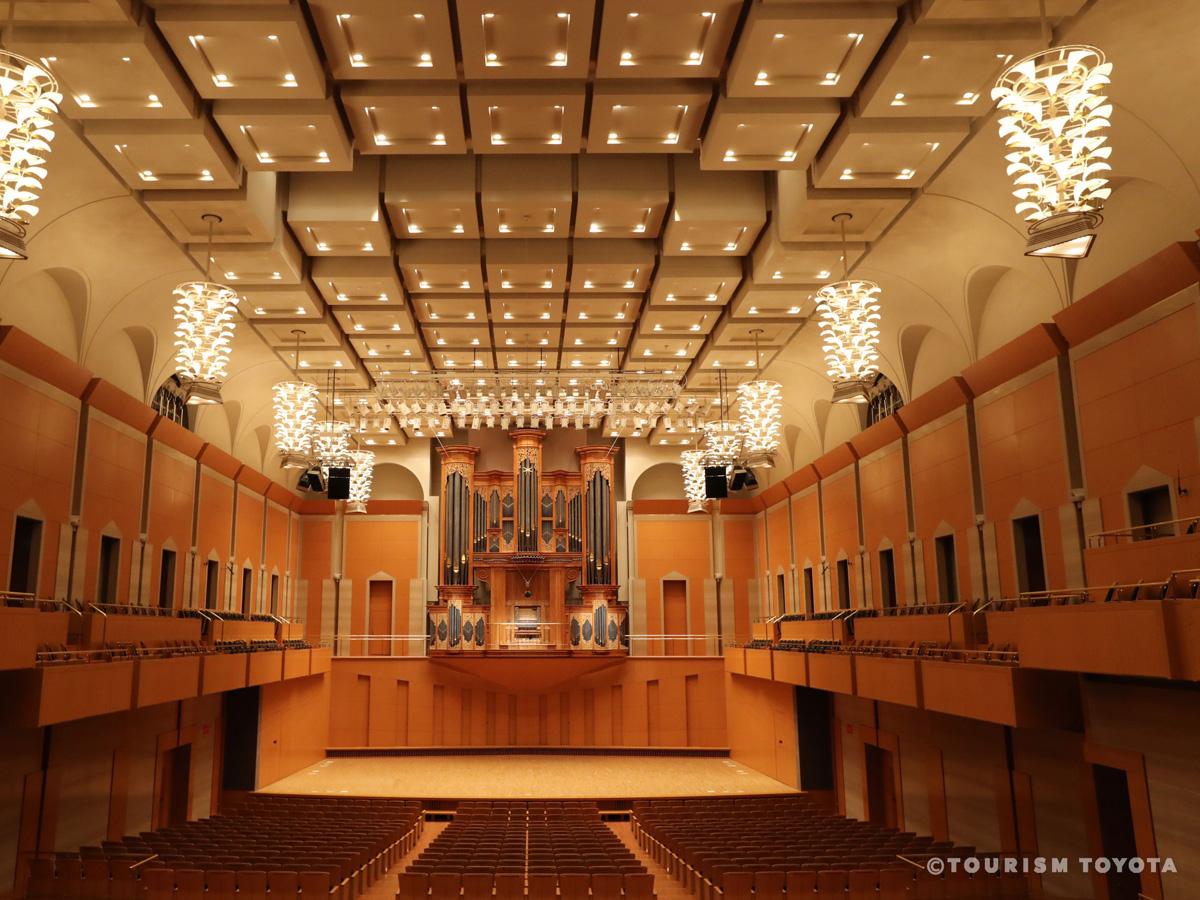
Toyota City Concert Hall
Toyota-Area
This concert hall is located in the Toyota Sangohkan, part of an urban redevelopment proj…
-
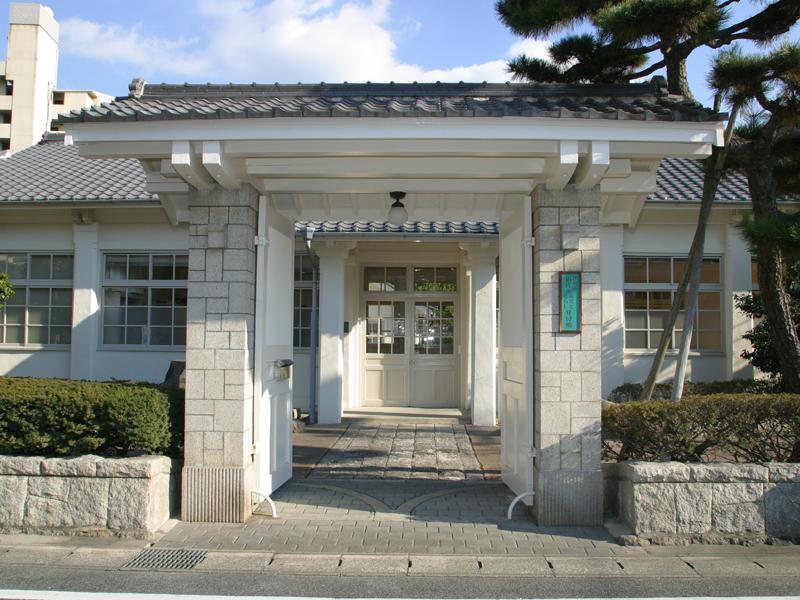
Toyota City Museum of Modern Industry and Living
Toyota-Area
Established in 2005, this museum and cultural property aims to promote culture, arts, and…
-
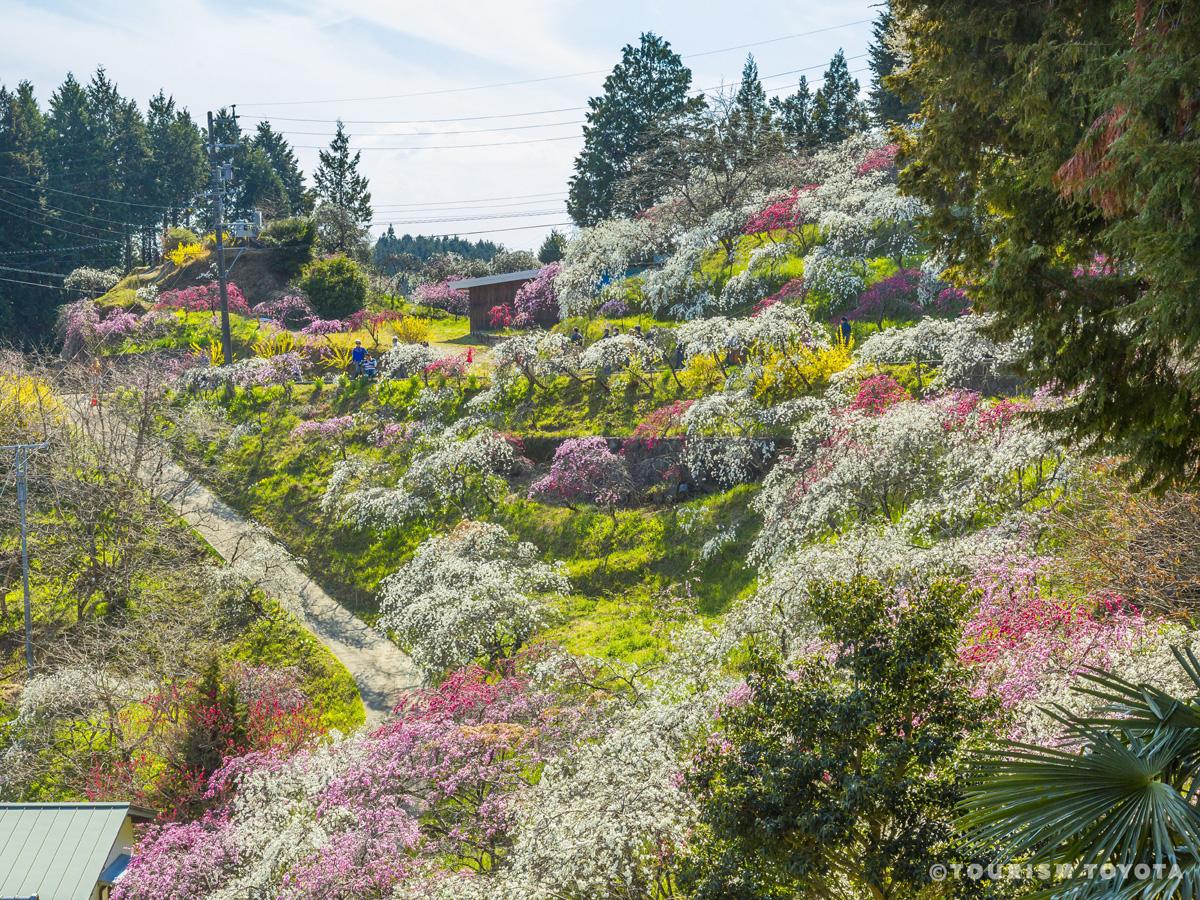
Kaminaka Weeping Peach Blossoms
Asahi-Area

-
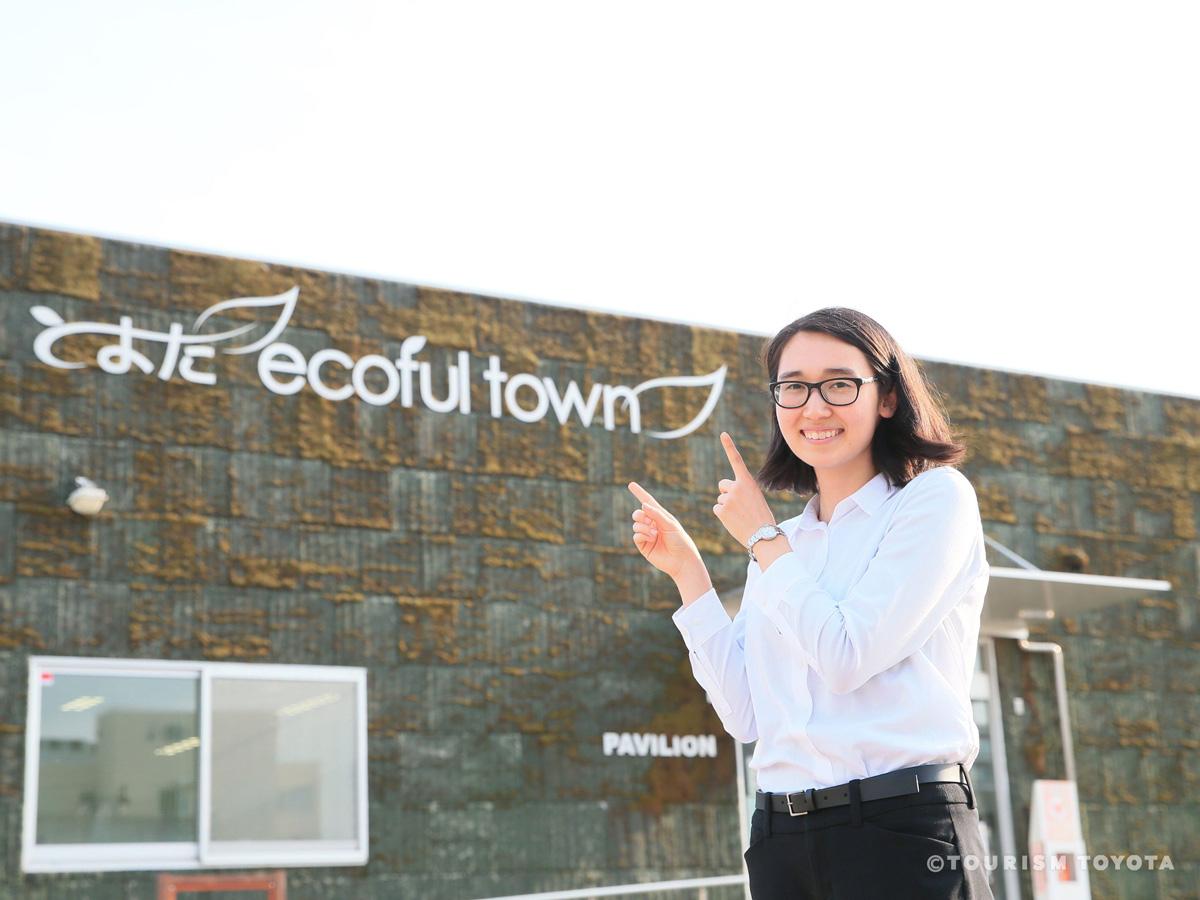
Toyota Ecoful Town
Toyota-Area
Toyota City, selected by the national government as an environmental model city, has gath…
-
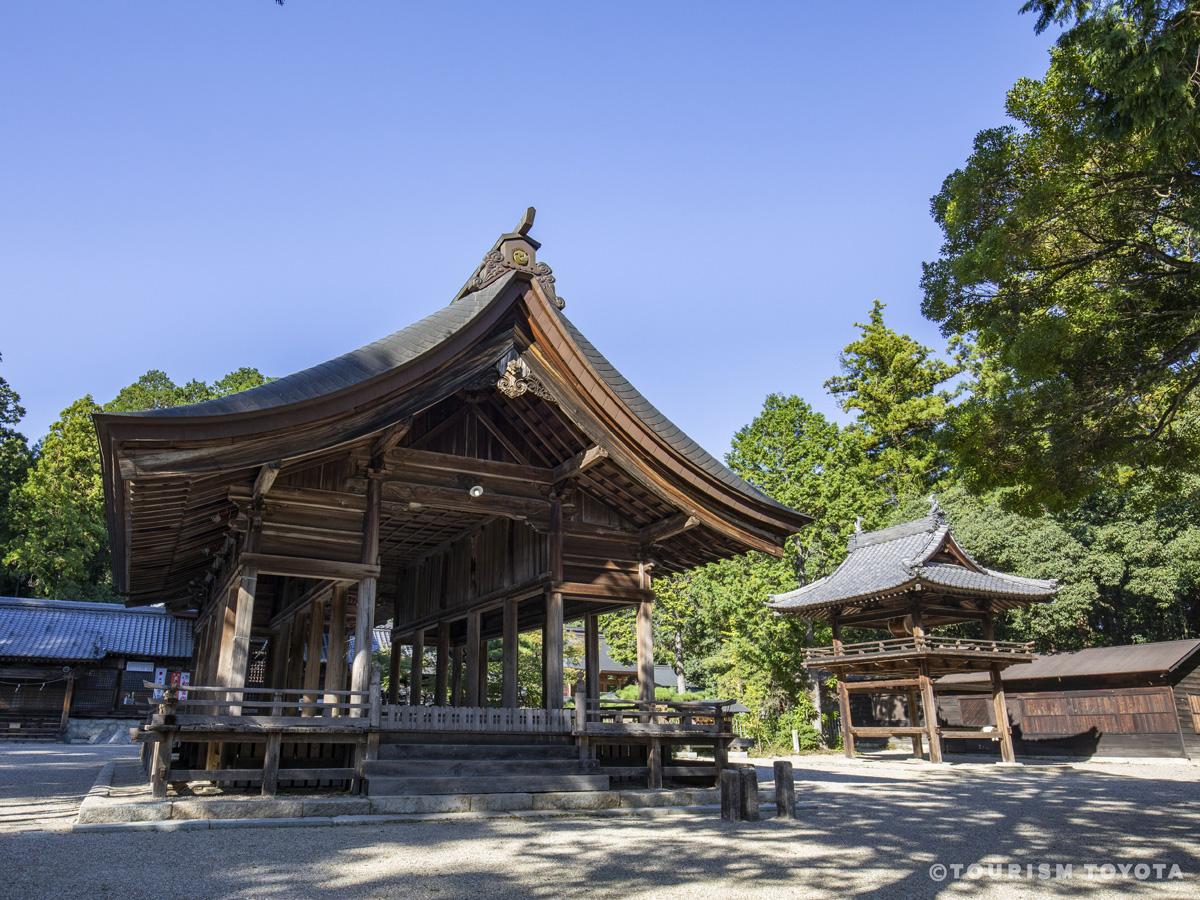
Sanage Shrine
Toyota-Area

-
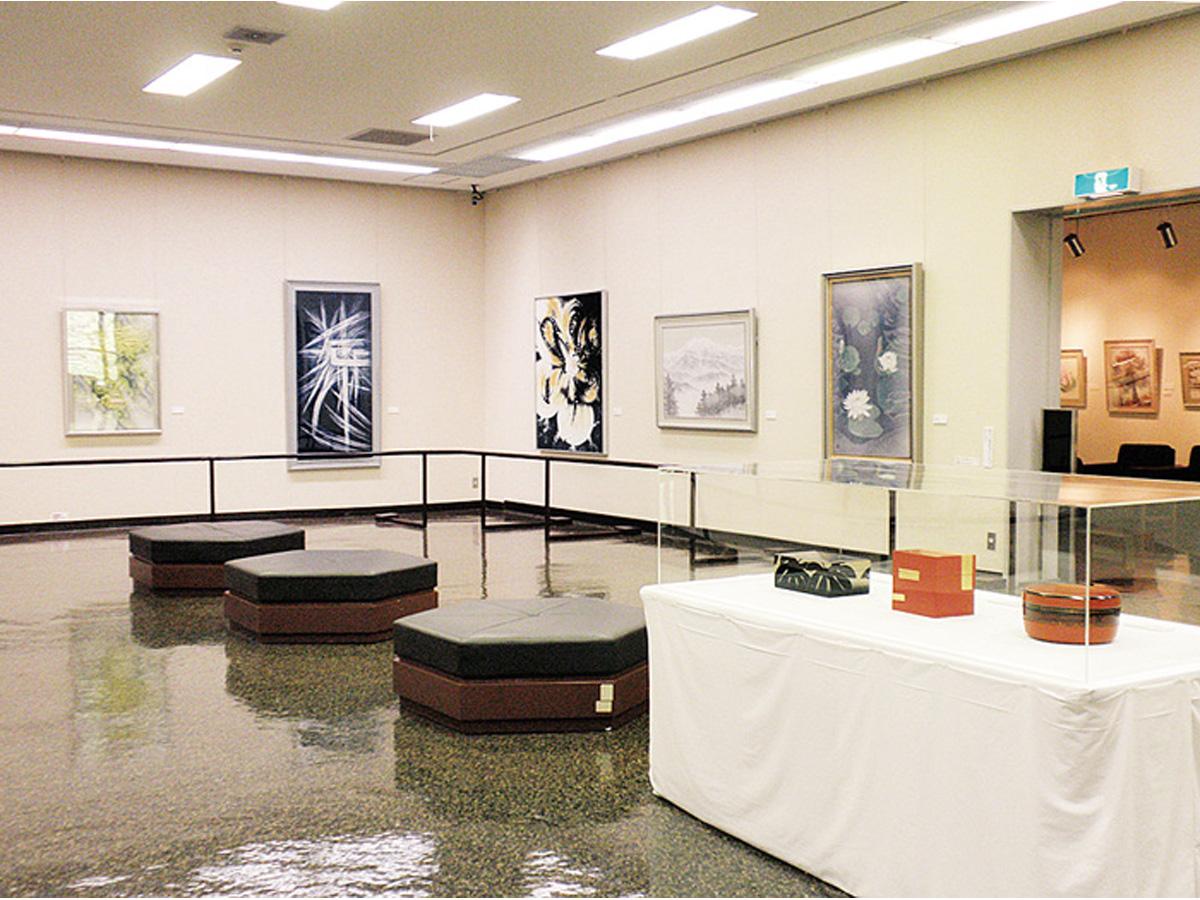
Obara Paper Art Museum Washi-no-Furusato - Washi Artwork Gallery
Obara-Area
Culture is spread through information, information is spread through communication, commu…
-

Toyota Kaikan Museum
Toyota-Area
The Toyota Kaikan Museum at the head office of Toyota Motor Corporation is one of the com…





-
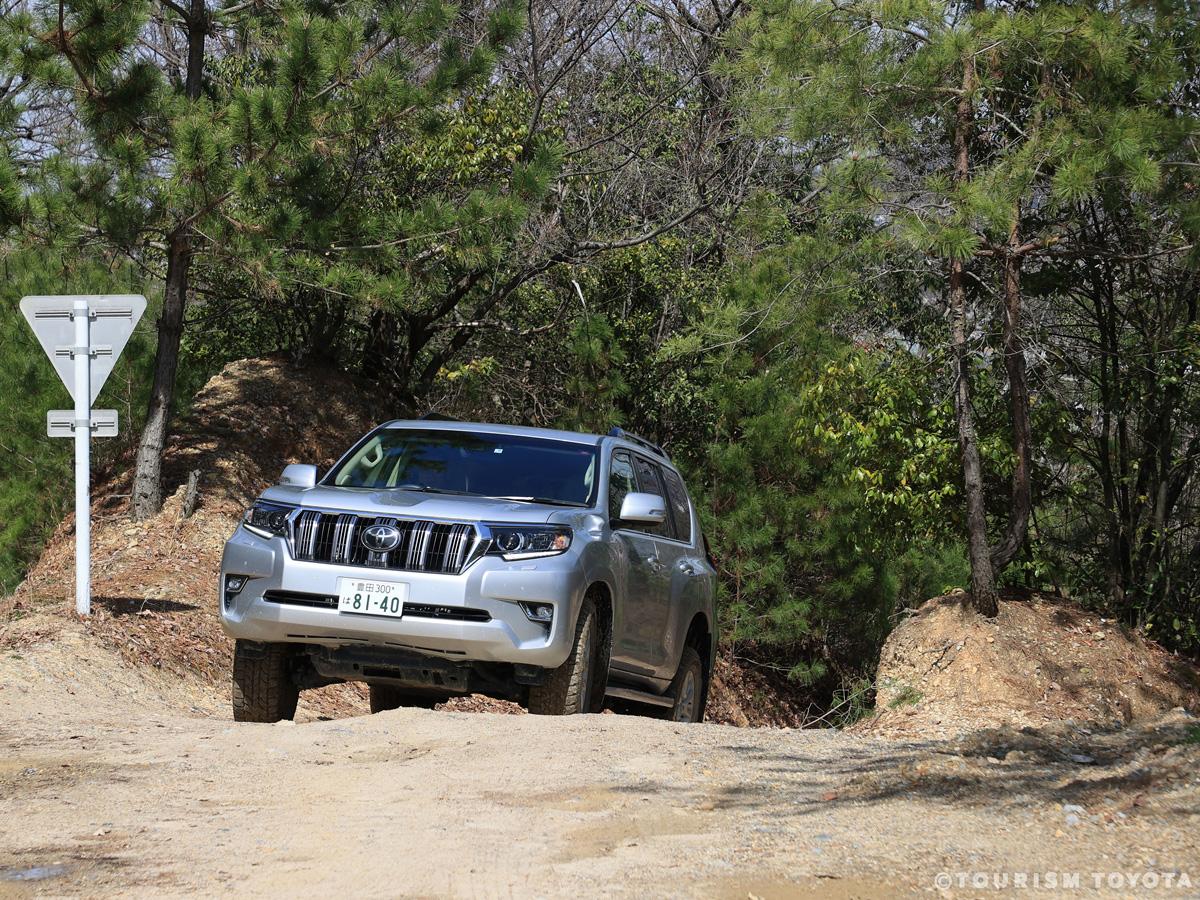
Sanage Adventure Field
Toyota-Area
Multipurpose outdoor attraction with off-road runs for four-wheel drive vehicles, barbecu…
-
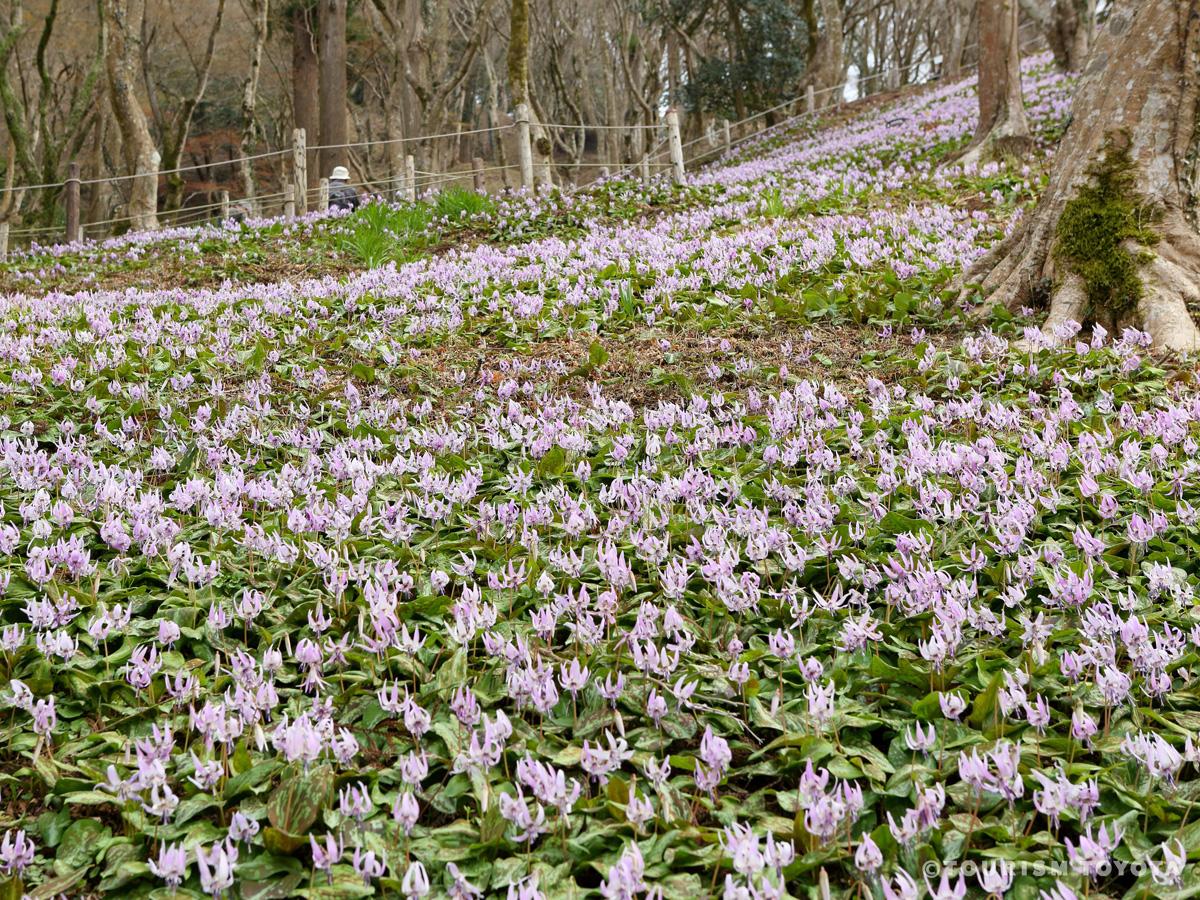
Katakuri Asian Fawnlily Colony of Asuke
Asuke-Area
The Asian Fawnlilies of Asuke are located on slopes of Mt. Iimori facing northwestwards a…




-
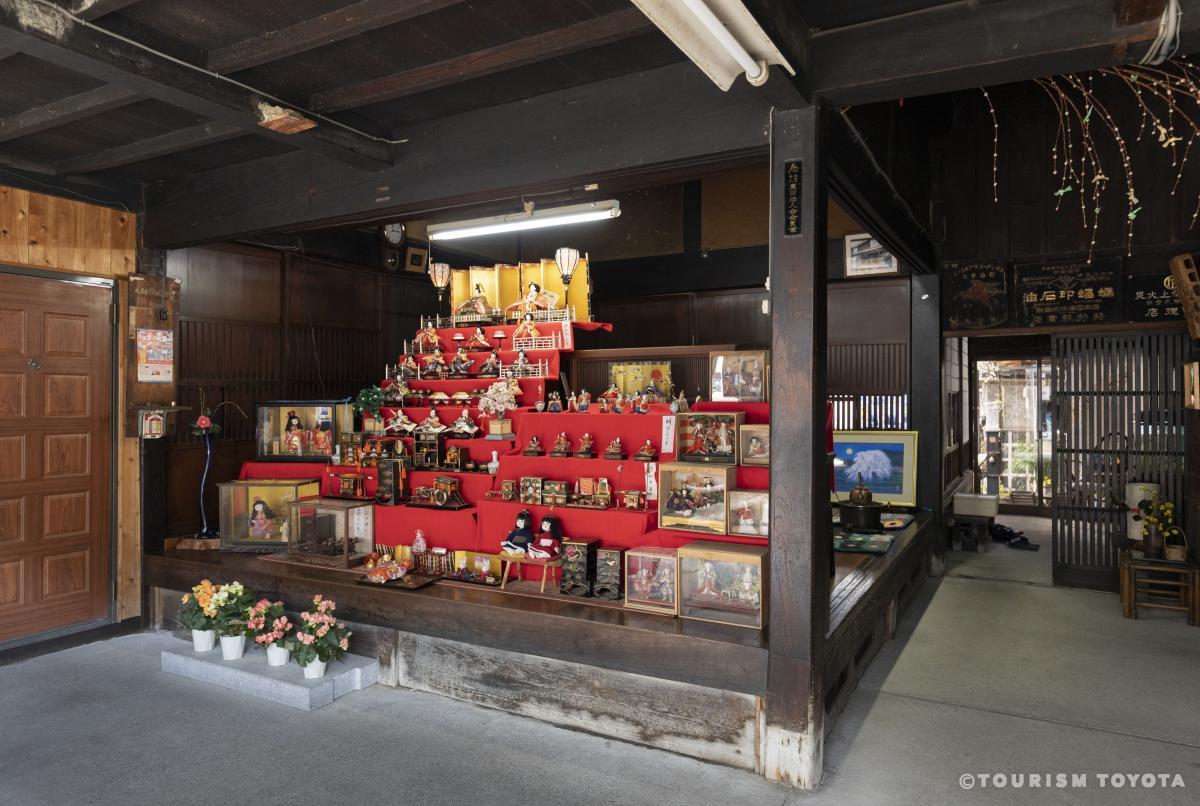
Hina Dolls of Chuma in Asuke
Asuke-Area
The homes and shops lining the old streets of Asuke decorate their foyers and interiors w…



-
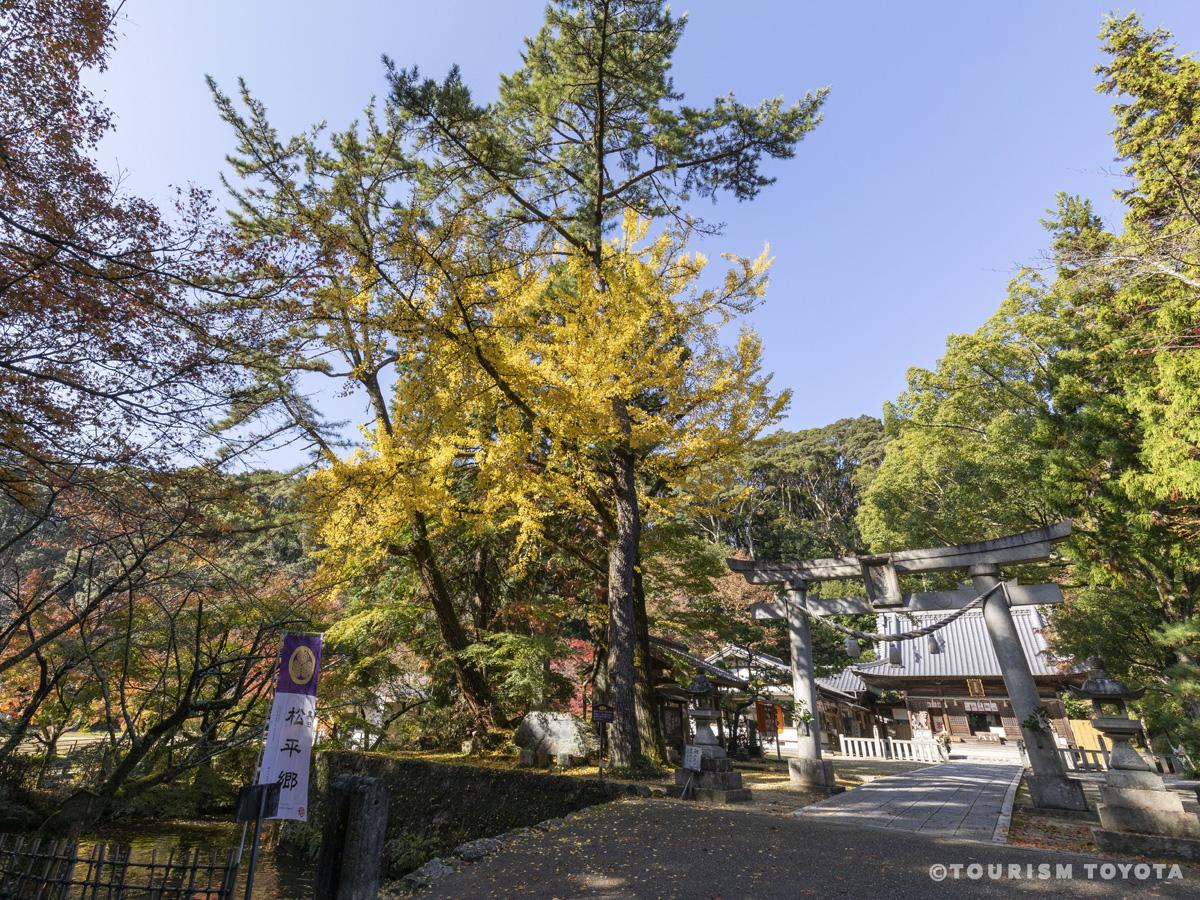
Matsudaira-Go
Matsudaira-Area


-
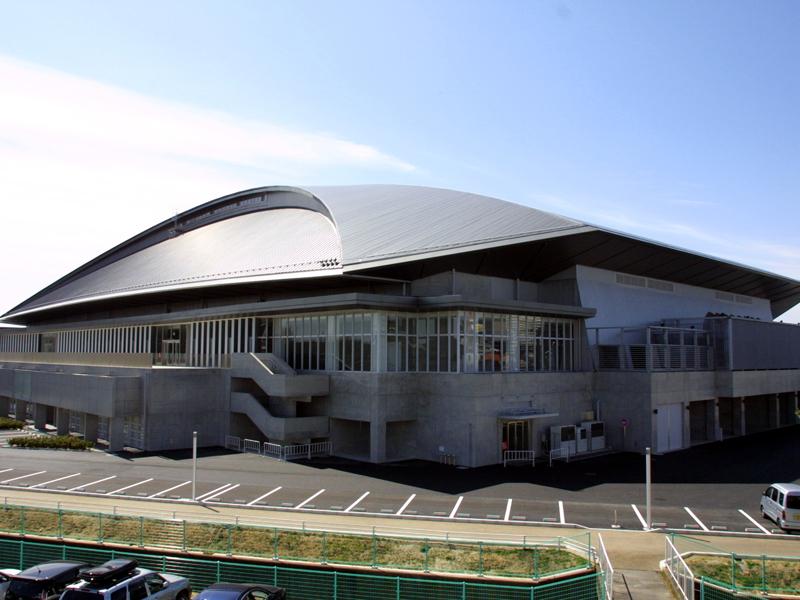
Sky Hall Toyota
Toyota-Area
Sky Hall Toyota is a base facility for indoor sports with a main hall, a sub hall and a b…


-
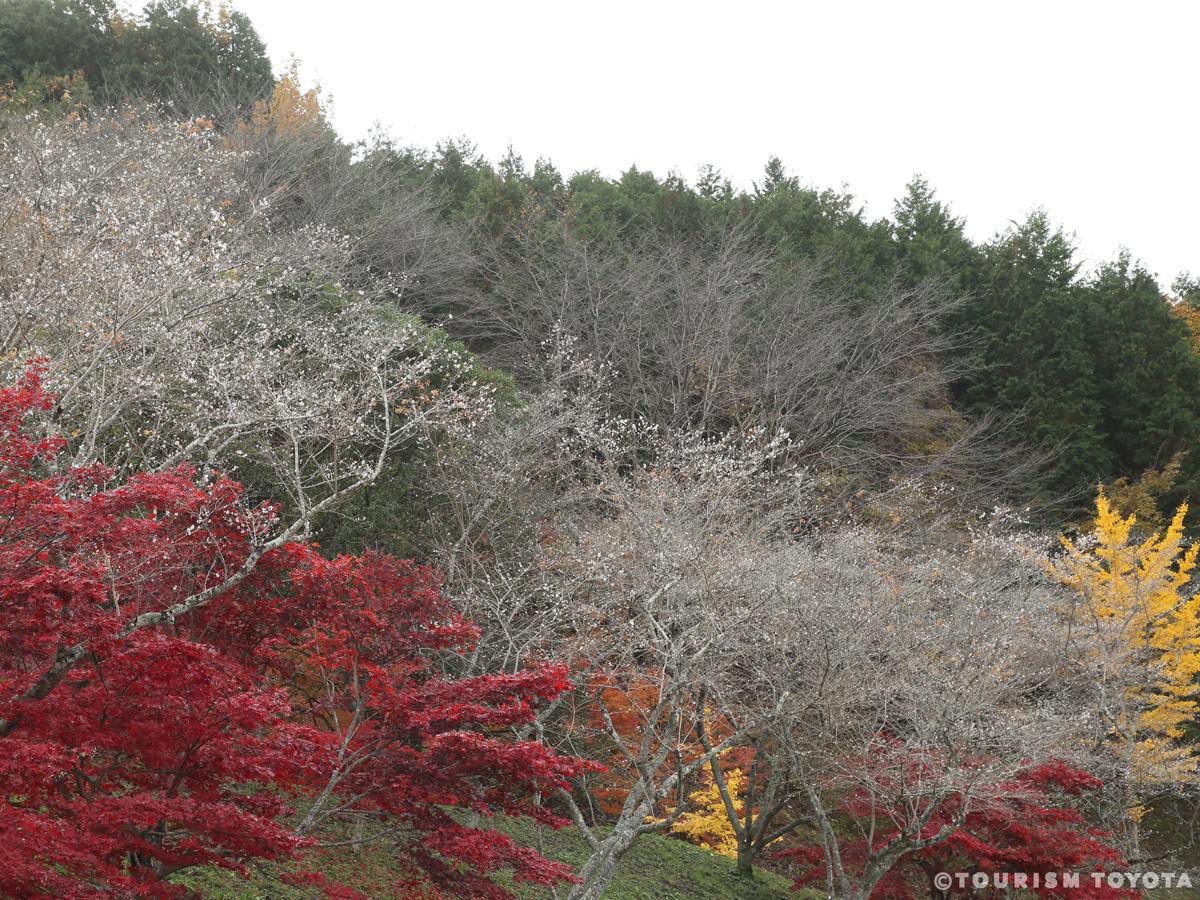
Shikizakura Four-Season Cherry Blossoms of Obara Fureai Park
Obara-Area
The Obara Fureai Park acts as a place of recreation and respite for local residents. The …

-

Kura-no-Naka Gallery Manrin Bookshop & Café
Asuke-Area
Along the Old Road of Asuke, a once busy Shio-no-Michi route - as vital backbone trading …
-
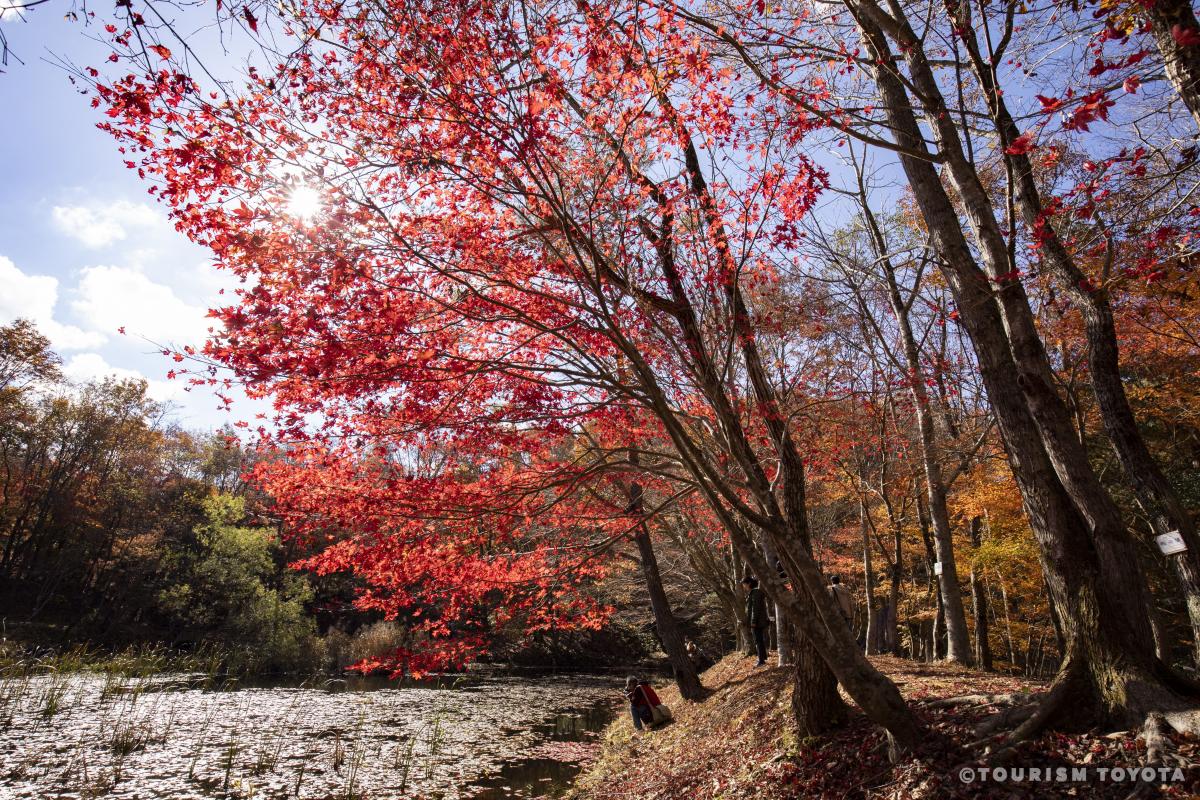
Takadoya Wetland
Inabu-Area
The Takadoya Wetland area offers visitors a level walking course equipped with boardwalks…
-
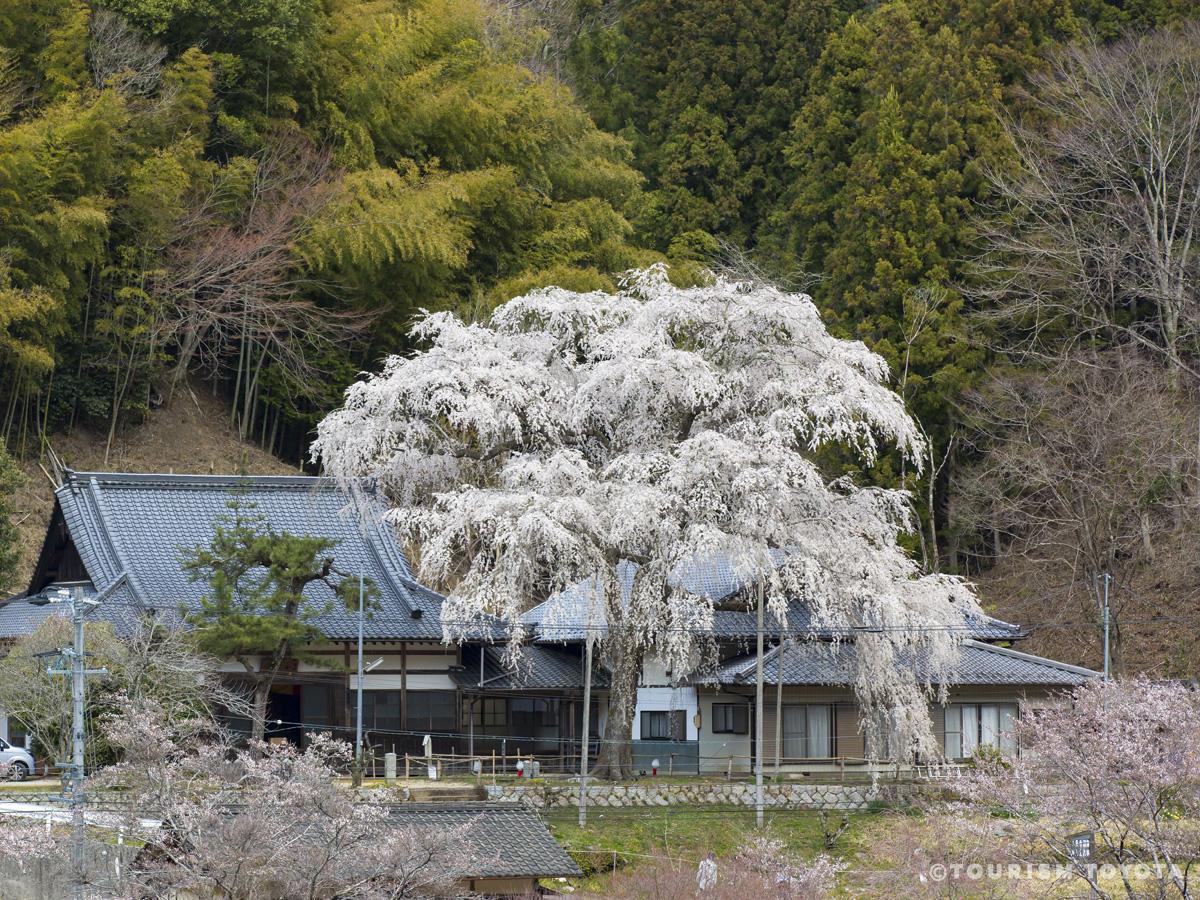
Daianji Temple
Inabu-Area
Daianji Temple belongs to the Soto school of Zen Buddhism and was established in the year…
-
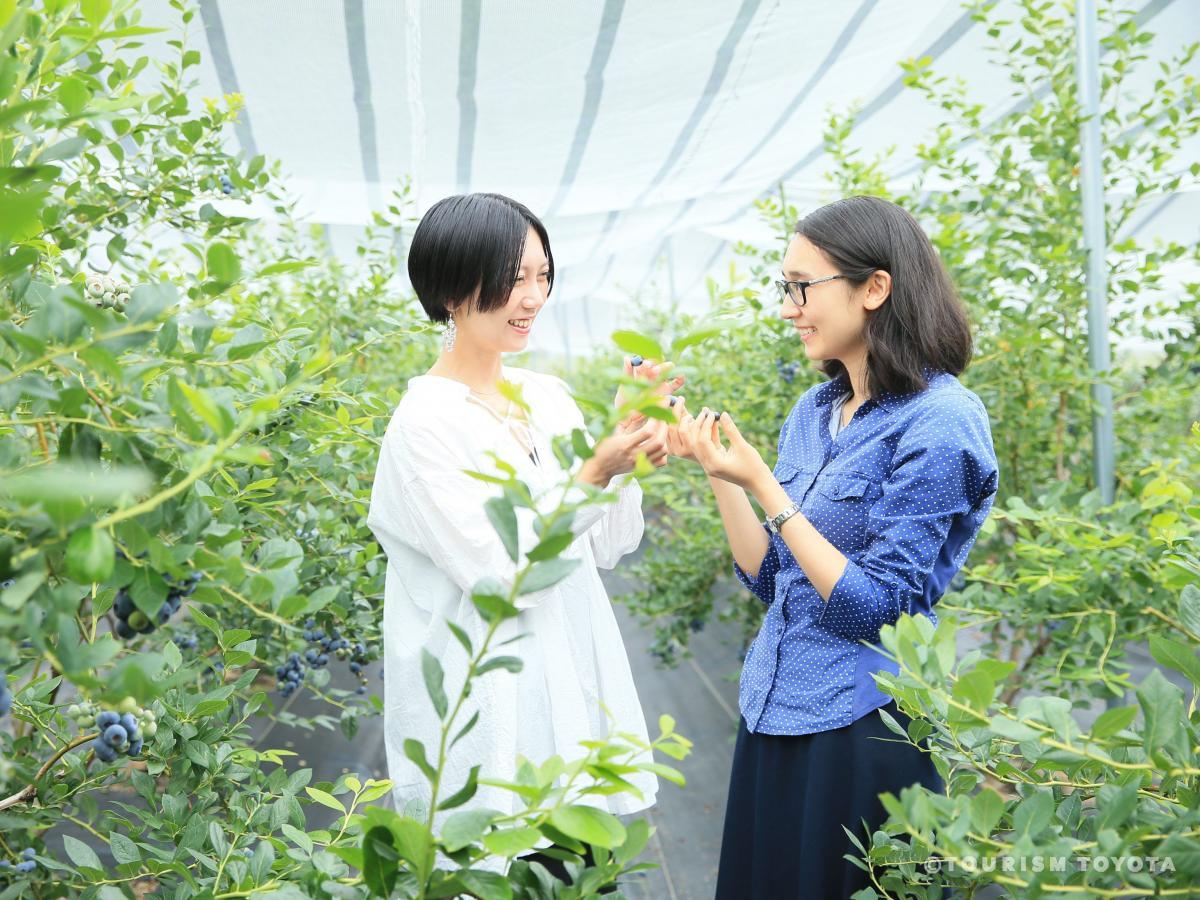
Blueberry-no-Komichi
Inabu-Area
Blueberry-no-Komichi has been in operation in the Inabu region since July 2008. Spend a l…
-
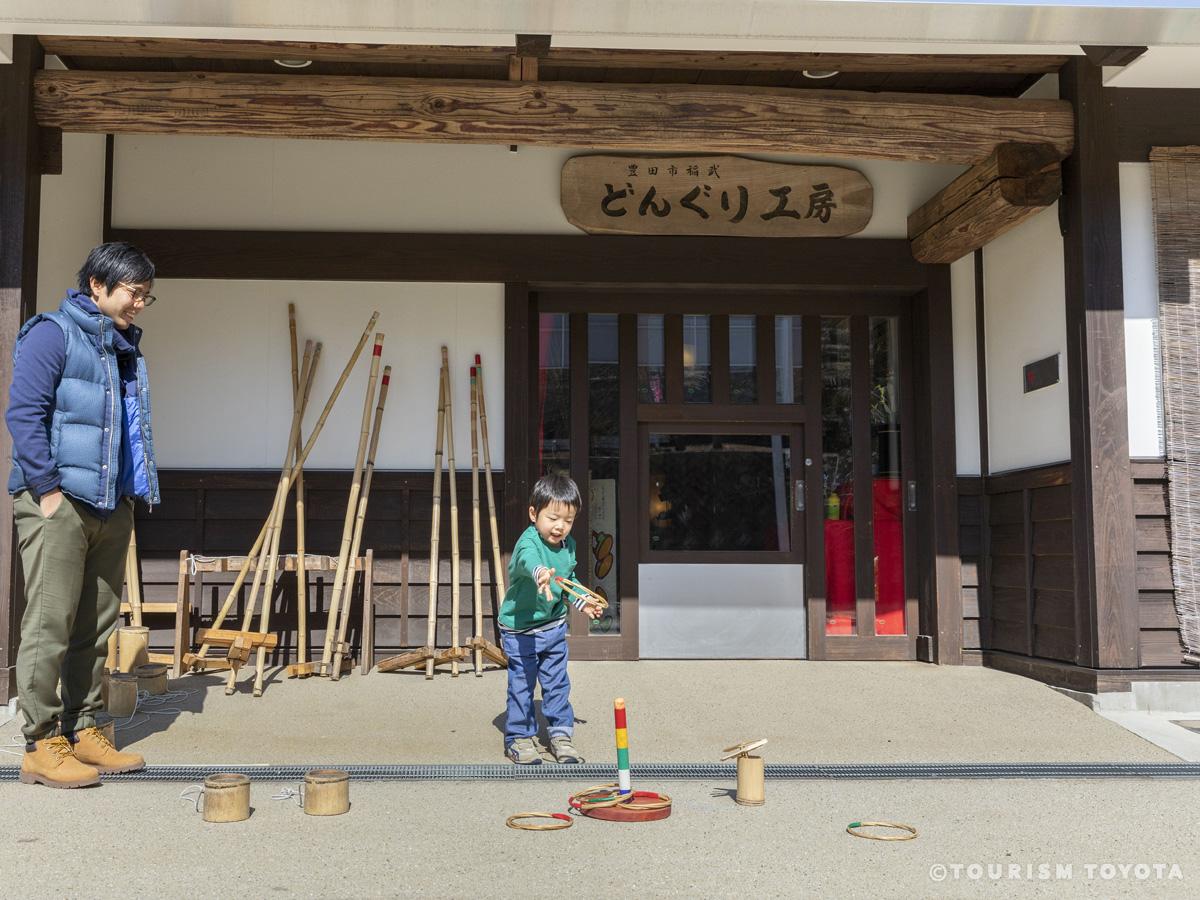
Donguri Workshop
Inabu-Area
Donguri Workshop is a facility set within a natural area in the mountains with a rich his…


-
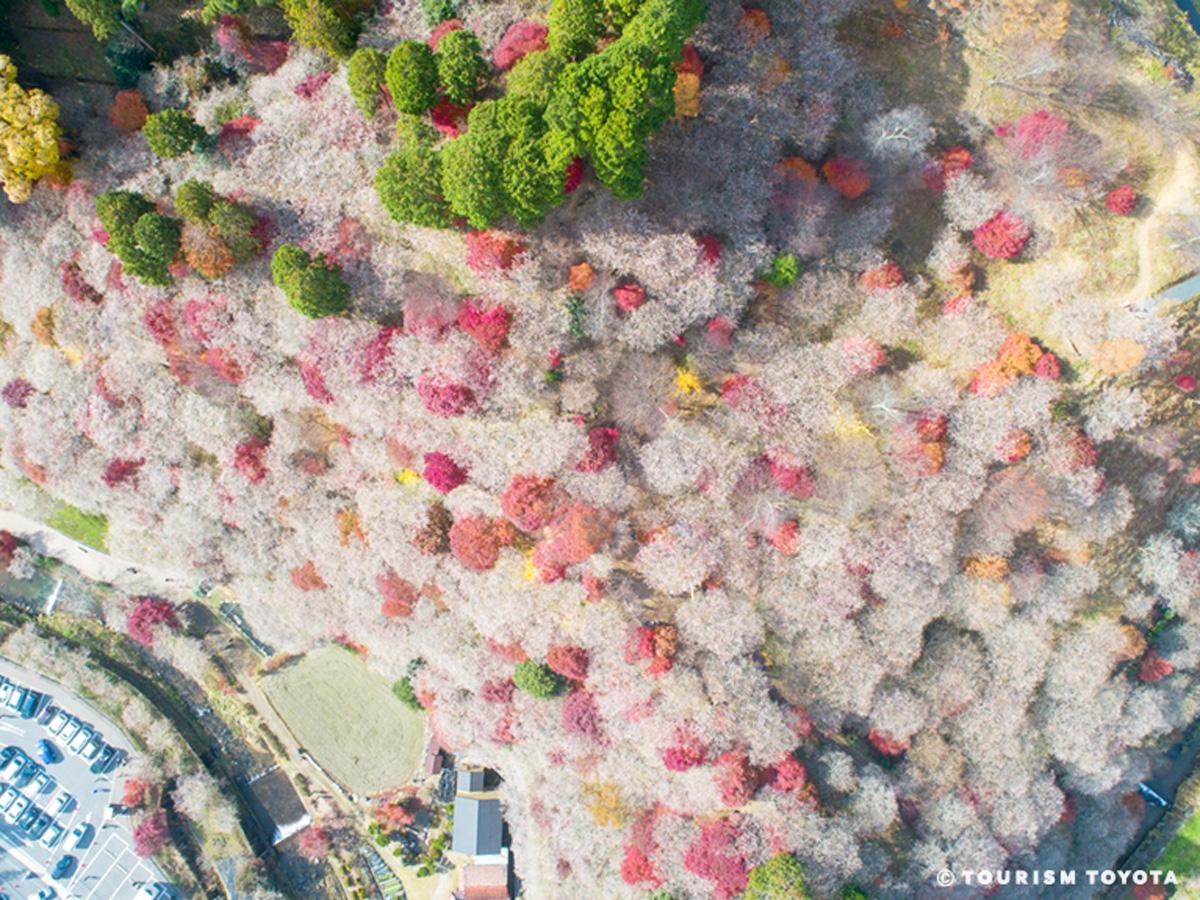
Semmi Shikizakura no Sato Park
Obara-Area
Take in a breathtaking view of 1,200 shikizakura cherry trees as their flowers contrast w…
-
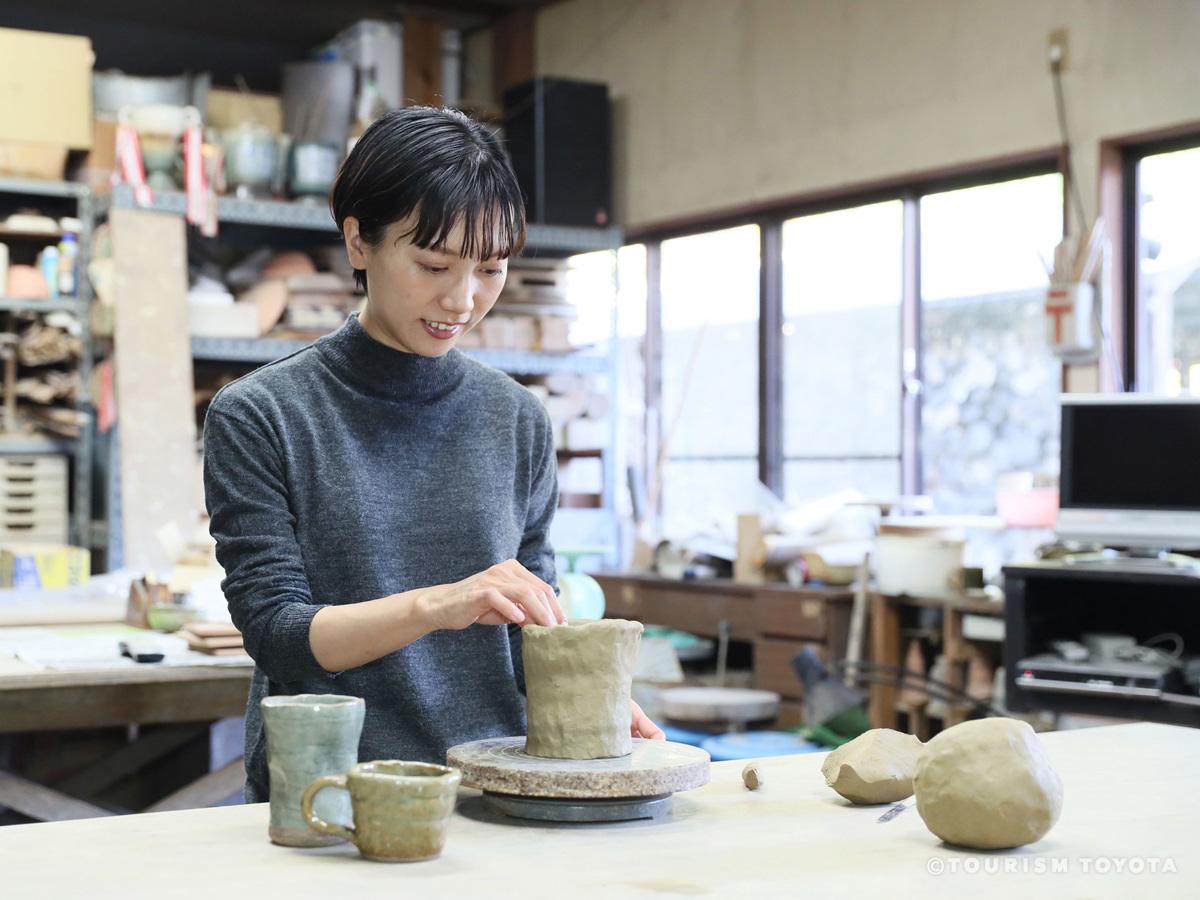
Obara Kama (Pottery Workshop)
Obara-Area
You can try your hand at pottery in the workshop. The shop also exhibits and sells a rang…
-
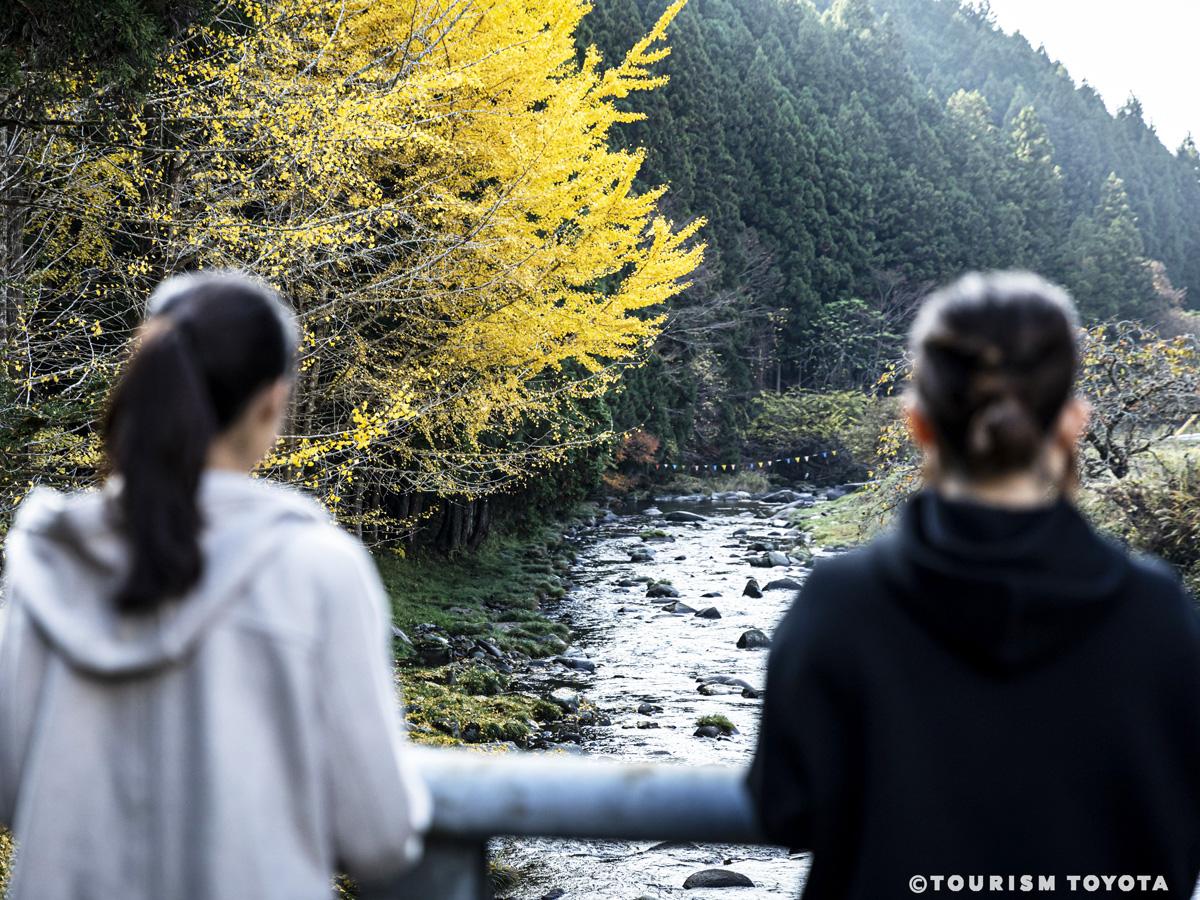
Noharagawa Tourism Center
Shimoyama-Area
Enjoy nature to the fullest from season to season with refreshing breezes along the clear…
-
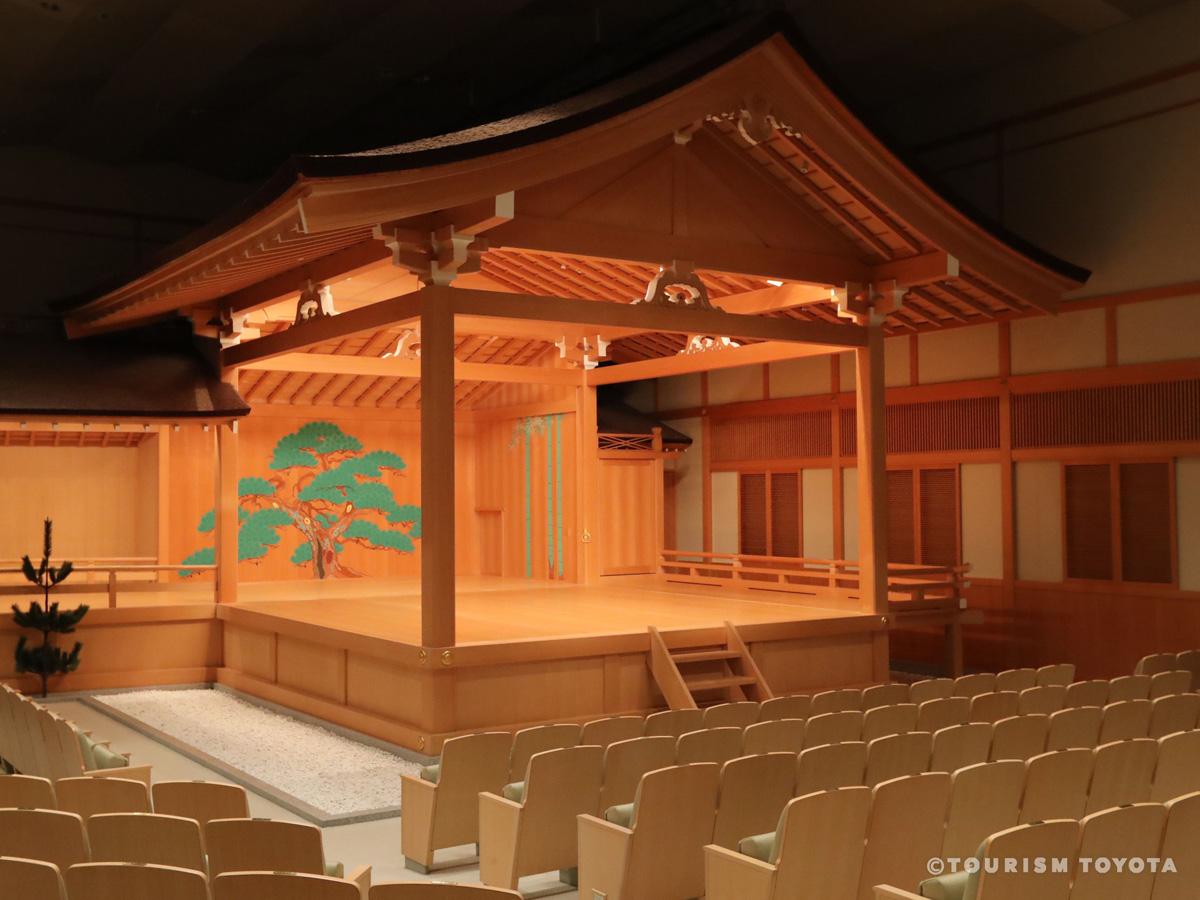
Toyota City Concert Hall - Nohgakudo
Toyota-Area
A Noh theater in the Toyota Sangohkan urban redevelopment building. Featuring a Kirizuma-…
-
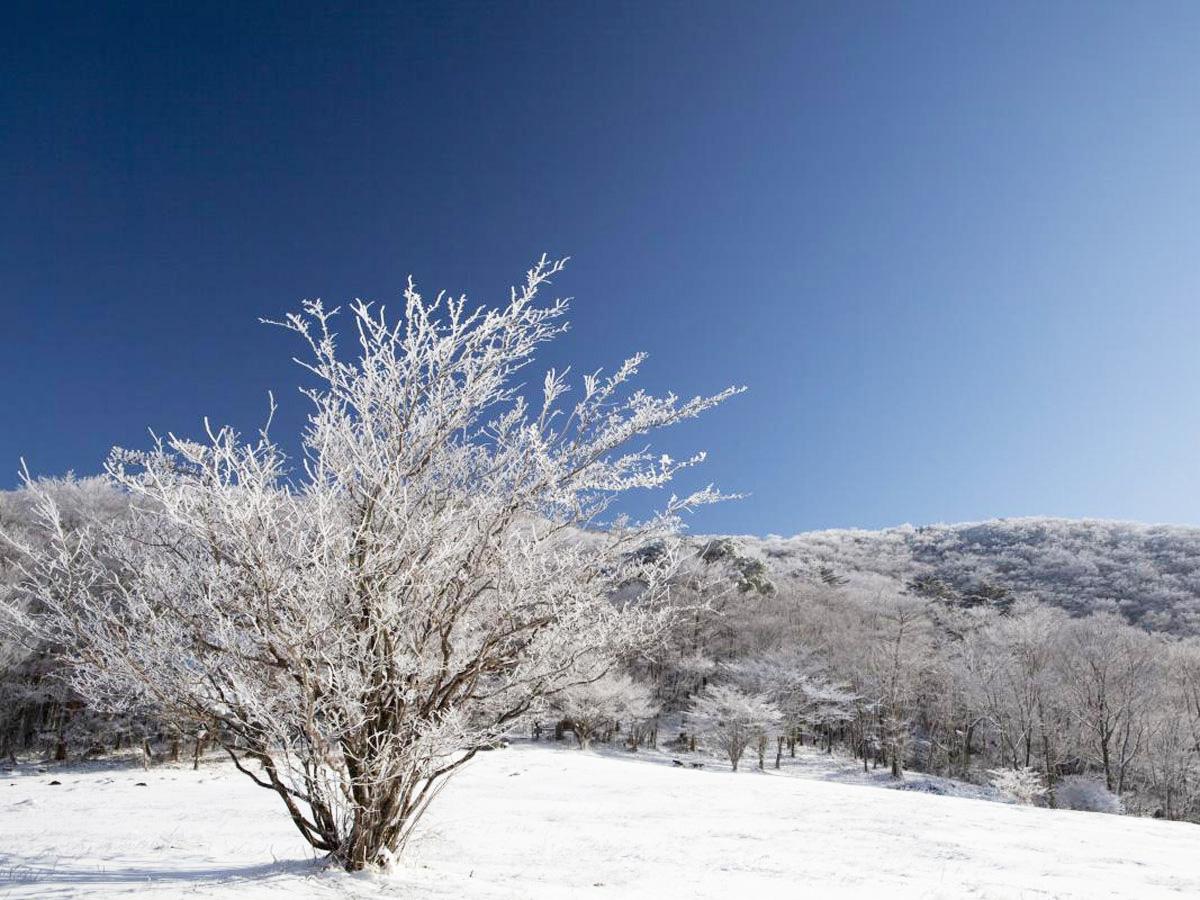
Mennoki Soft Rime Virgin Forest
Inabu-Area
The virgin forest of Mennoki, filled with beech trees over 300 years old, is designated a…

-
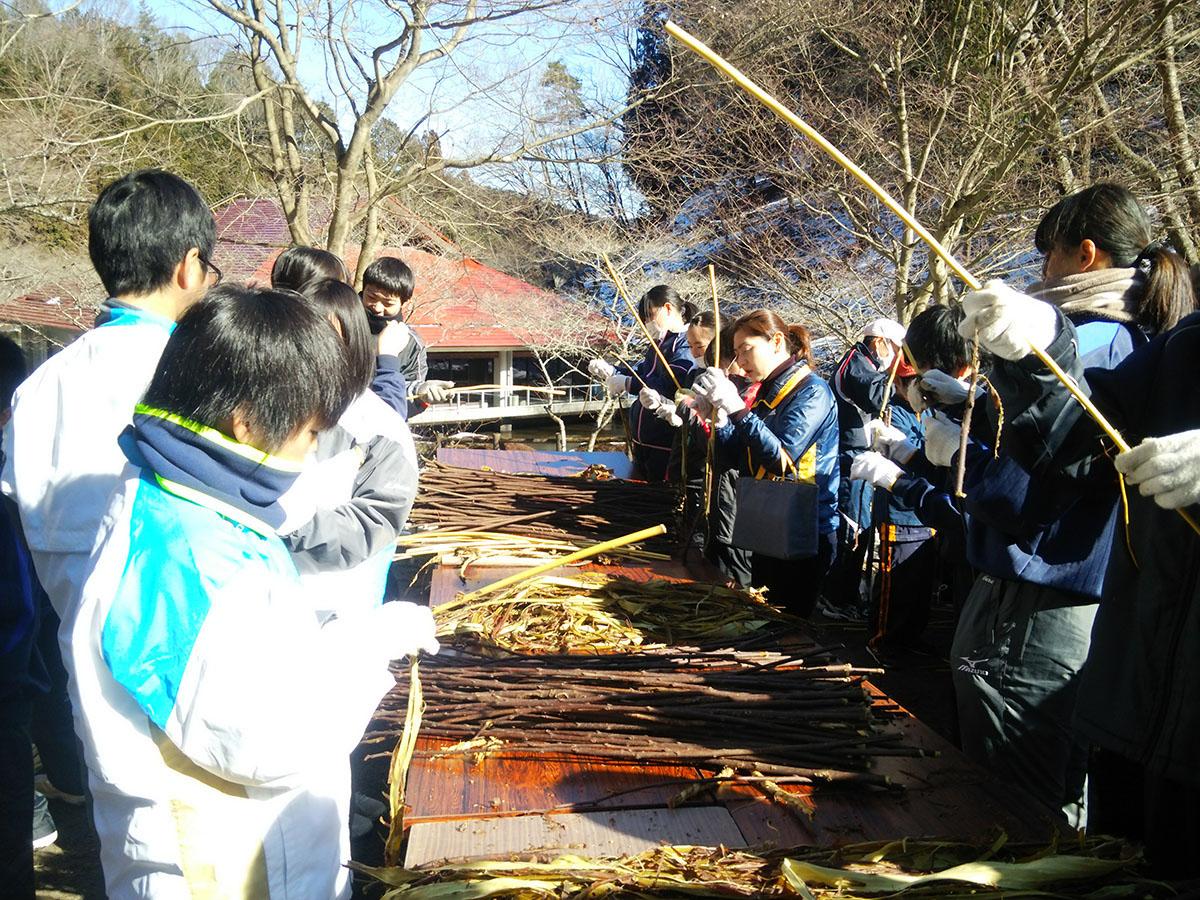
Kanzokashiki Washi Japanese Paper Making Experience
Obara-Area
Toyotashi Obara Paper Art Museum (Toyotashi Washi-no-Furusato) annually hosts the Kanzoka…

-
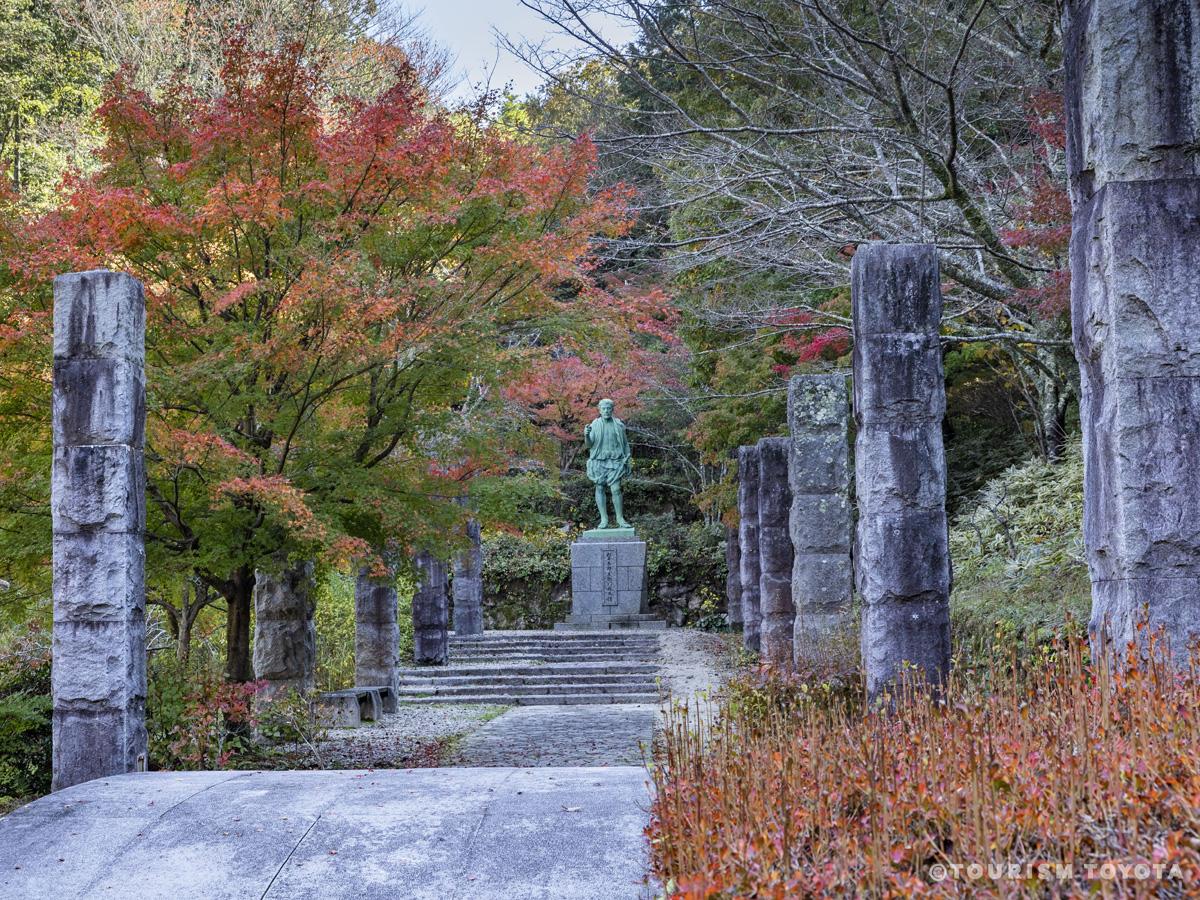
Matsudaira-go Enchi Park
Matsudaira-Area
Matsudaira-go Enchi Park is a five-acre expanse of greenery next to the main road in the …
-
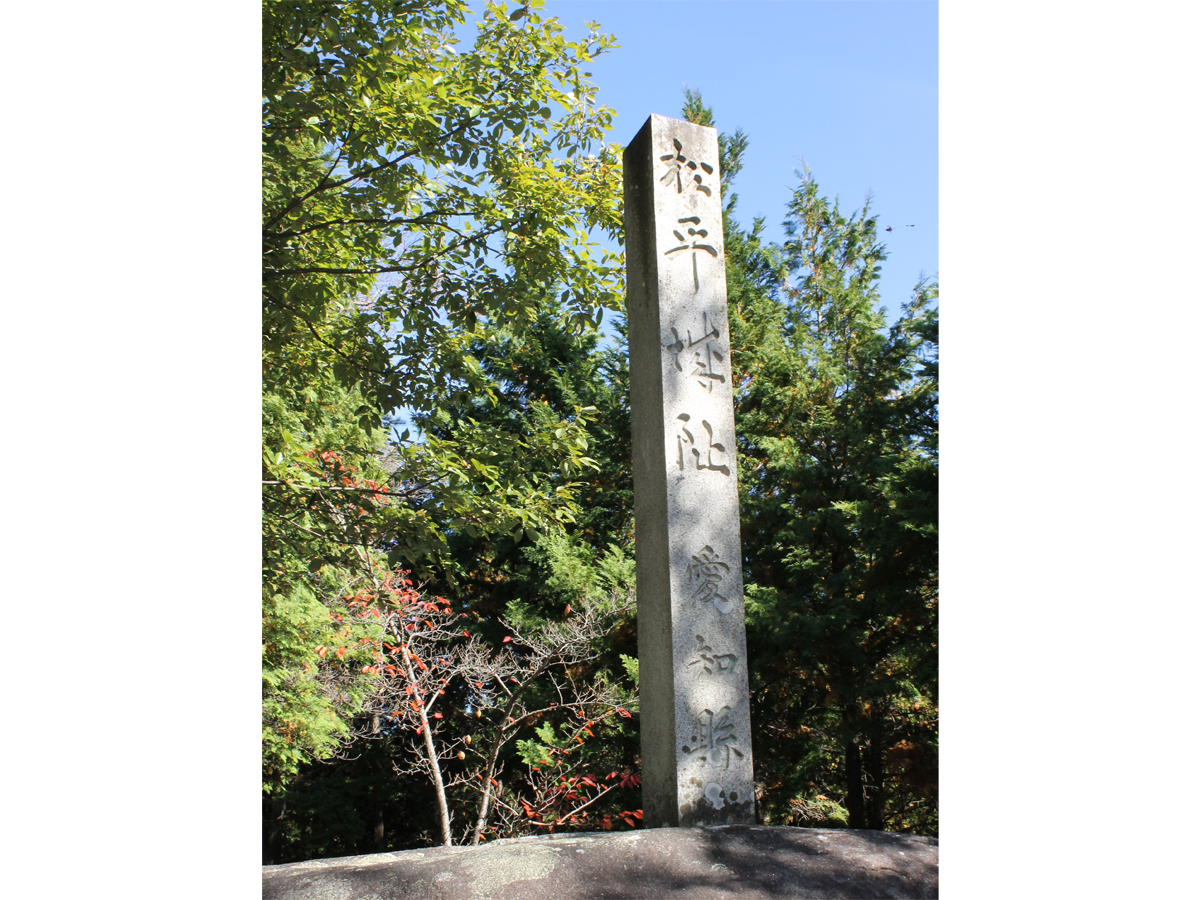
Matsudaira Castle Site
Matsudaira-Area
On a now heavily forested hill overlooking the road into the village of Matsudaira is the…
-
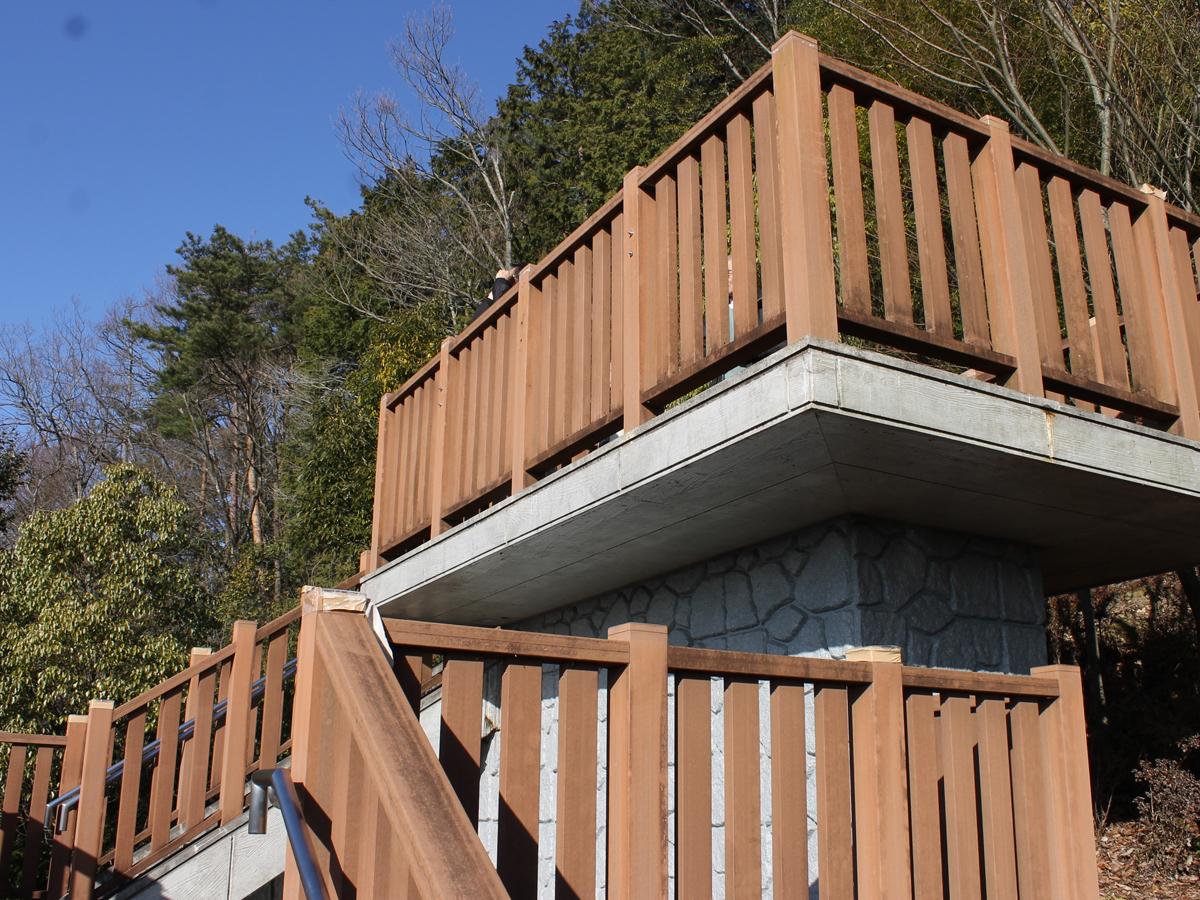
Matsudaira-go Lookout Terrace
Matsudaira-Area
-
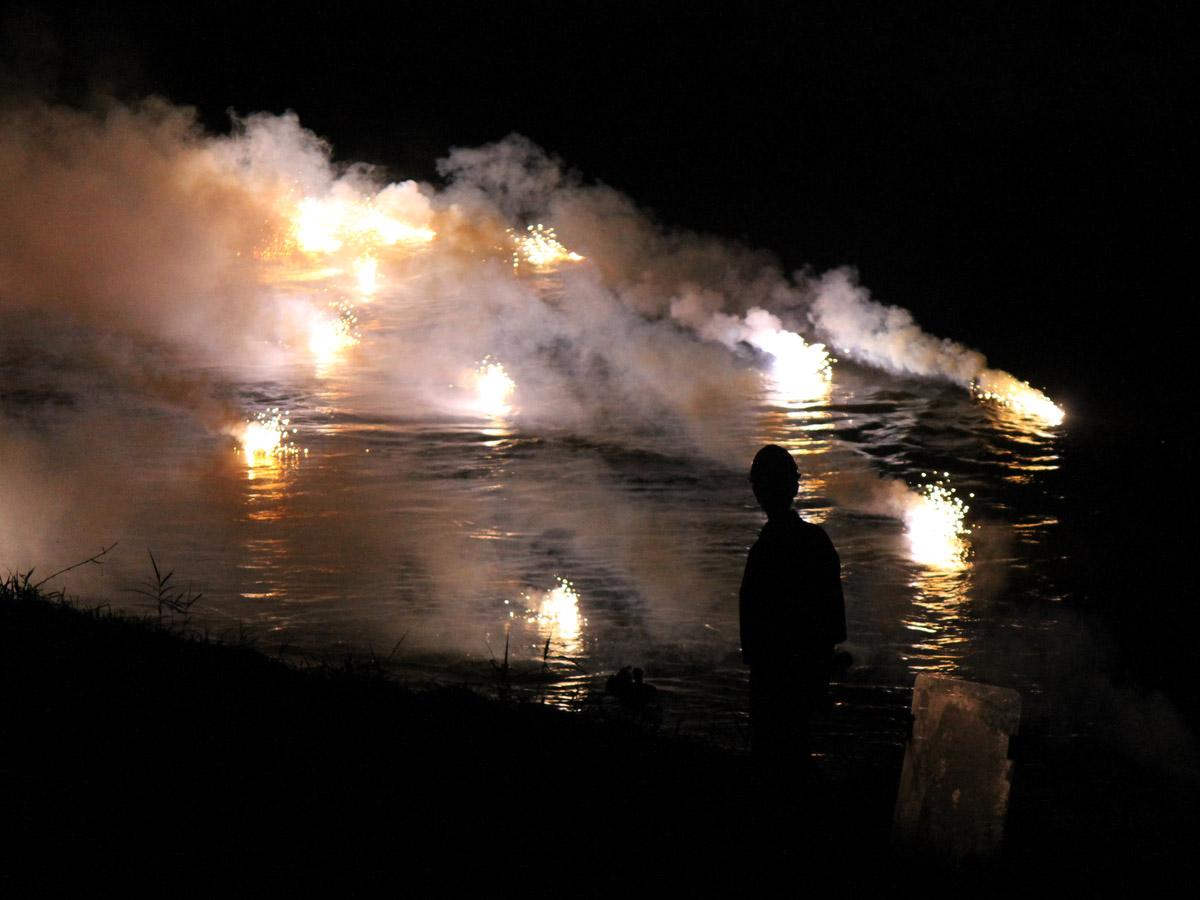
Tomoegawa Kingyo Fireworks
Matsudaira-Area
Tomoegawa Kingyo Fireworks is held annually and features an impressive display of firewor…
-
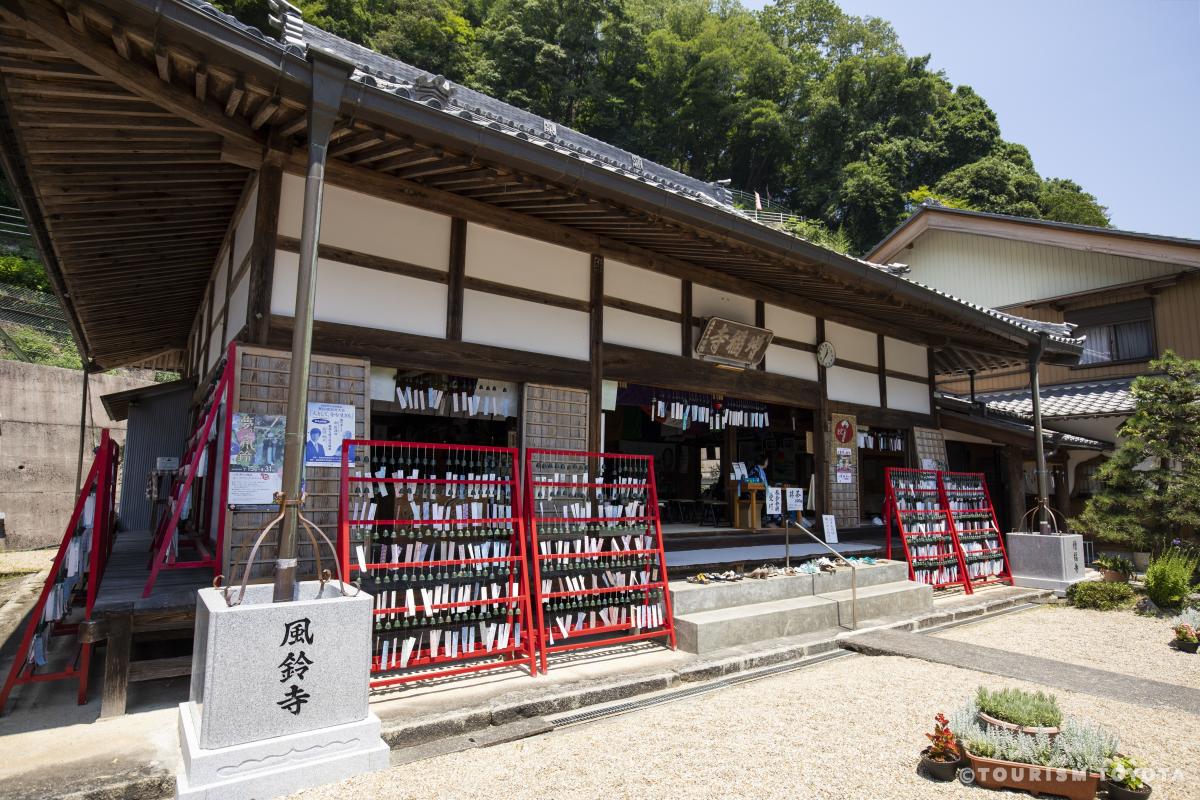
Zofukuji Temple (Furindera Temple)
Asahi-Area
Zofukuji Temple—otherwise known as “Furindera Temple”, meaning the “Wind Chime Temple”—is…
-
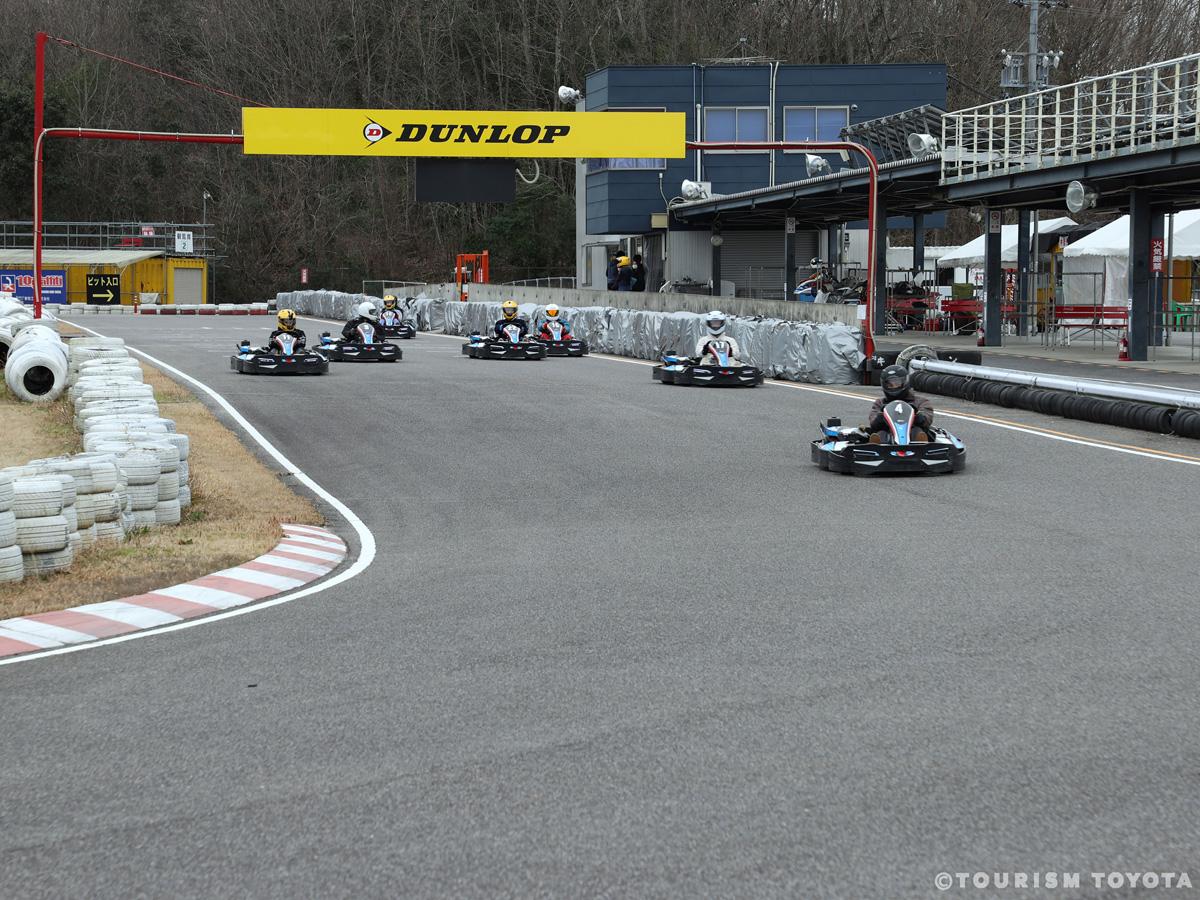
Ishino Circuit
Toyota-Area
From the rental go-kart to the helmet and gloves, everything you need for racing can be r…
-
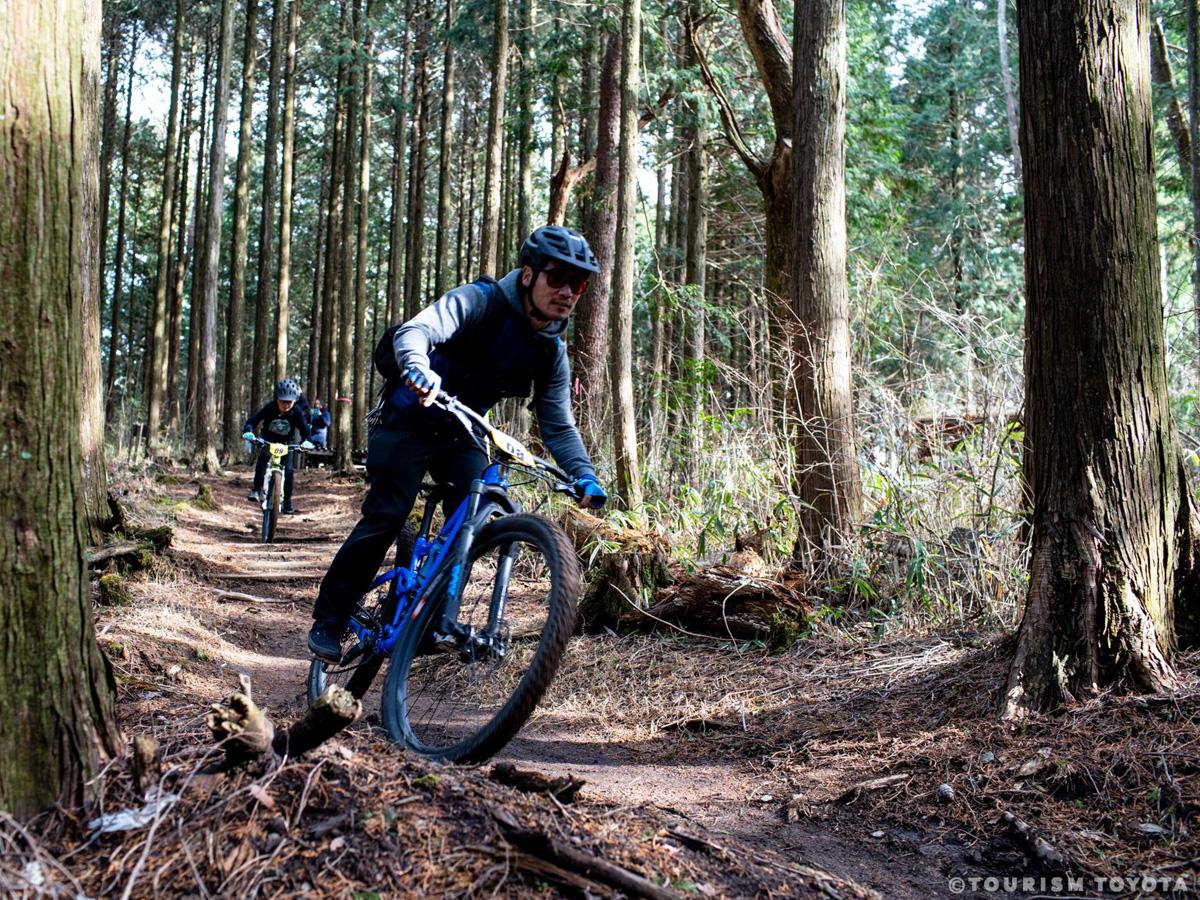
26ism Asagiri Trail
Shimoyama-Area
Experience mountain cycling at Mikawakougen Camp Village! Intended for beginner through i…
-
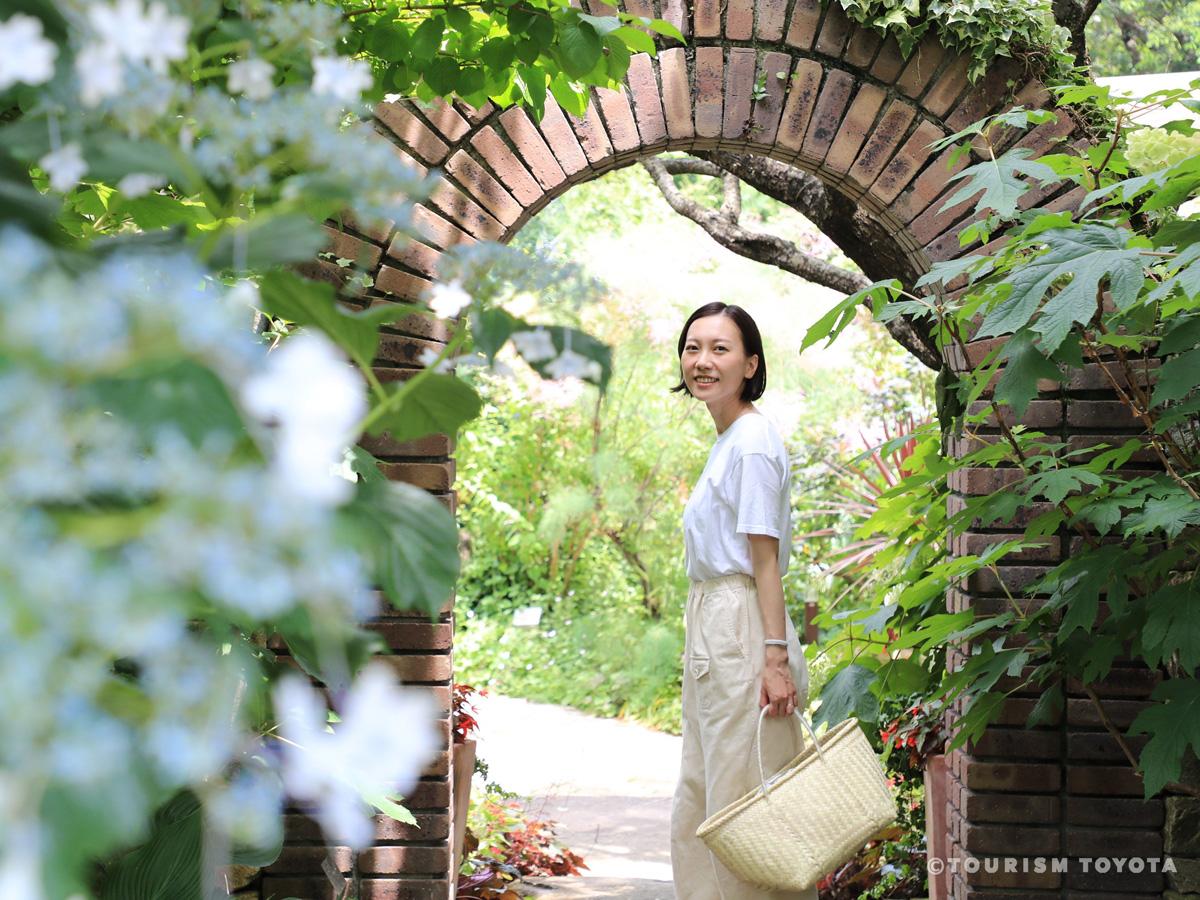
Gardening Museum Kayutei
Toyota-Area
Stroll through 28 different themed gardens, including a natural garden, a Japanese garden…
-
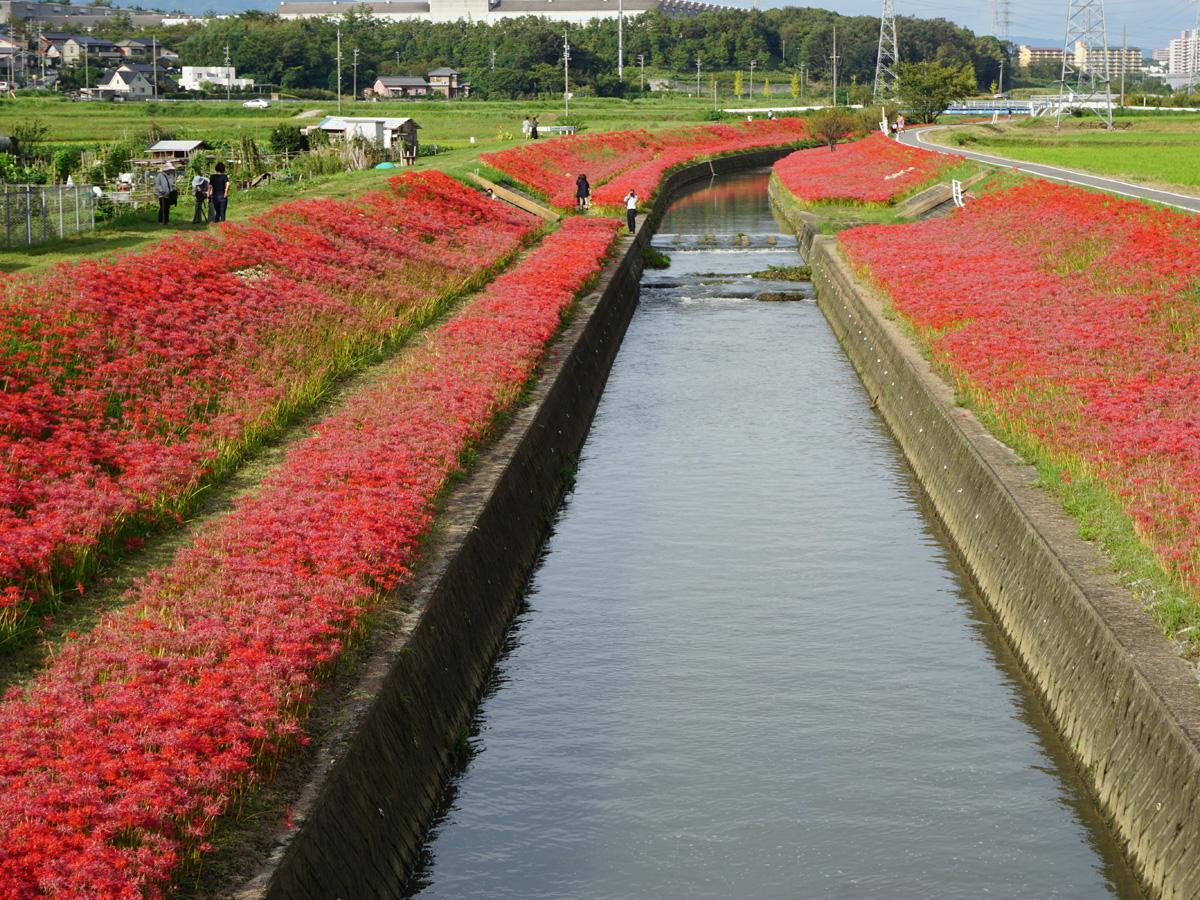
Red Spider Lilies of the Aizumame River
Toyota-Area
Approximately 450 meters of red spider lilies bloom on both banks of the Aizumame River i…
-
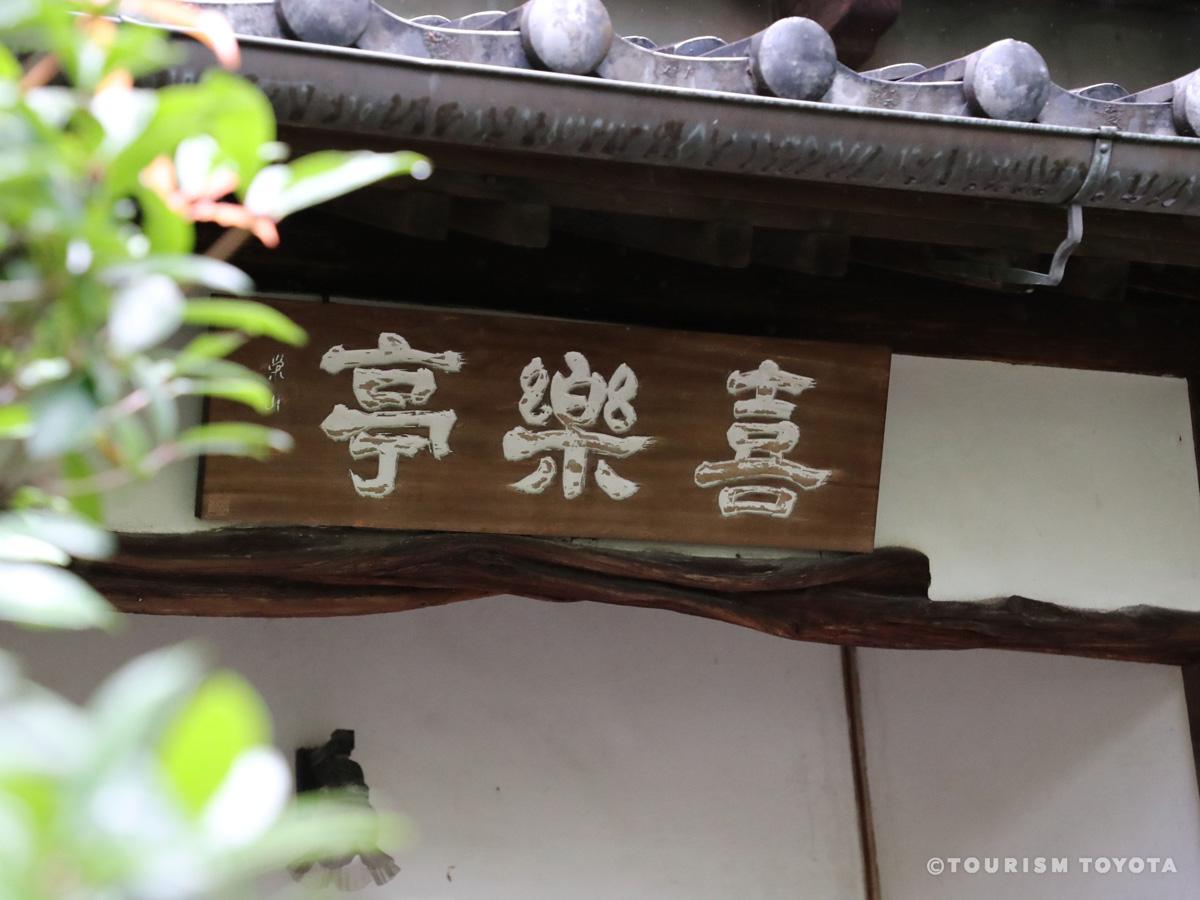
Kirakutei
Toyota-Area
Located inside the grounds of the Toyota Sangyo Bunka Center, Kirakutei is a modern Japan…
-
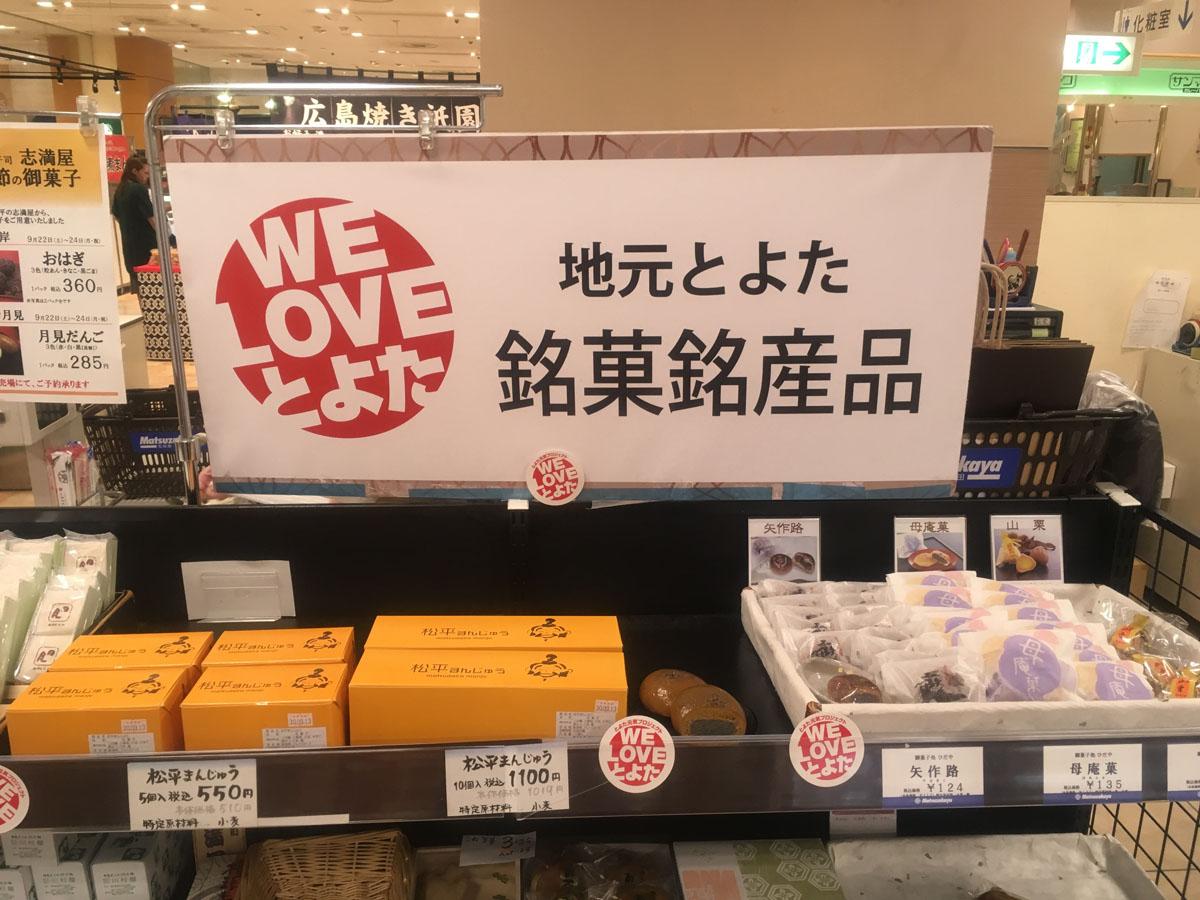
Matsuzakaya Toyota
Toyota-Area
Only a one-minute walk from Meitetsu Toyotashi Station, the Matsuzakaya Toyota department…
-
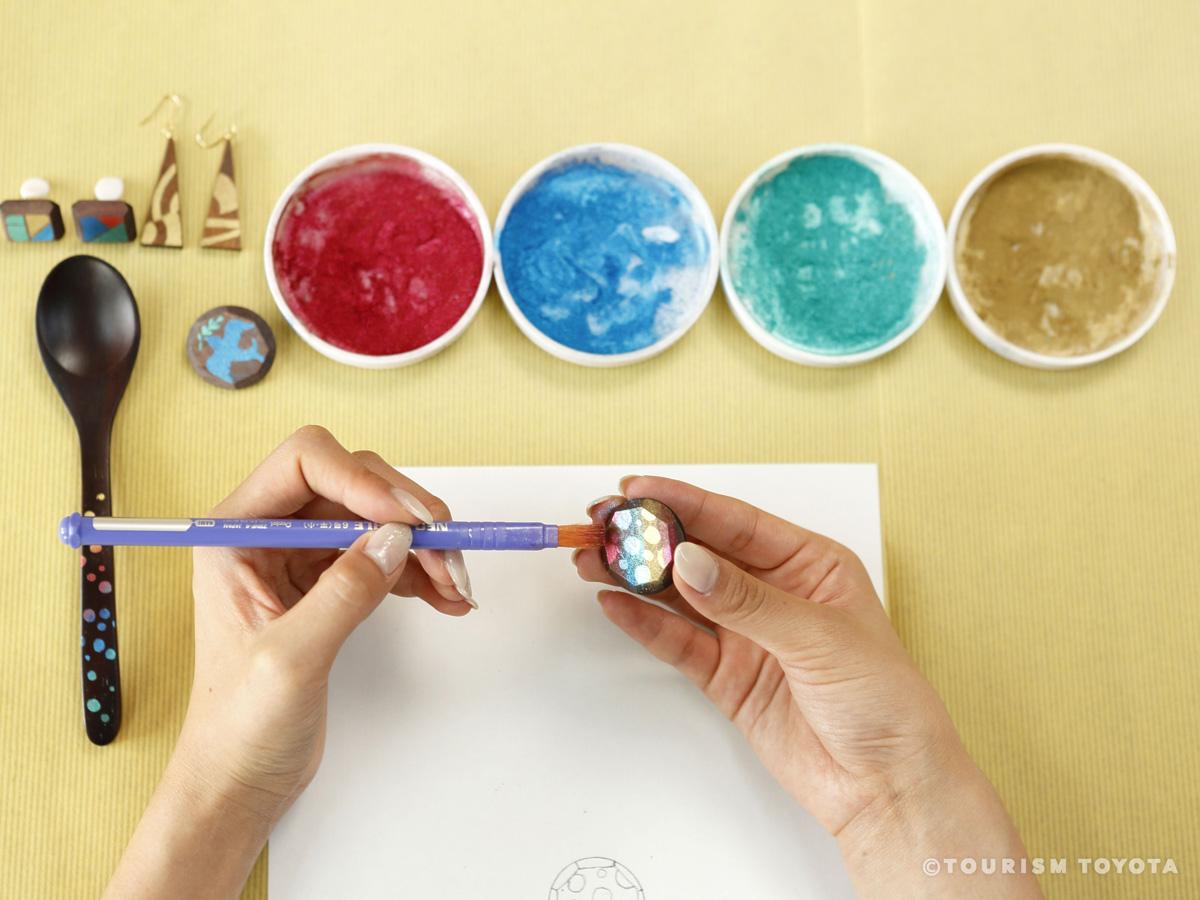
Sasahira Workshop
Obara-Area
Sasahira Workshop holds classes on making artistic handicrafts with lacquer or Japanese w…
-
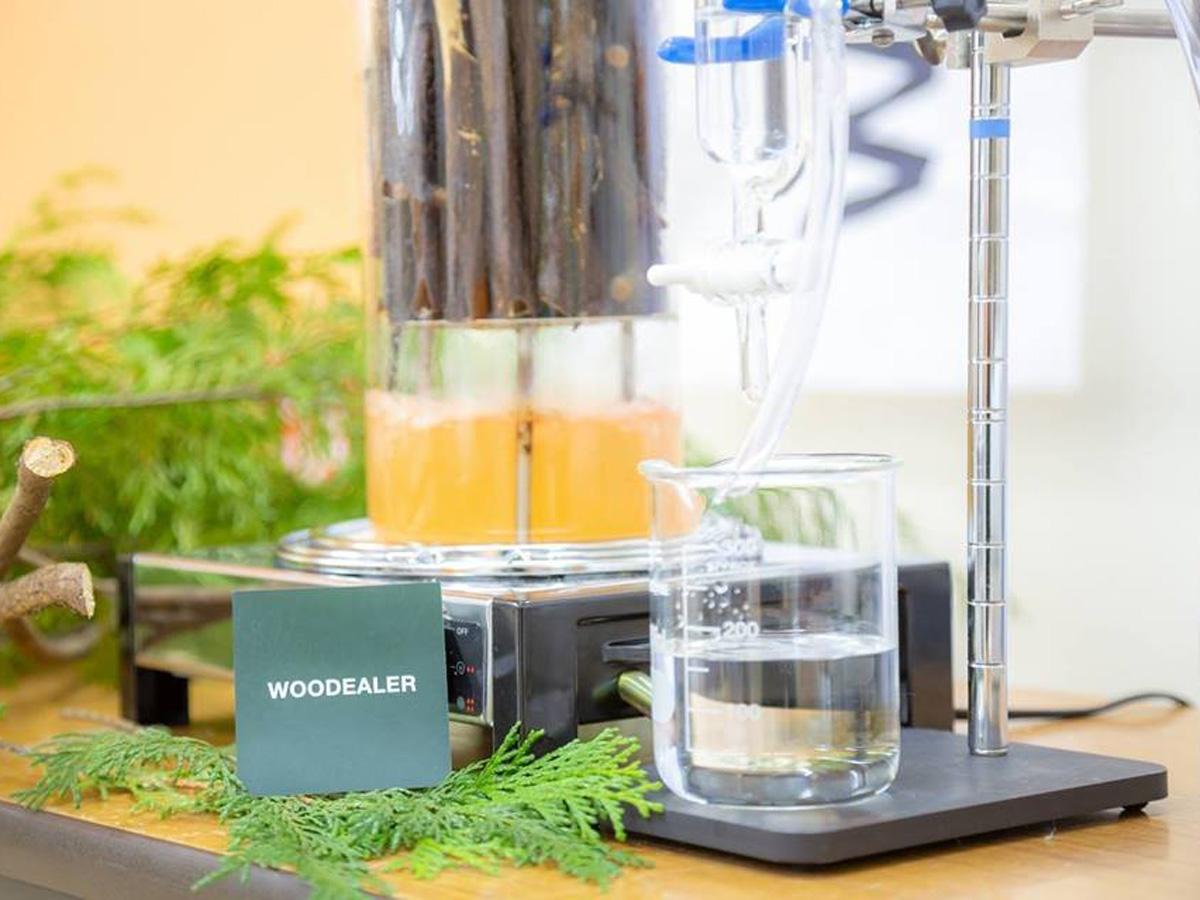
WOODEALER Toyota
Toyota-Area
At WOODEALER Toyota, Japanese cypress, Japanese cedar, and spicebush foliage from woods i…
-
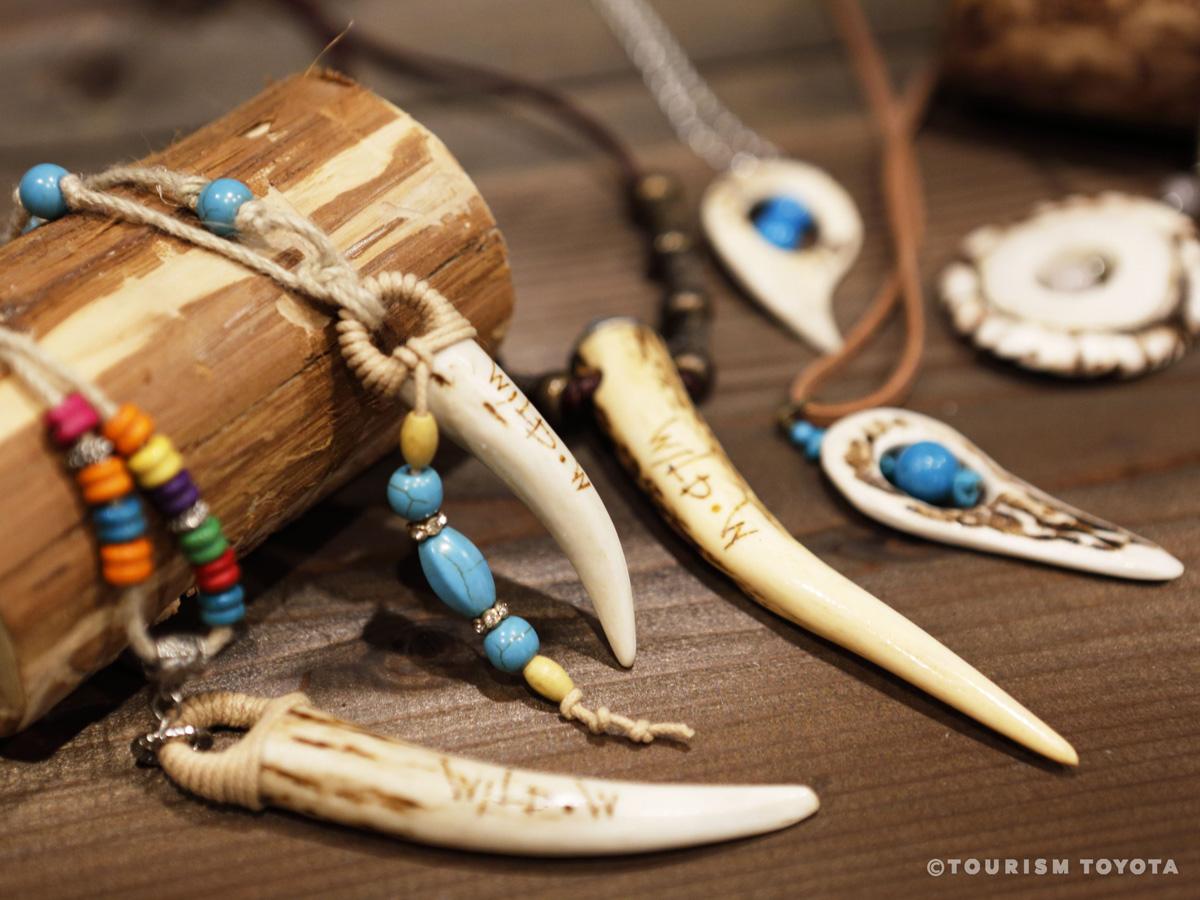
Sanshu Shishi Mori Shachu
Asuke-Area
Sanshu Shishi Mori Shachu is a workshop and gallery offering a range of accessory and cra…
-
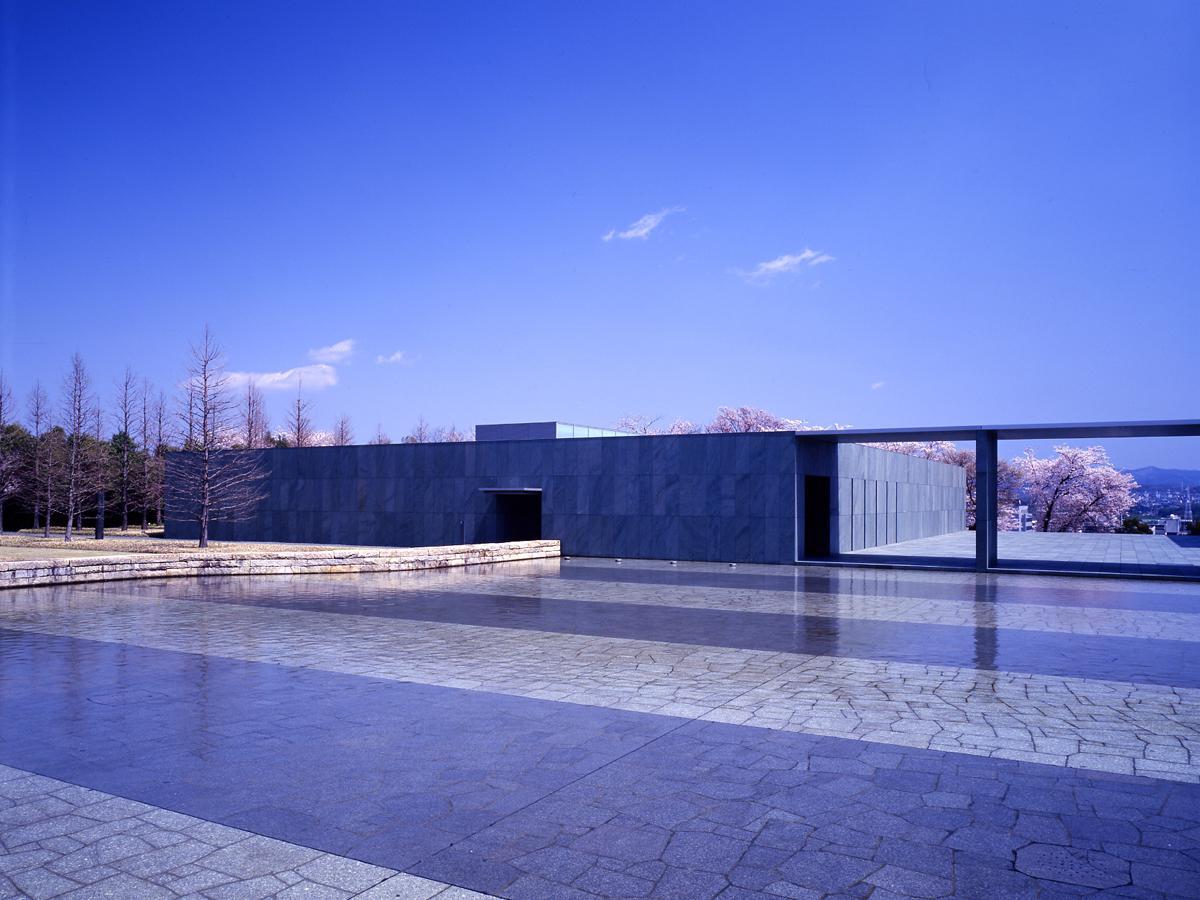
Toyota Municipal Museum of Art: Takahashi Setsuro Gallery
Toyota-Area
-

Gustav Klimt: Vienna - Japan 1900
Toyota-Area
The Gustav Klimt: Vienna – Japan 1900 exhibition takes place at the Toyota Municipal Muse…
-

Karen-no-Yakata Newly Reopened
Shimoyama-Area
-
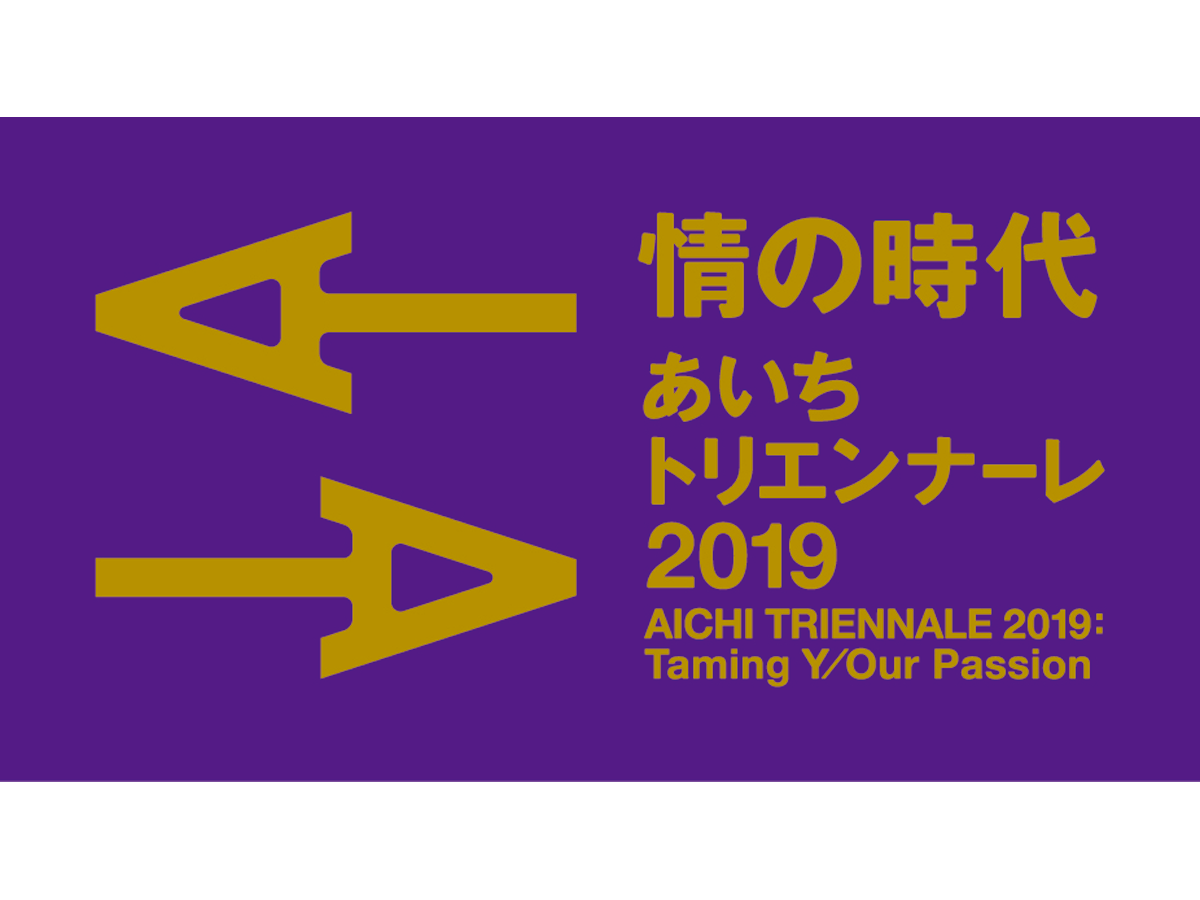
Aichi Triennale 2019
Toyota-Area
One of the largest international contemporary art festivals in Japan, the Aichi Triennale…
-
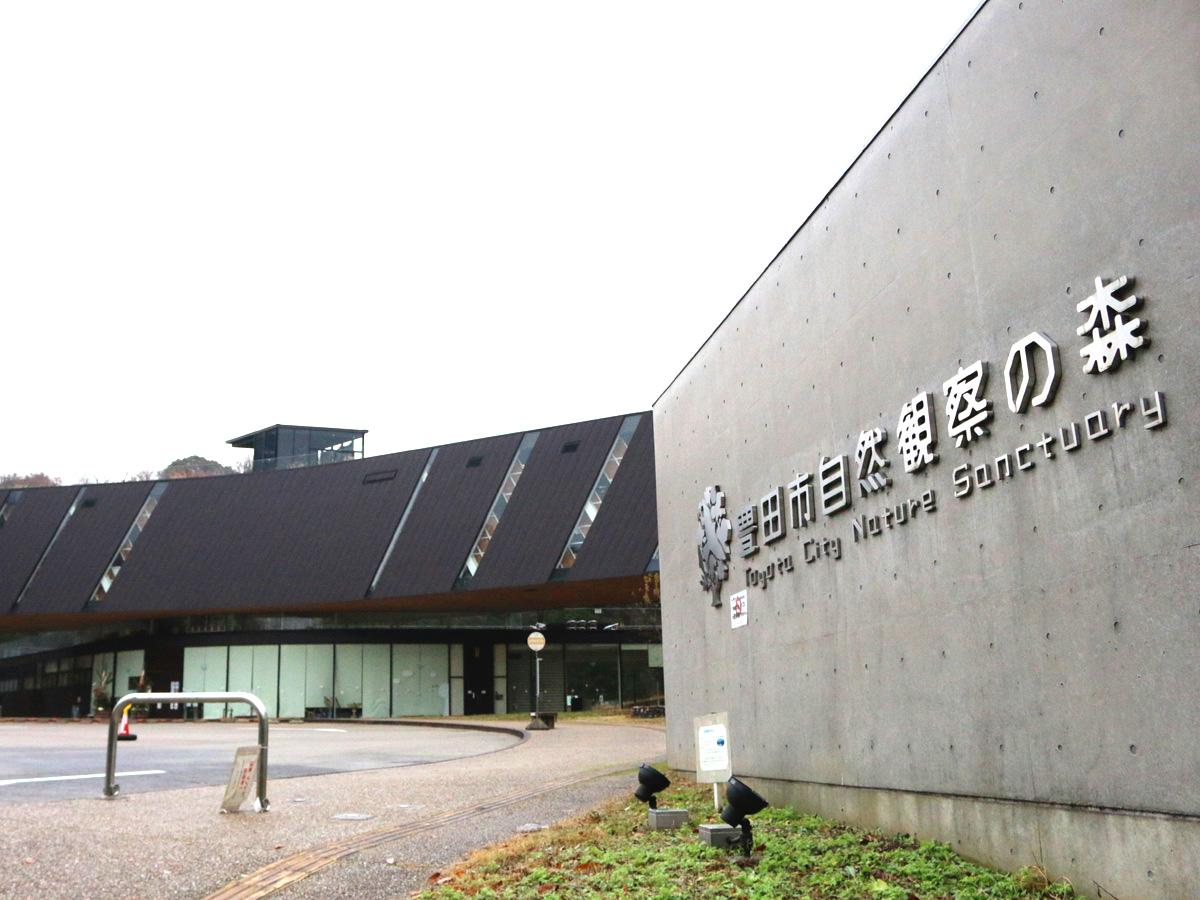
Toyota City Nature Sanctuary
Toyota-Area
At Toyota Nature Sanctuary you can get close to nature, learn about the natural world, an…
-

Grand Opening of "Kawa-no-Ne" within Country Restaurant Keiryuusou!
Asahi-Area
-

World Rally Championships Japan Round "Rally Japan 2020"
Wide-Area
The World Rally Championship (WRC) run by the Federation Internationale de l’Automobile (…
-
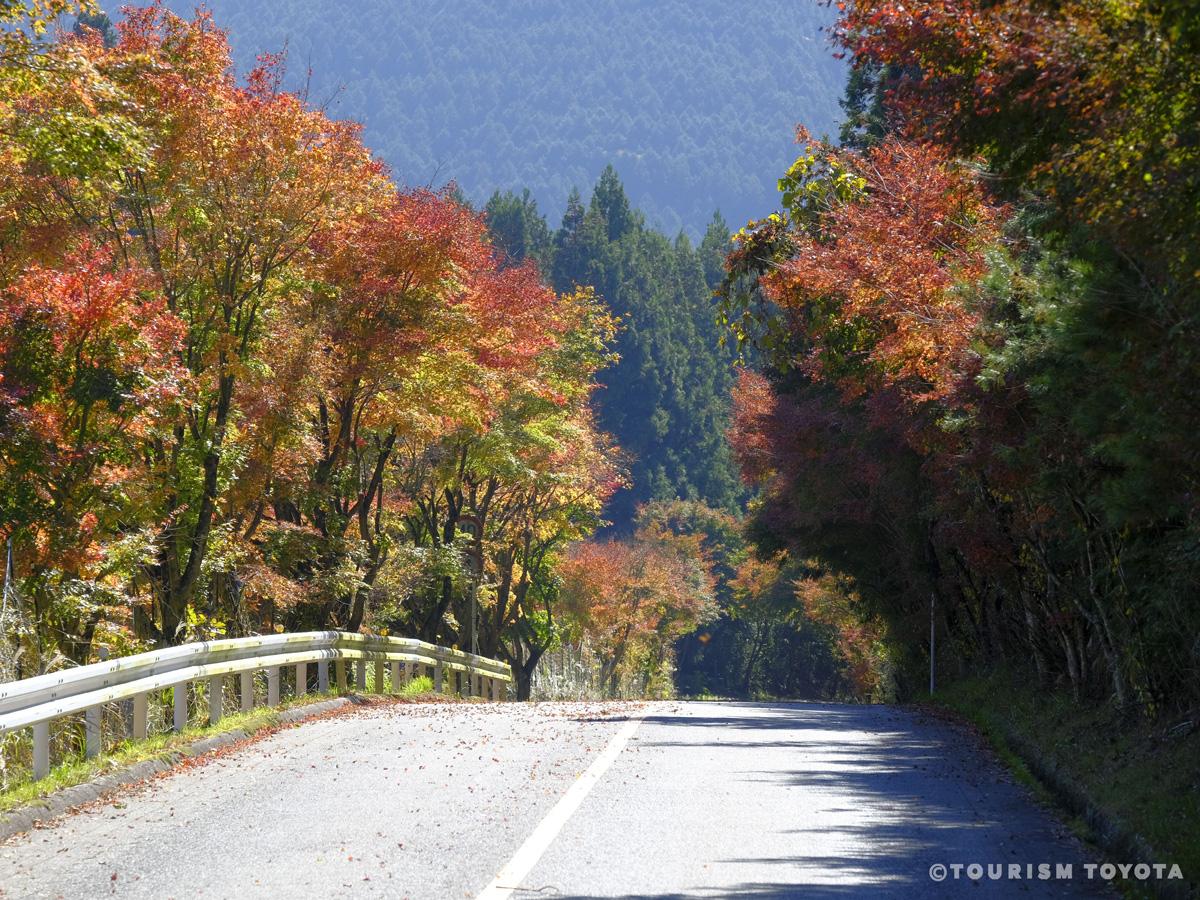
Maple Leaves Road (Momiji Kaido)
Shimoyama-Area
Located in the Shimoyama area of Toyota City, Maple Leaves Road (Momiji Kaido), is a stre…
-
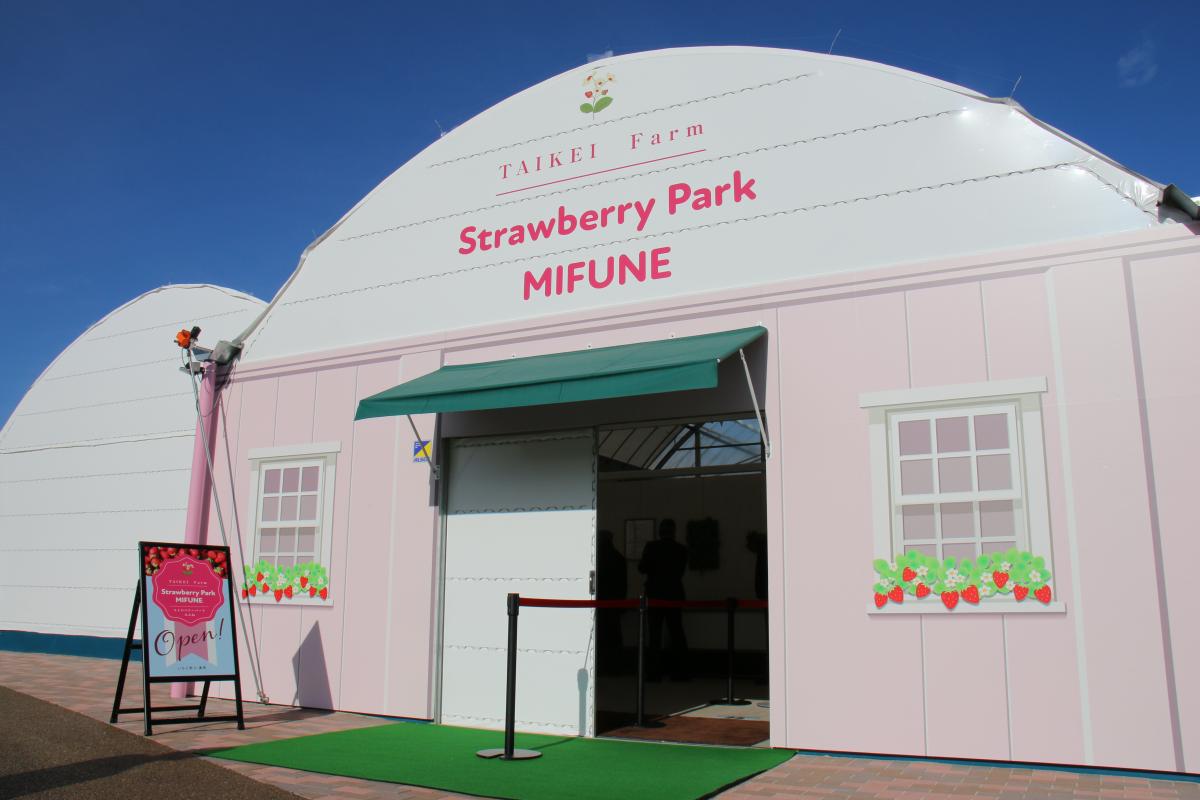
Strawberry Park MIFUNE
Toyota-Area
Strawberry Park MIFUNE offers simple strawberry picking from elevated beds on concrete fl…
-
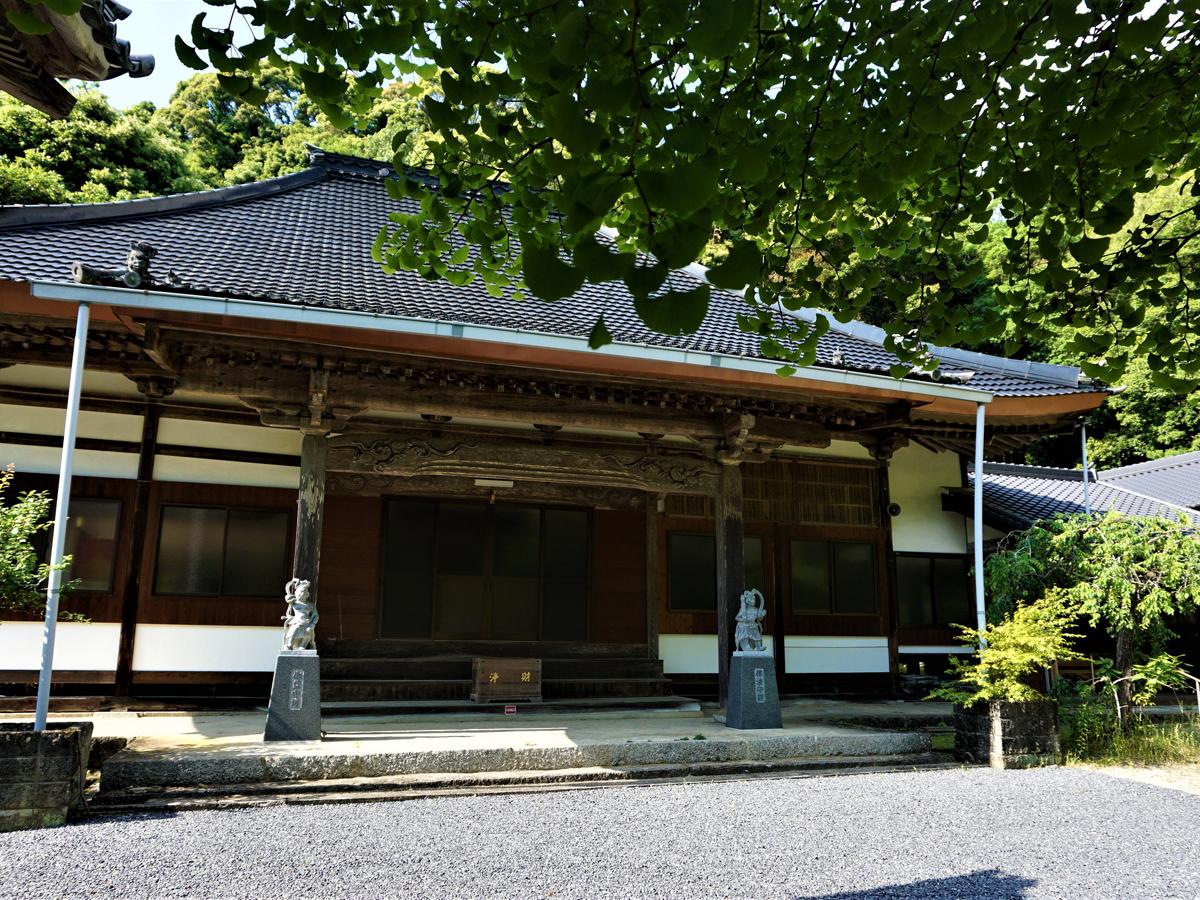
Myoshoji Temple
Matsudaira-Area
Myoshoji is a small Soto Zen temple with deep ties to the Matsudaira samurai family that …
-
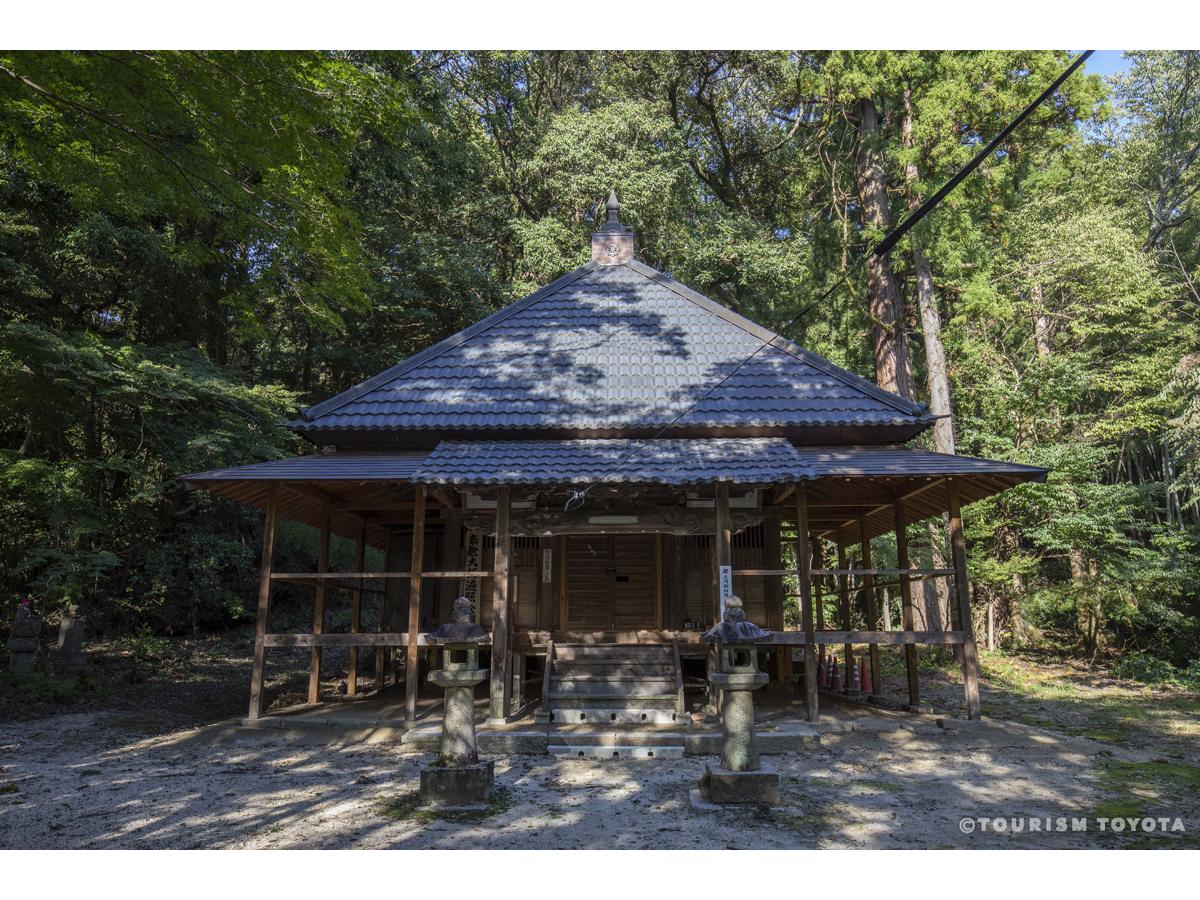
Yamanaka Kannondo Hall
Toyota-Area
Yamanaka Kannondo Hall at Sanage Shrine serves as a quiet reminder of how Shinto and Budd…


-
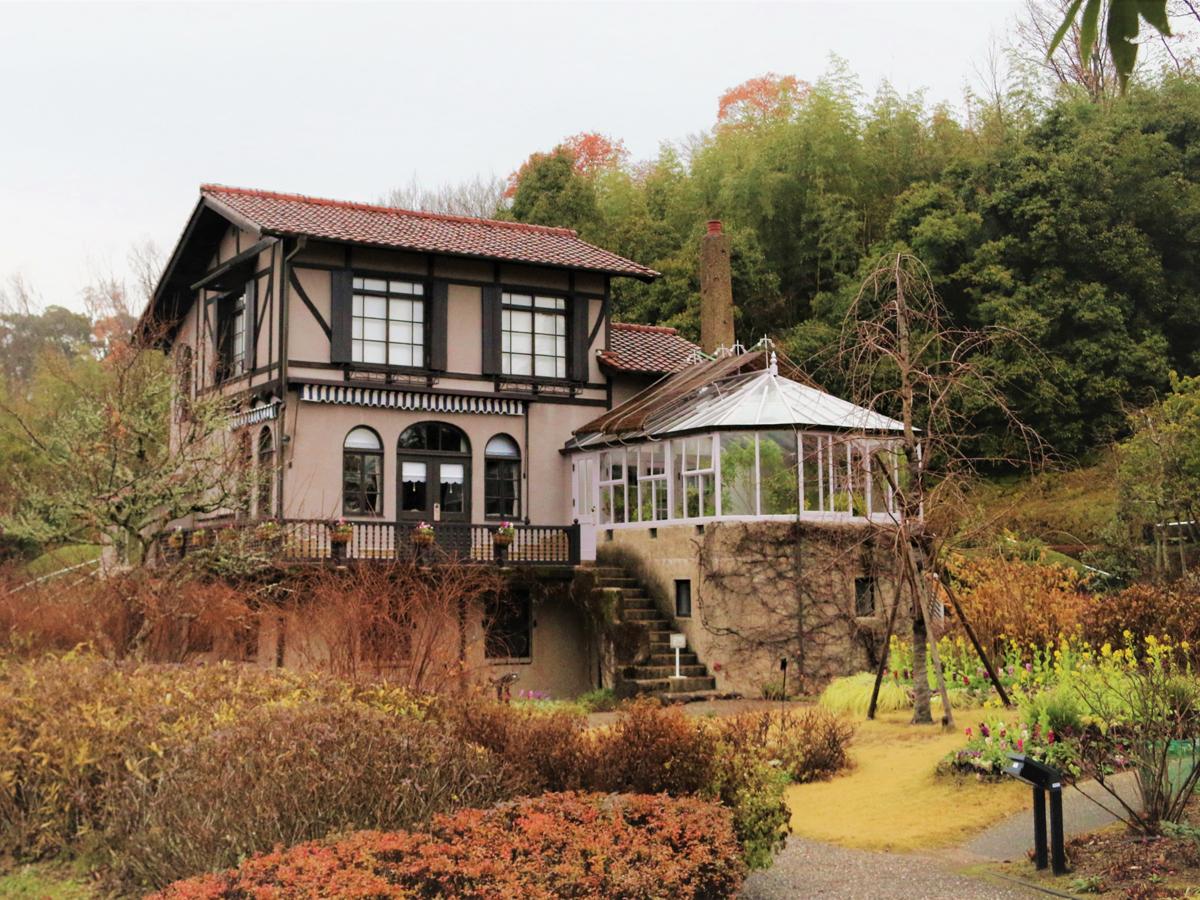
Toyoda Kiichiro’s Former Residence
Toyota-Area
-
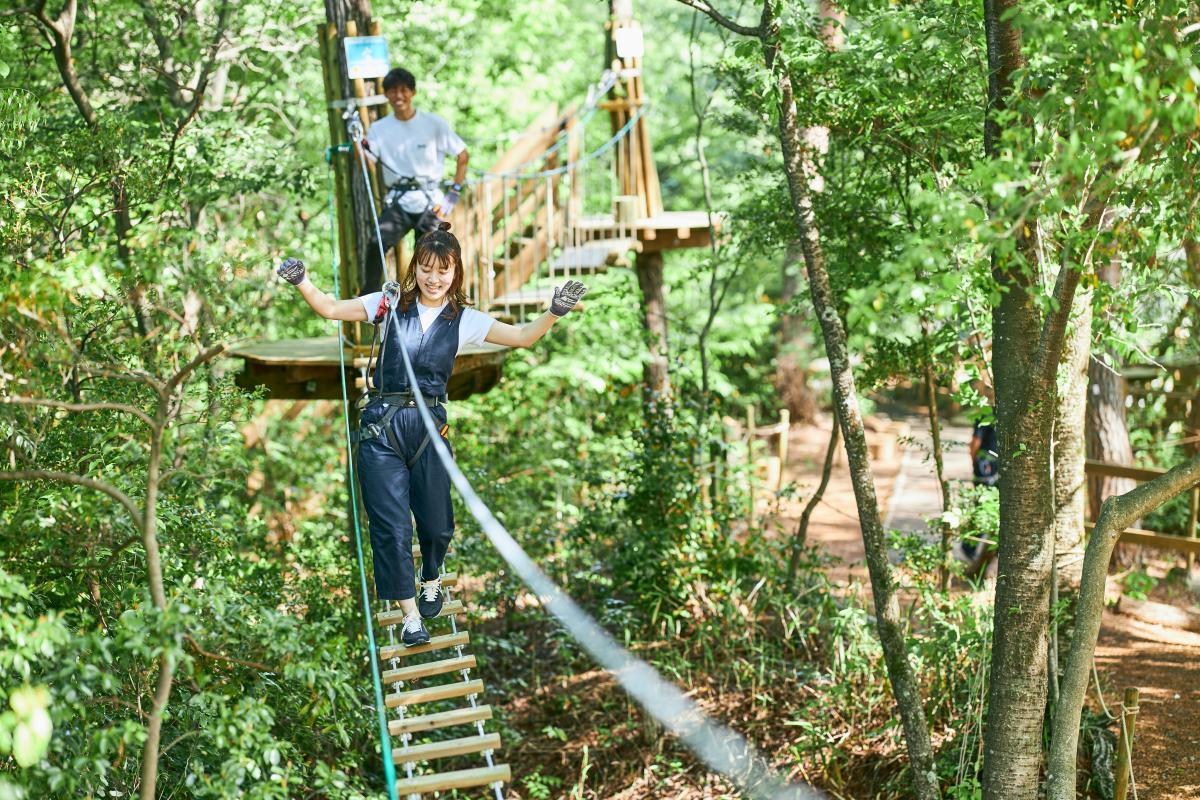
Forest Adventure TOYOTA KURAGAIKE
Toyota-Area
This adventure park allows you to walk among the forest canopy of Kuragaike Park through …




-
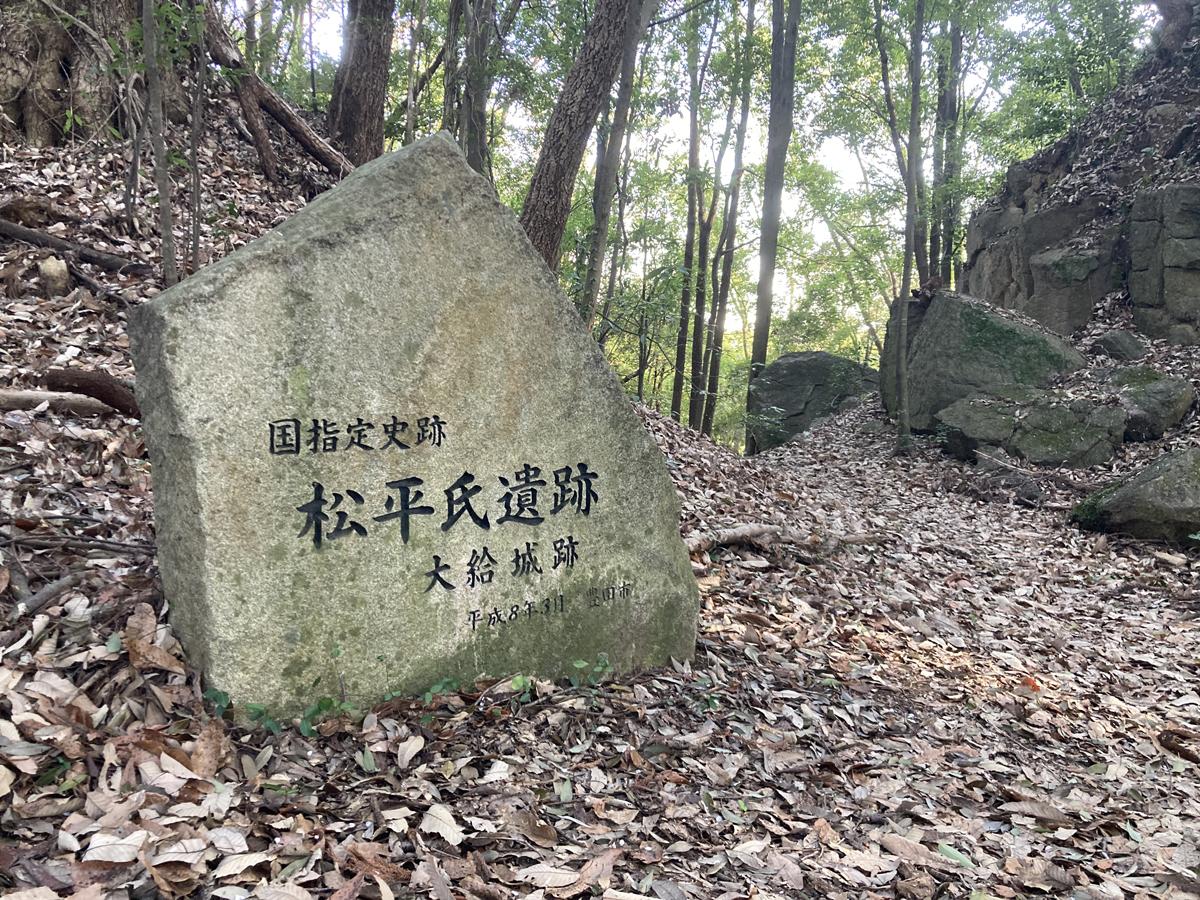
Ogyu Castle Site
Toyota-Area
Ogyu Castle was a large mountain fortress that played a significant role in local armed c…
-
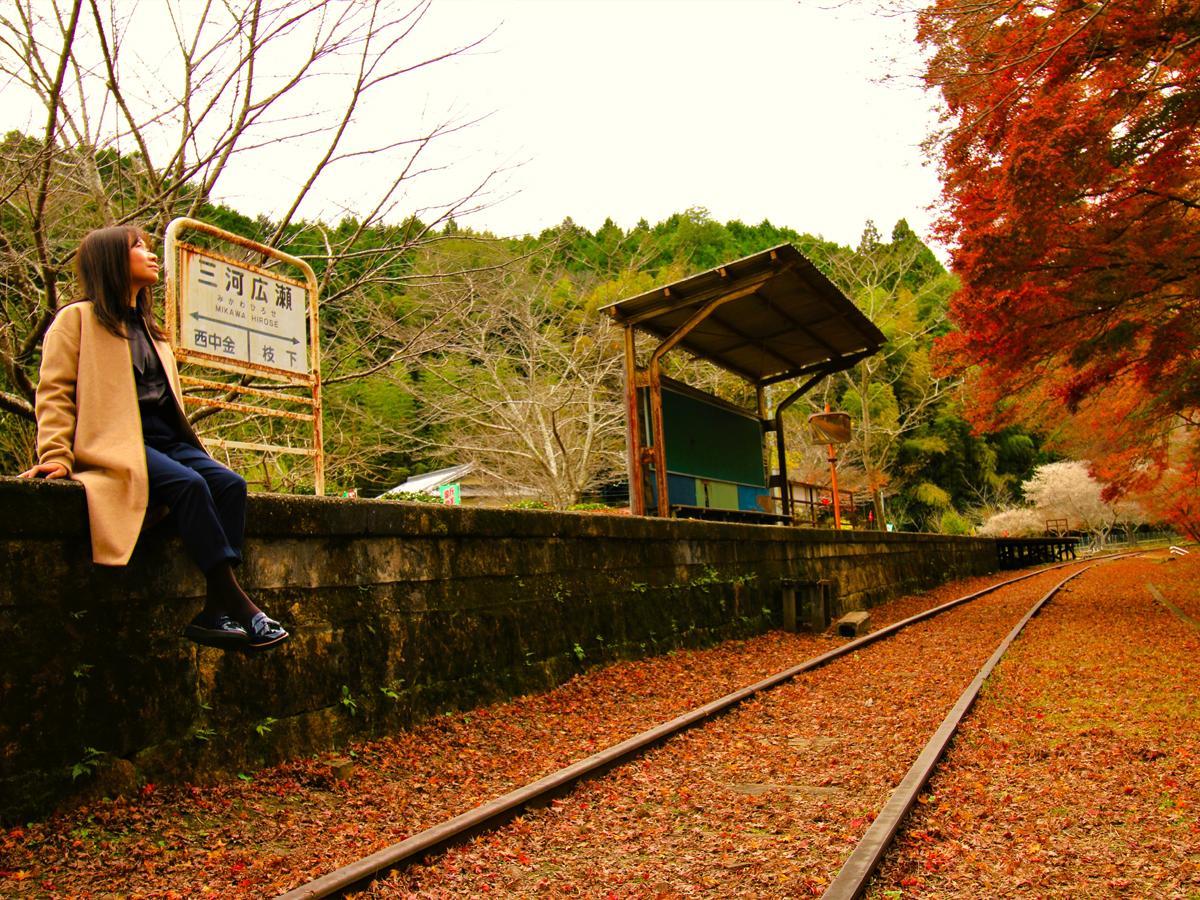
Abandoned stations along the Meitetsu Mikawa Line (Sanage Station–Nishi Nakagane Station)
Toyota-Area
Old train stations lie along the old Mikawa Line (Sanage Station–Nishi Nakagane Station) …

















